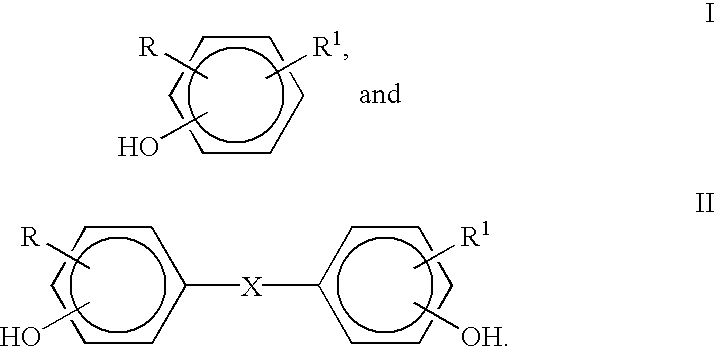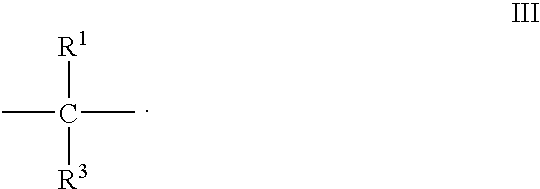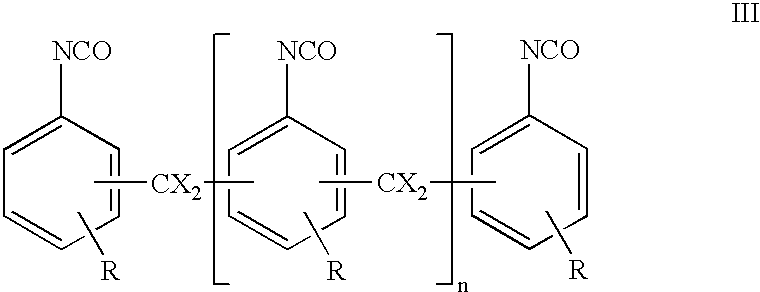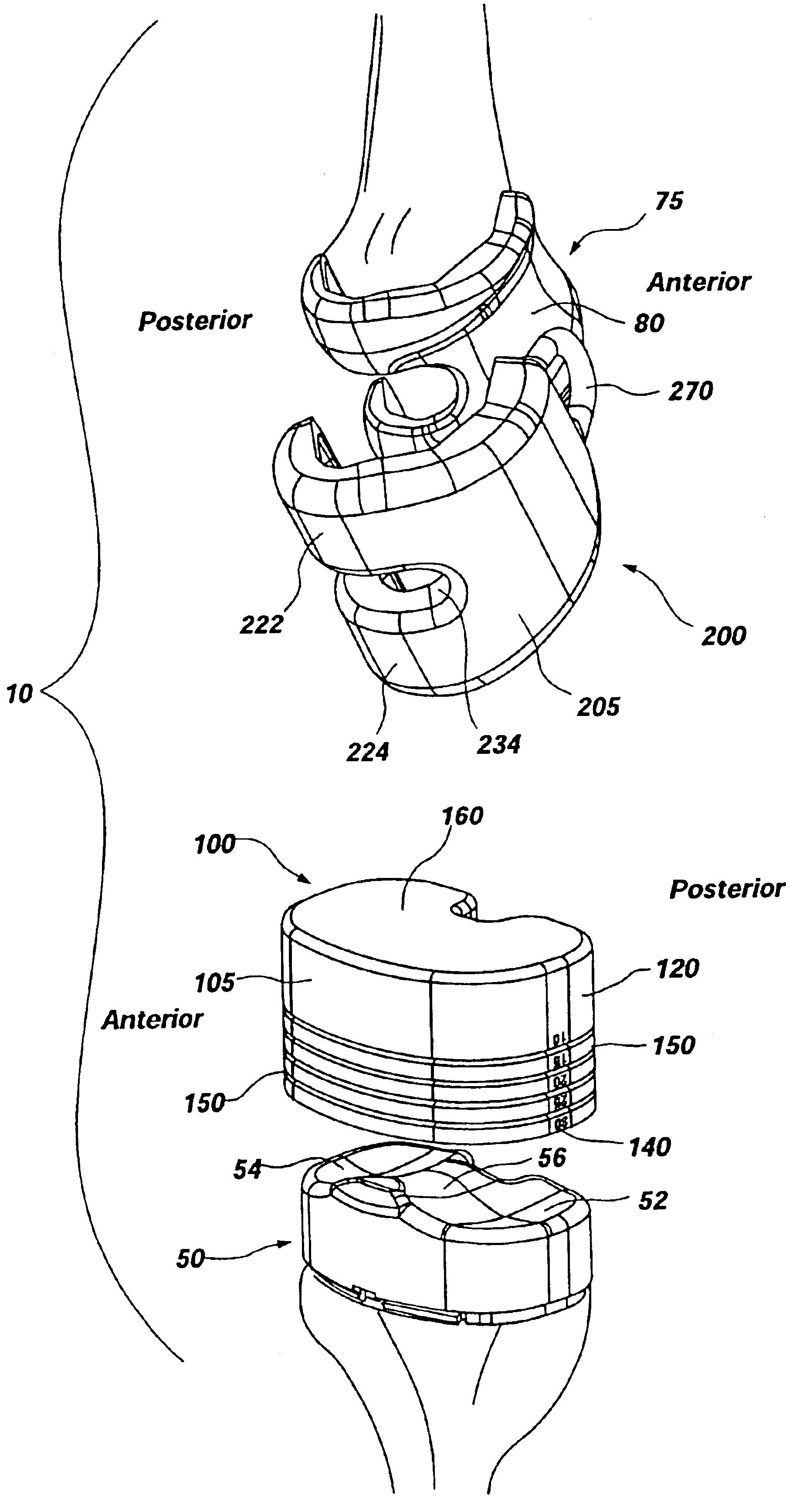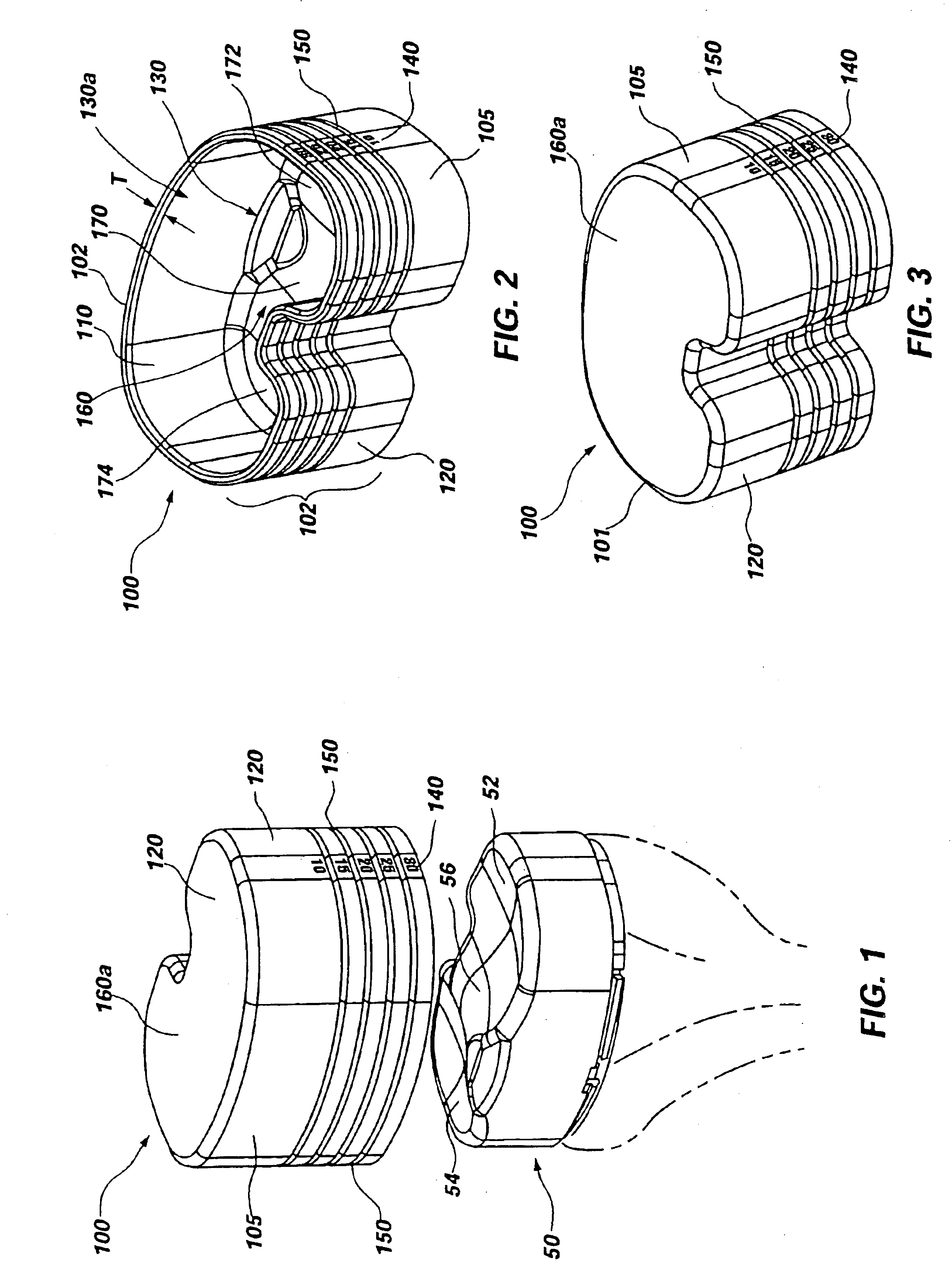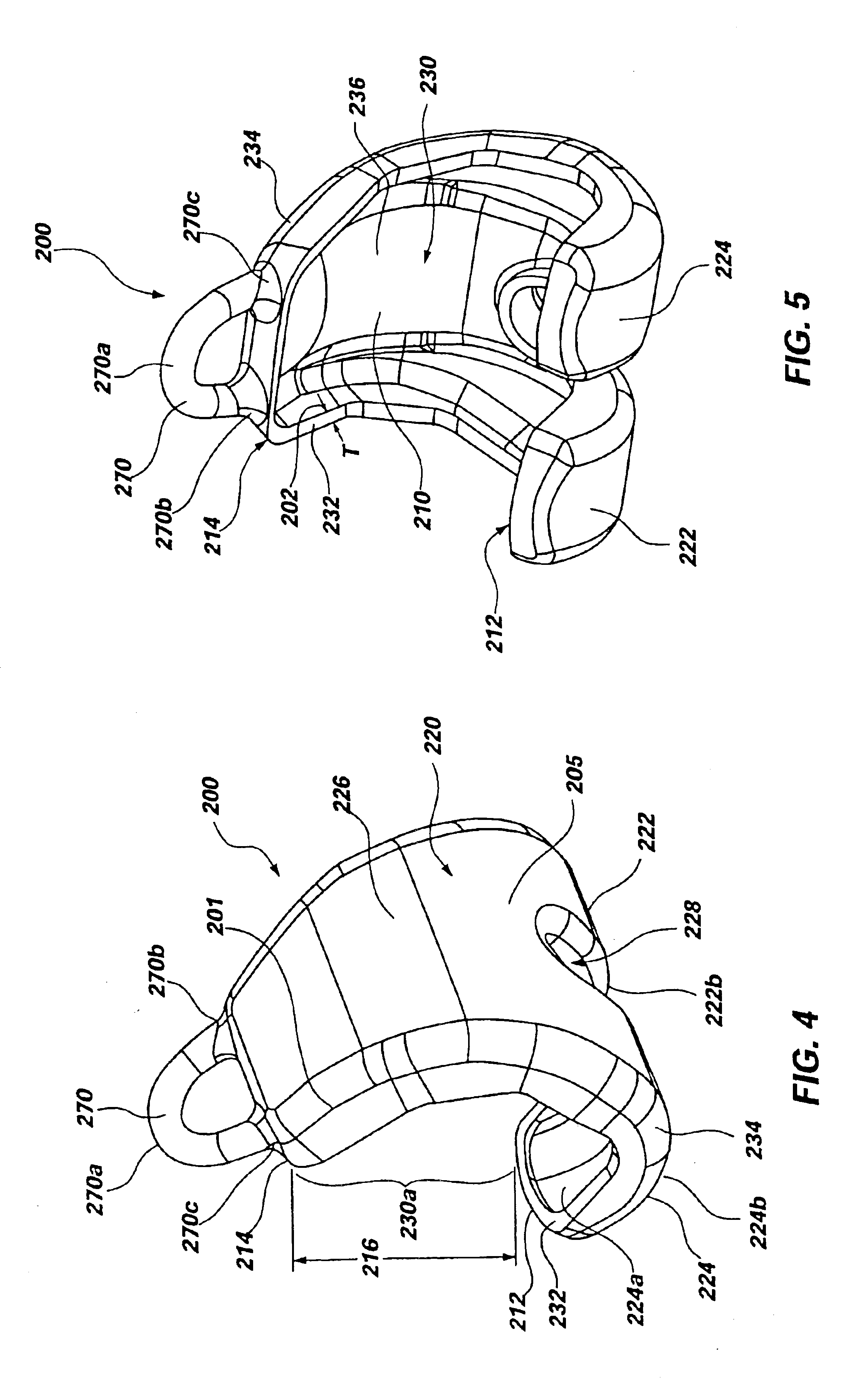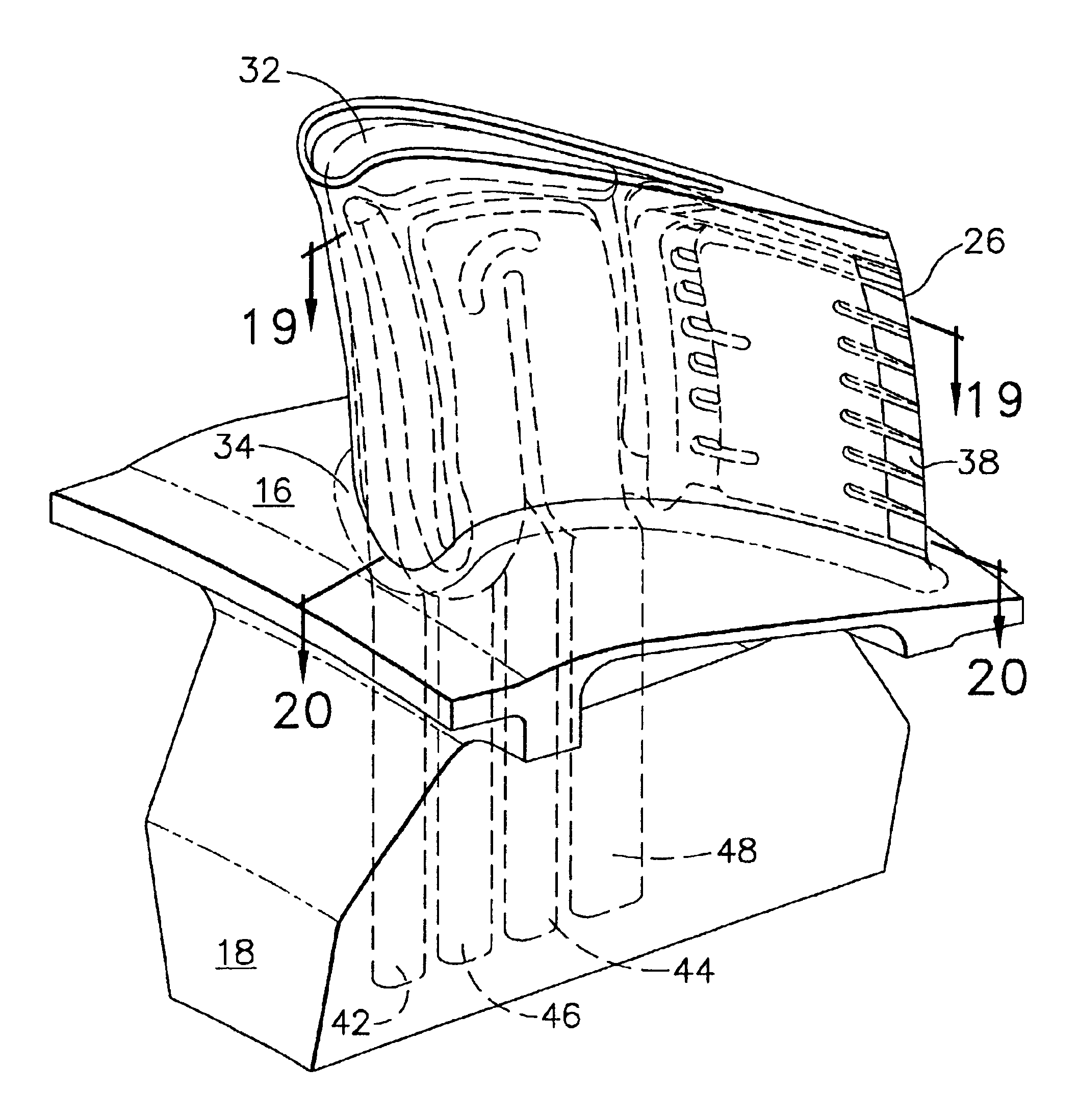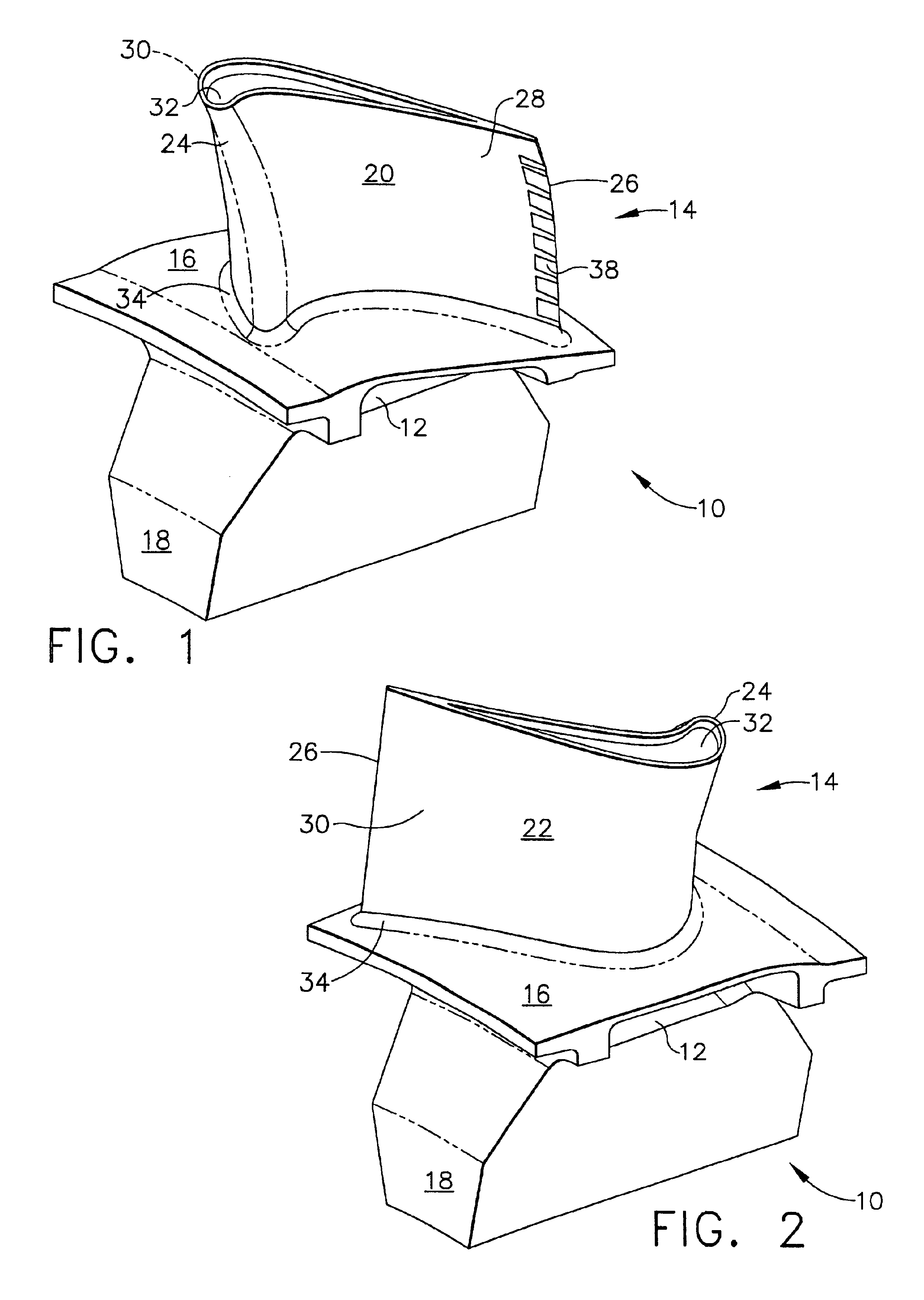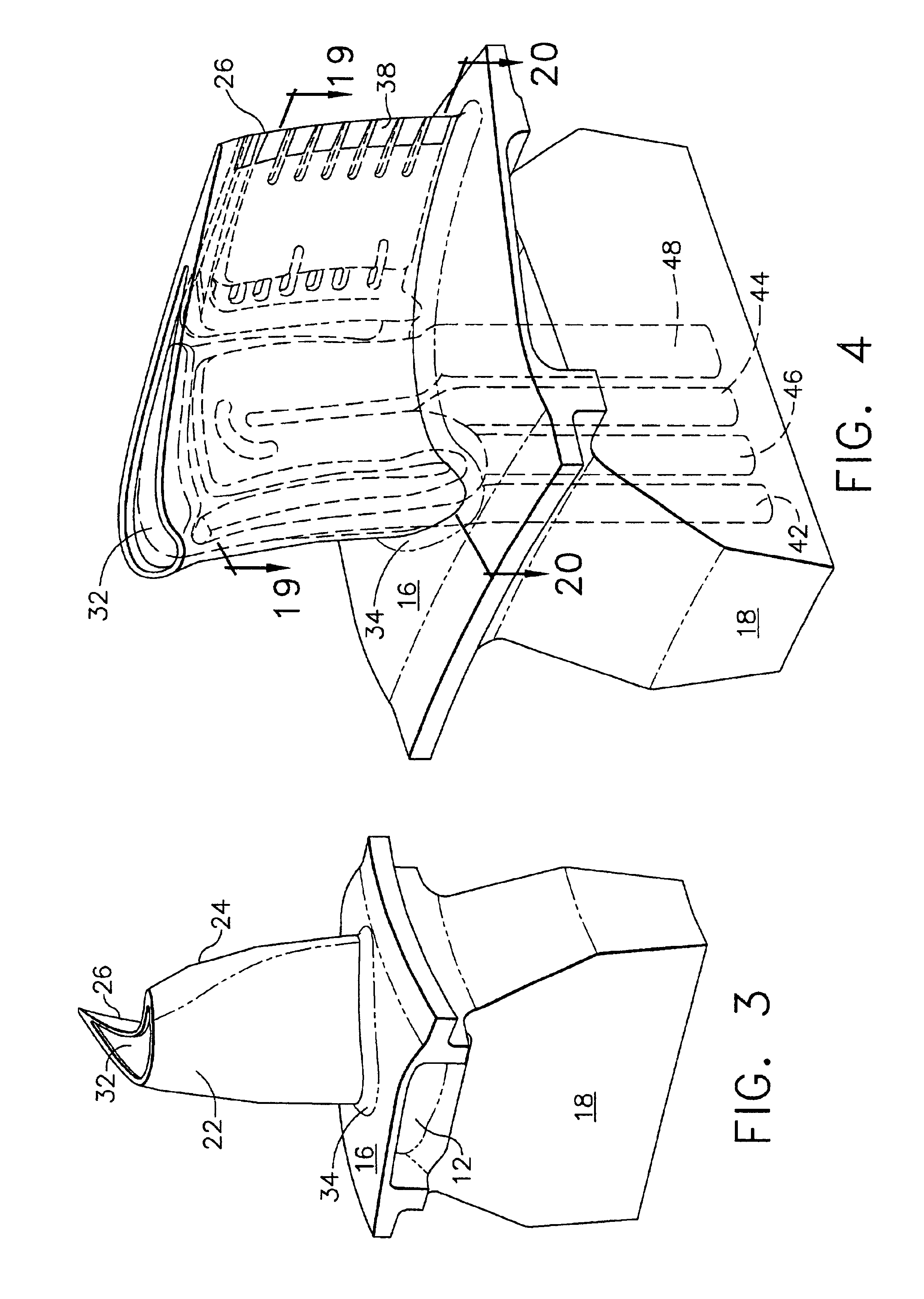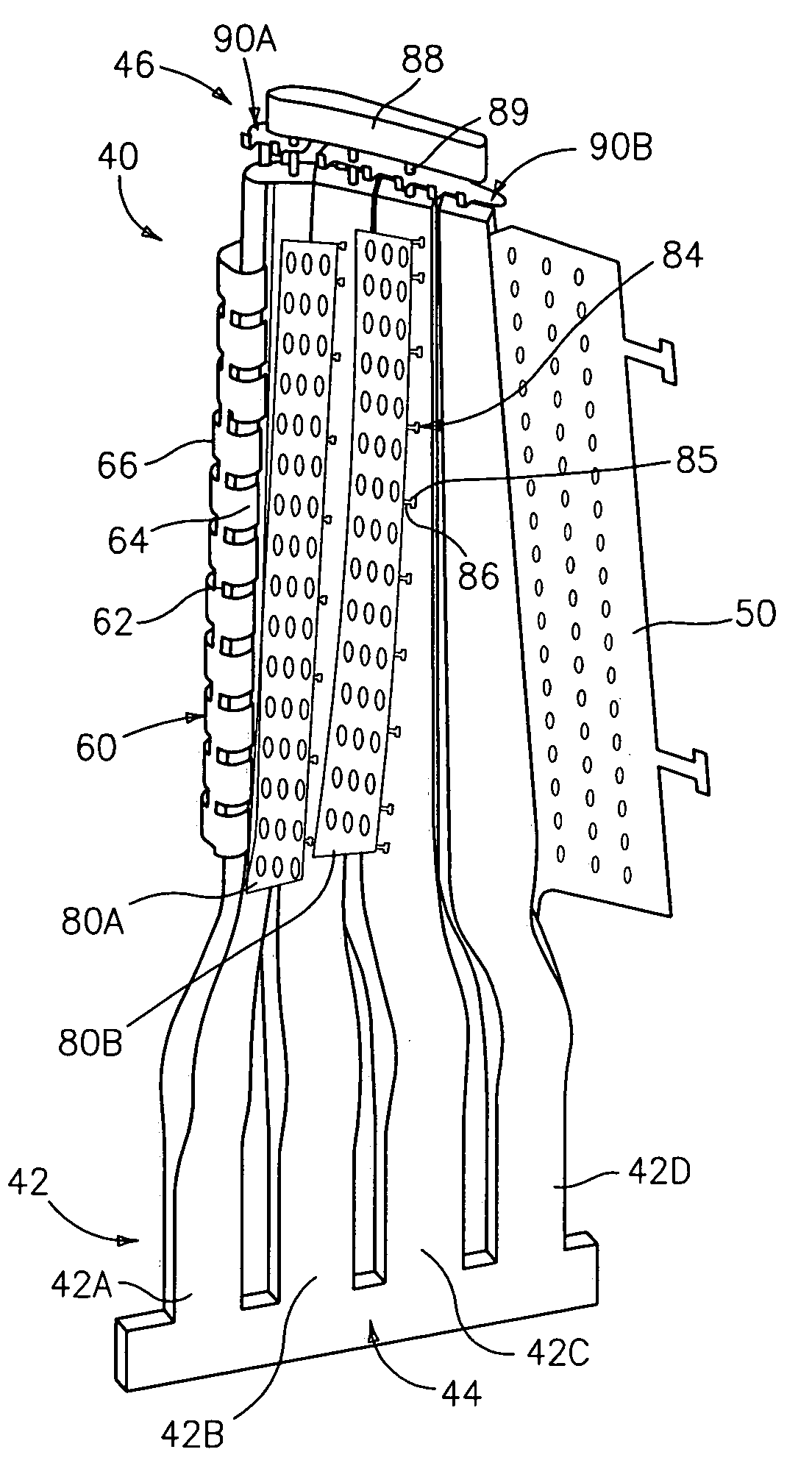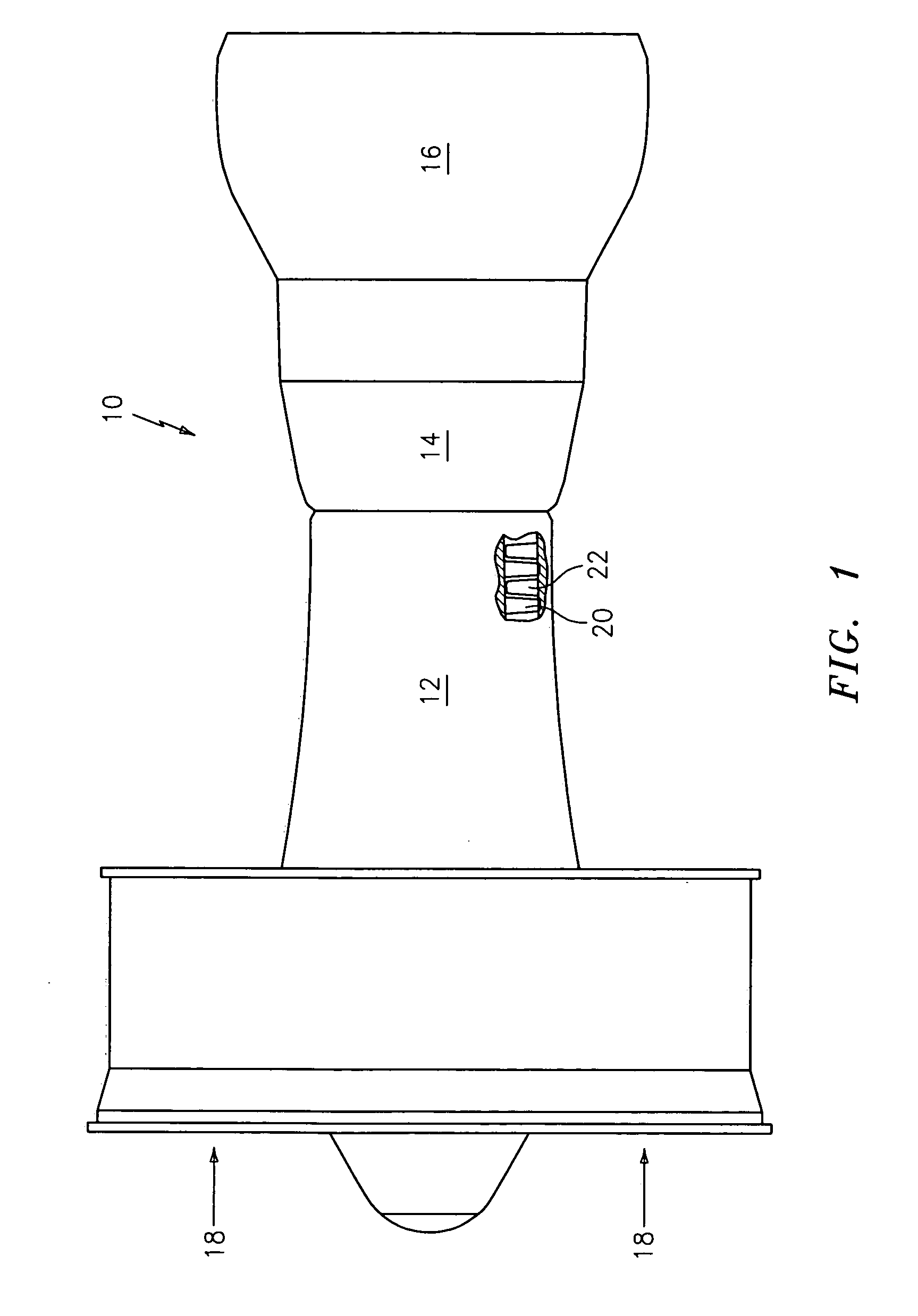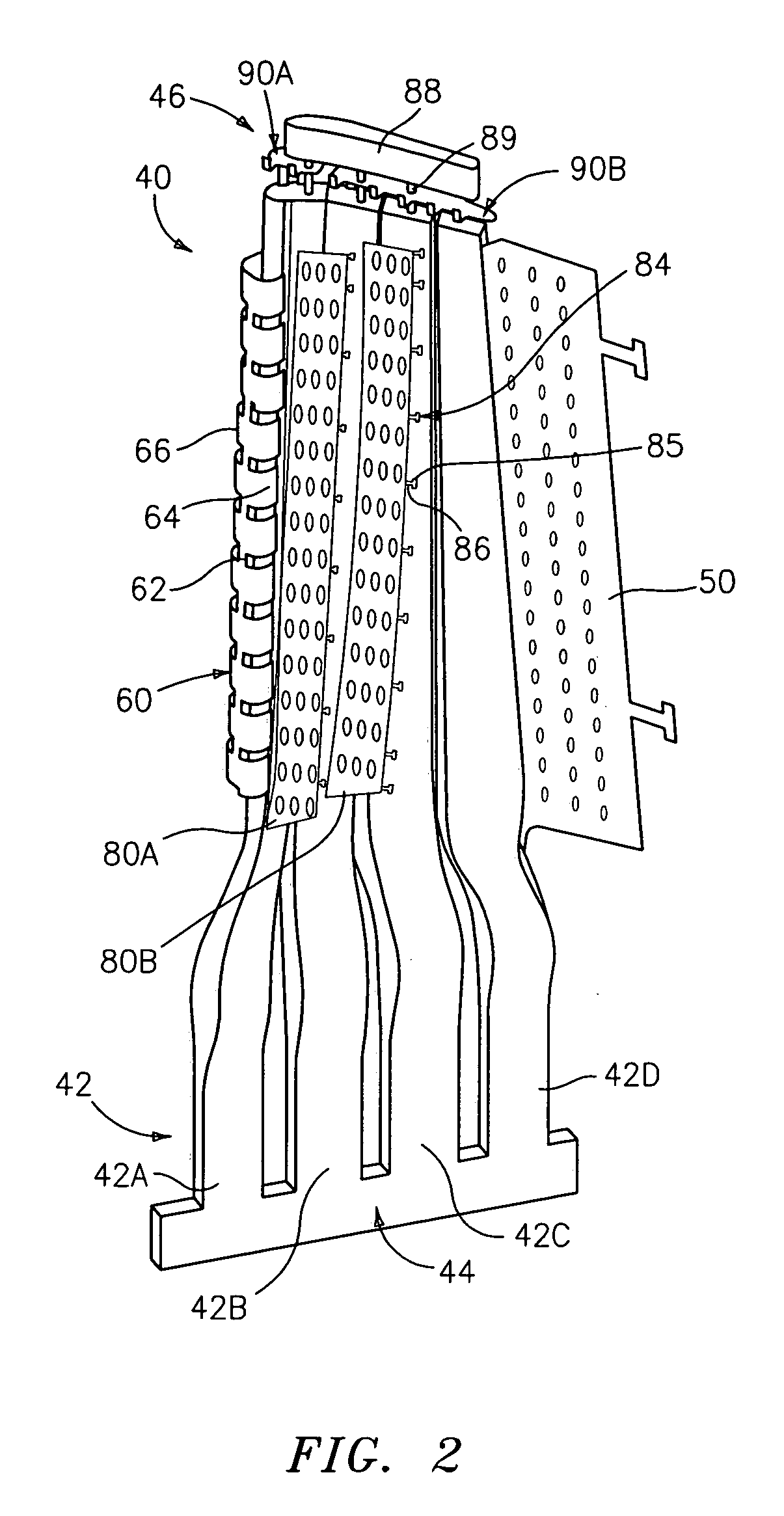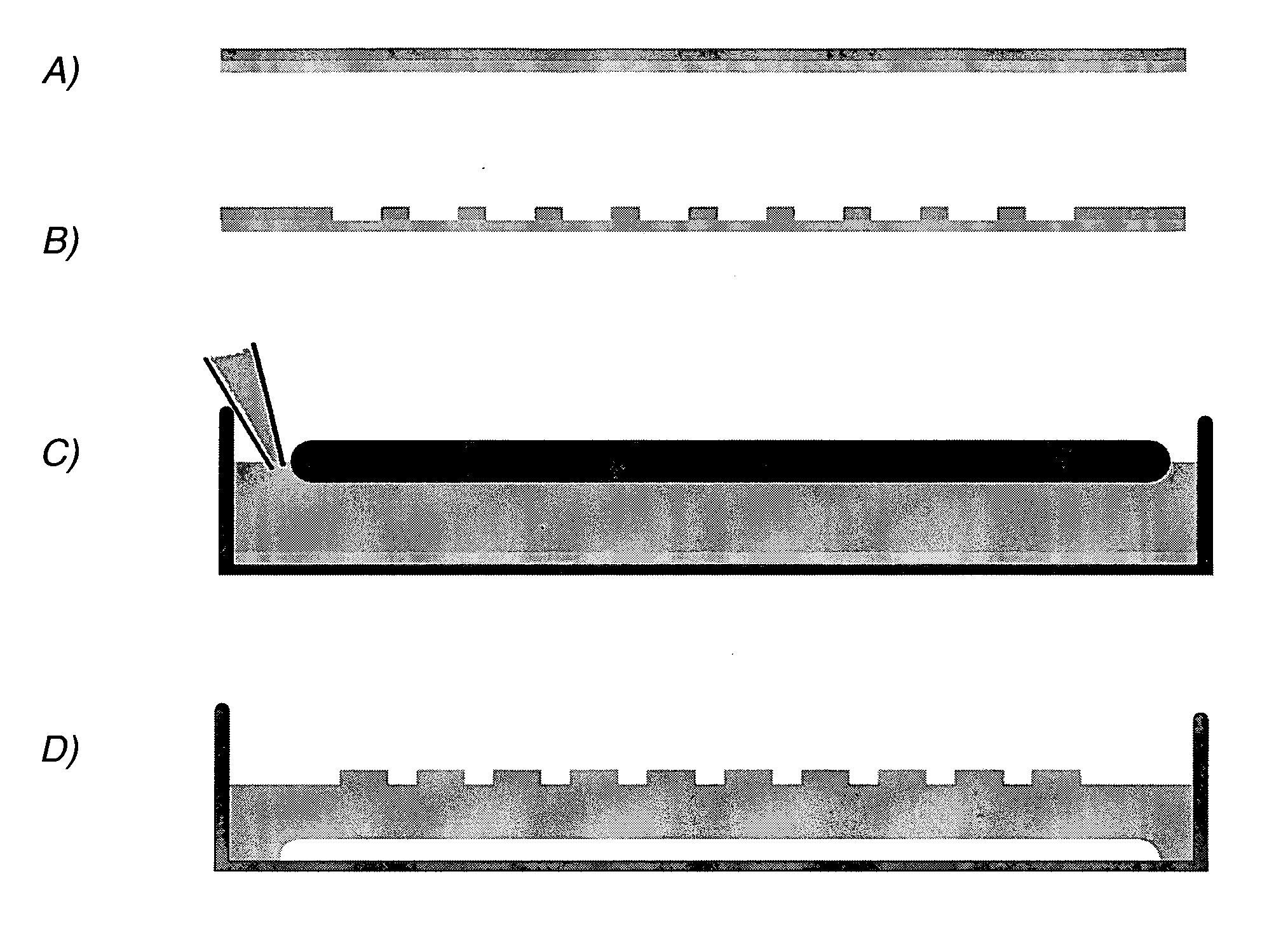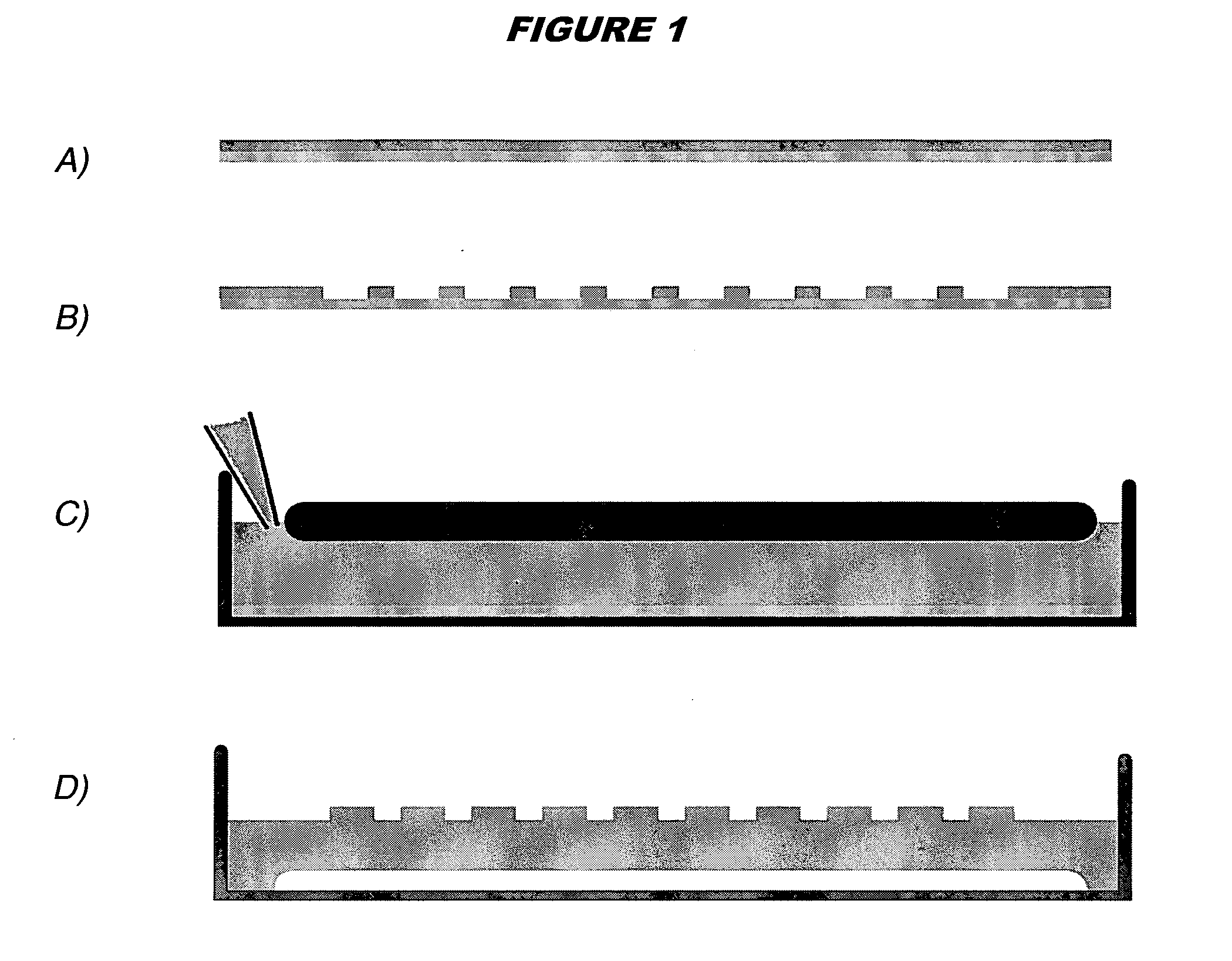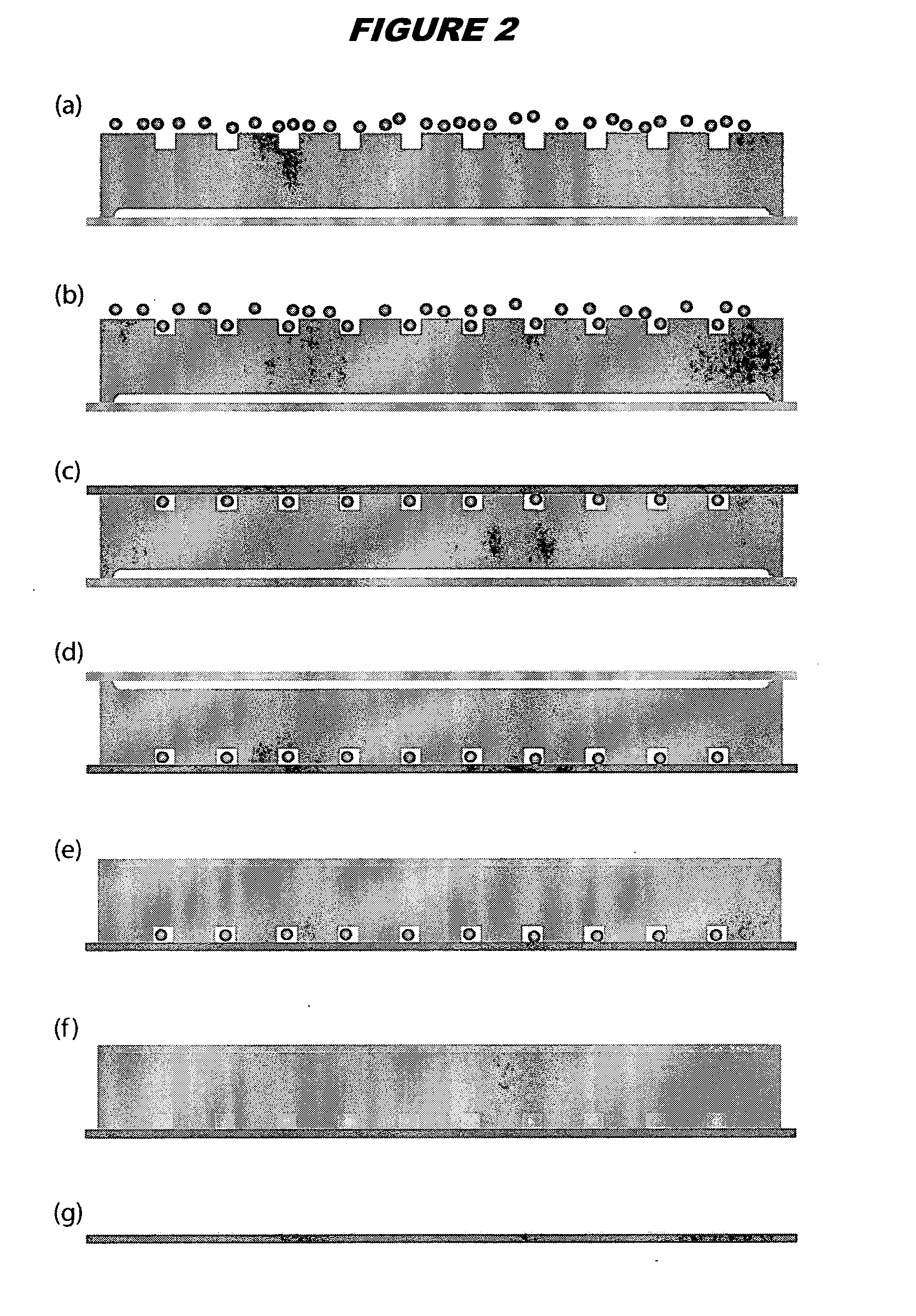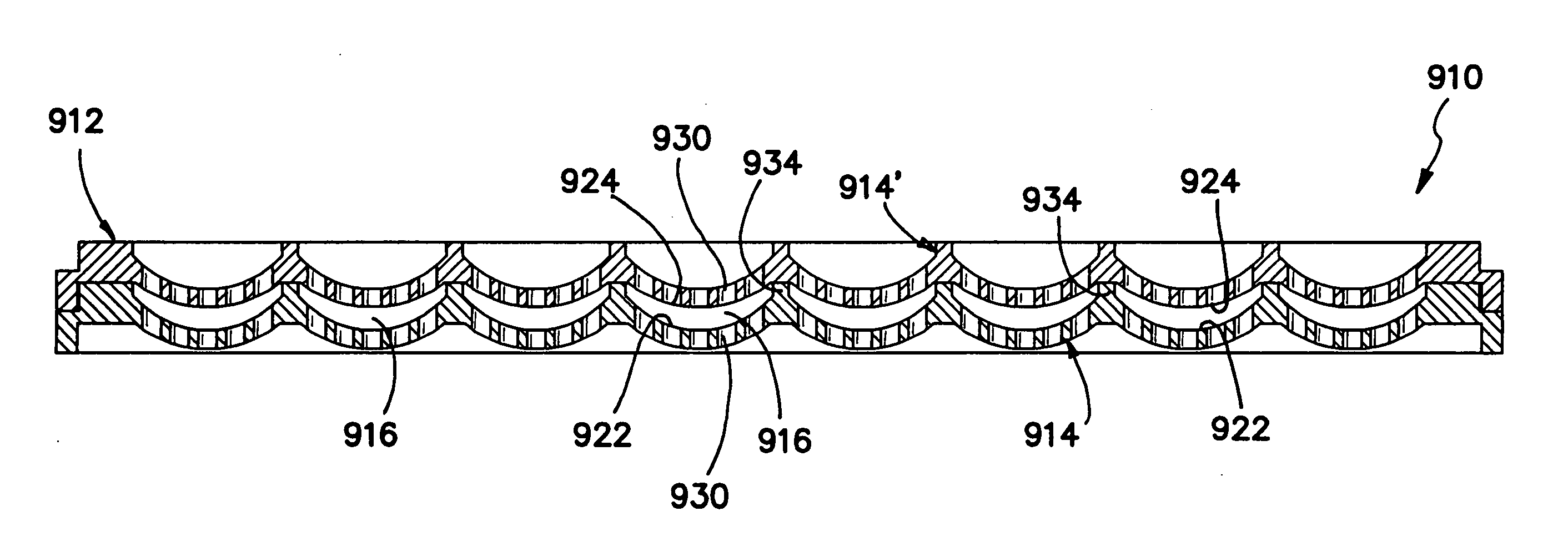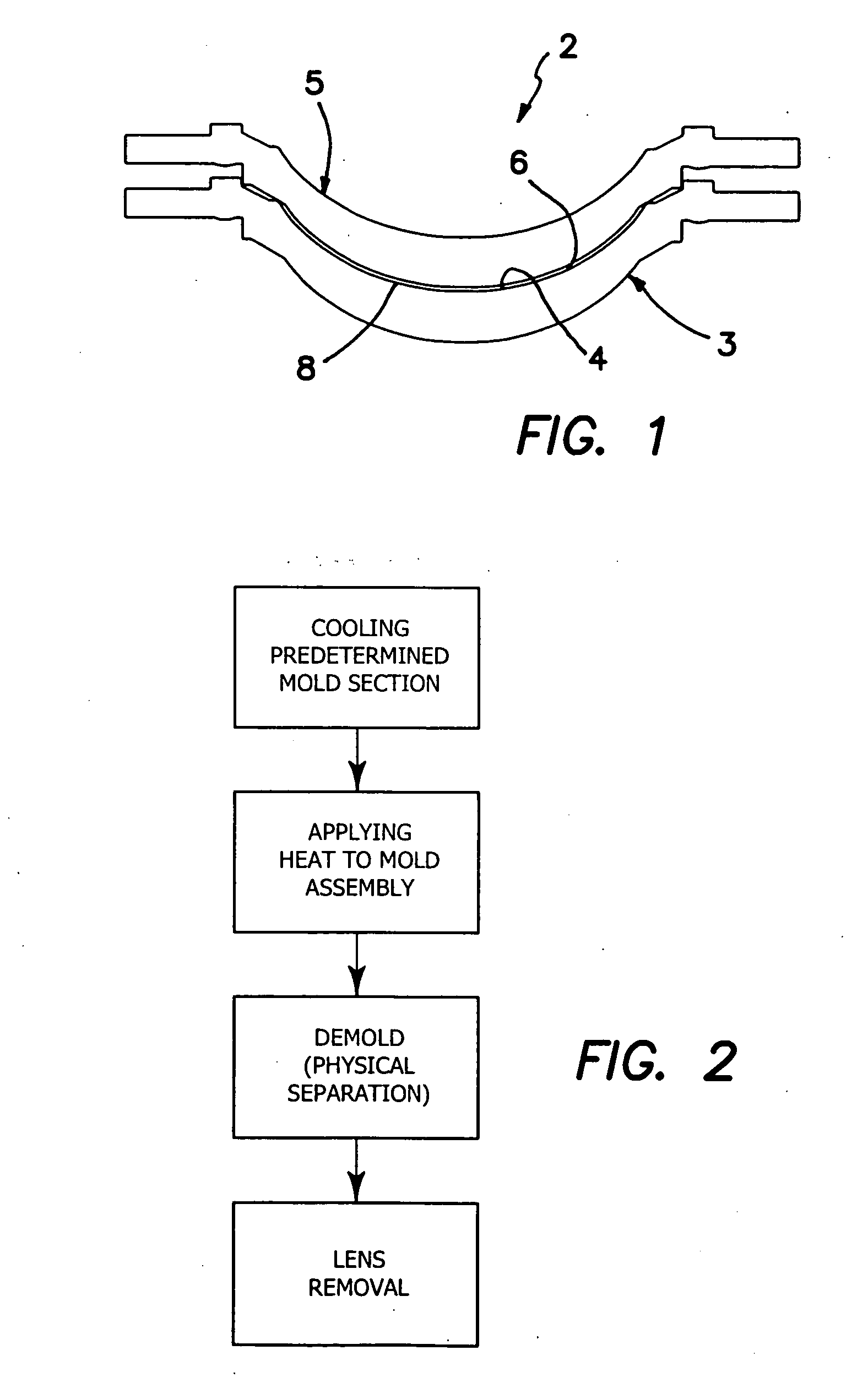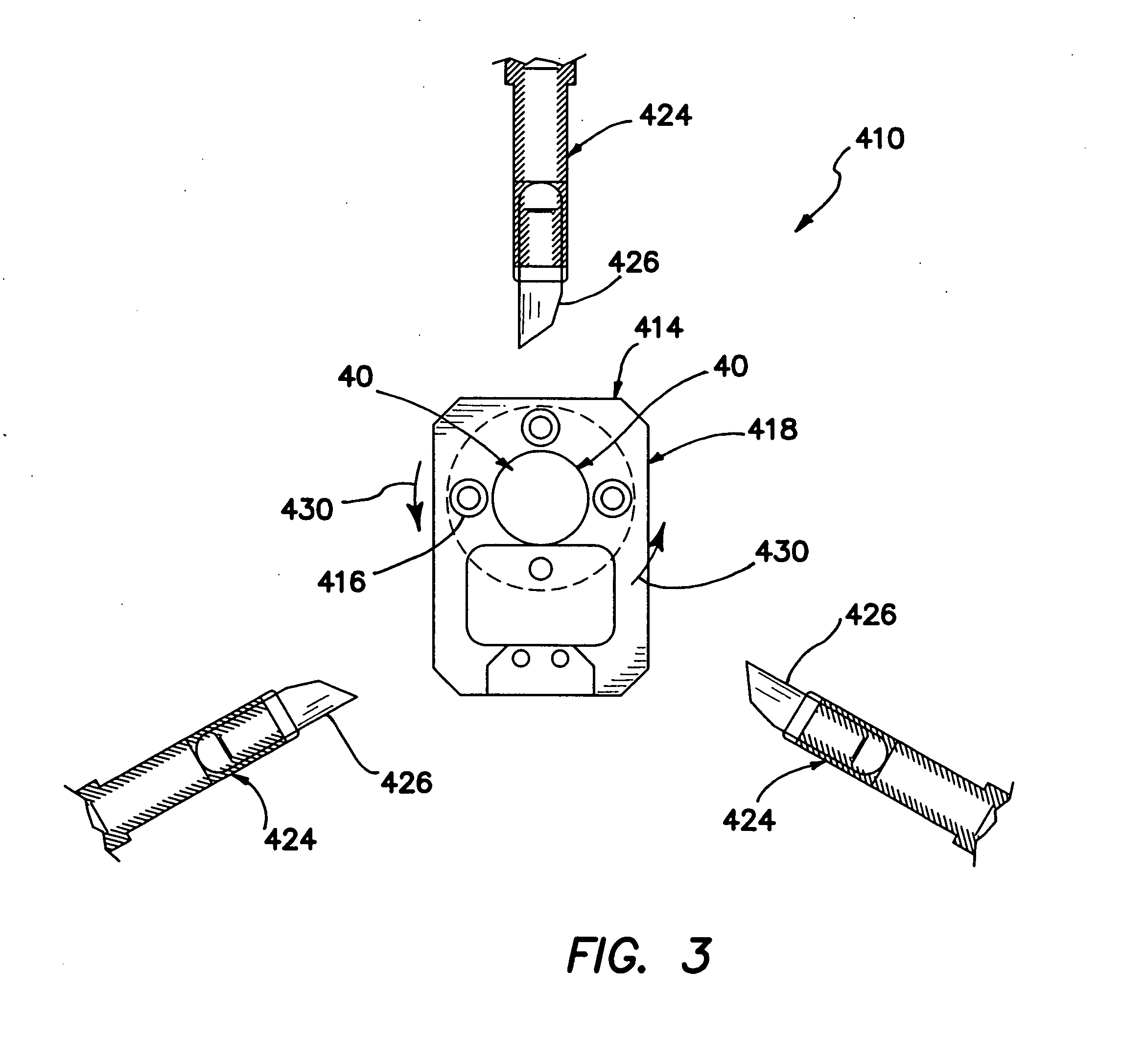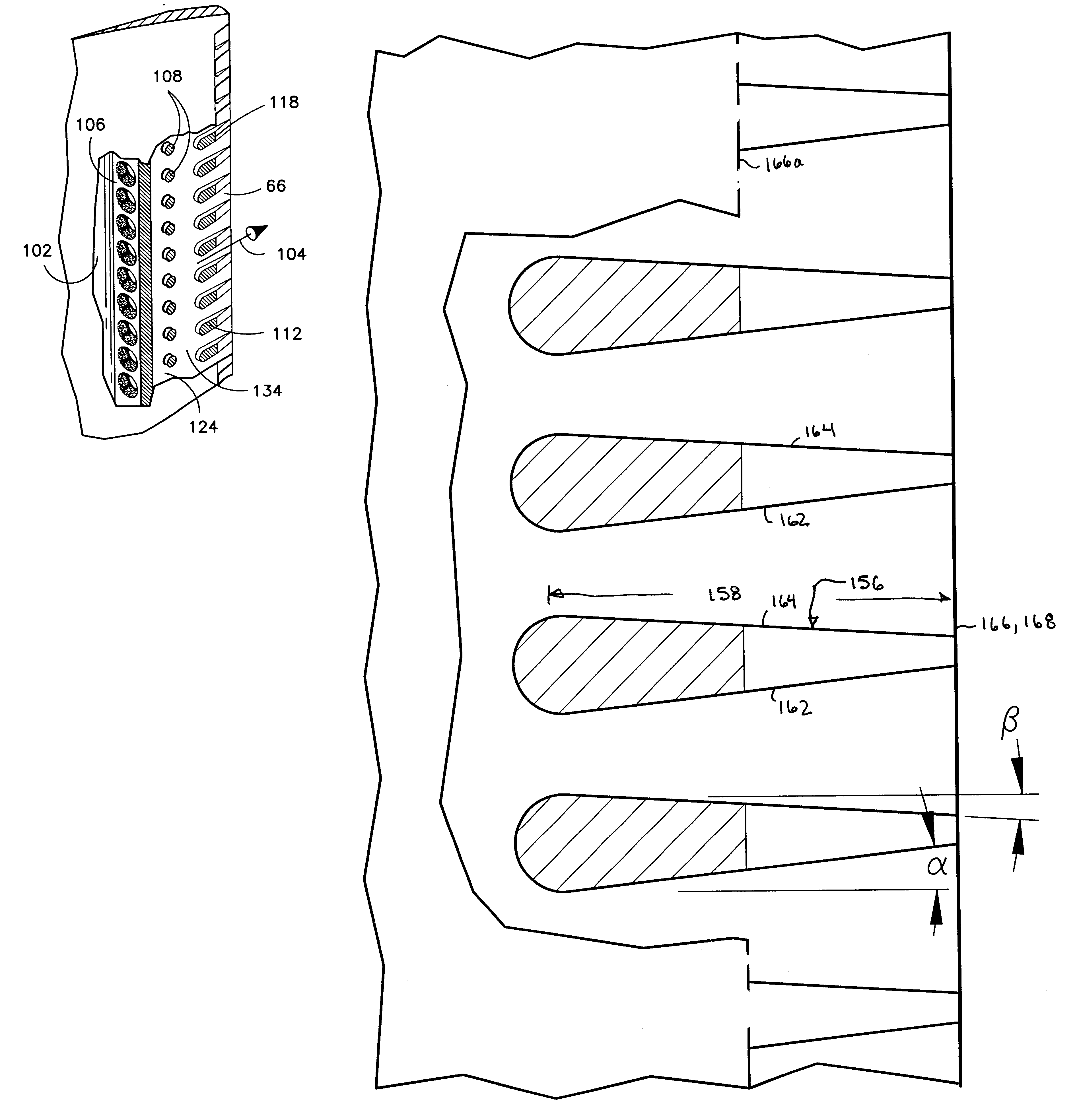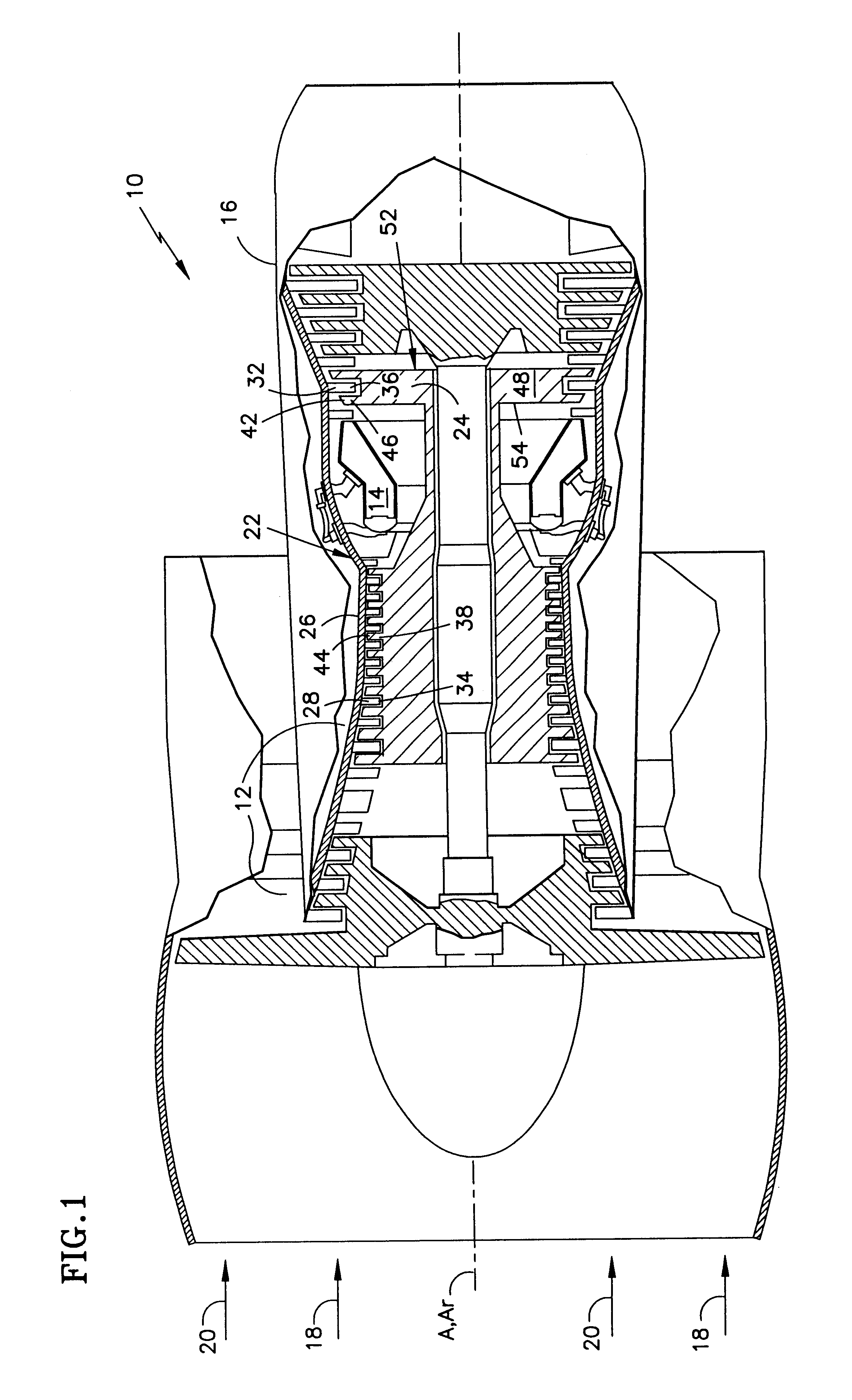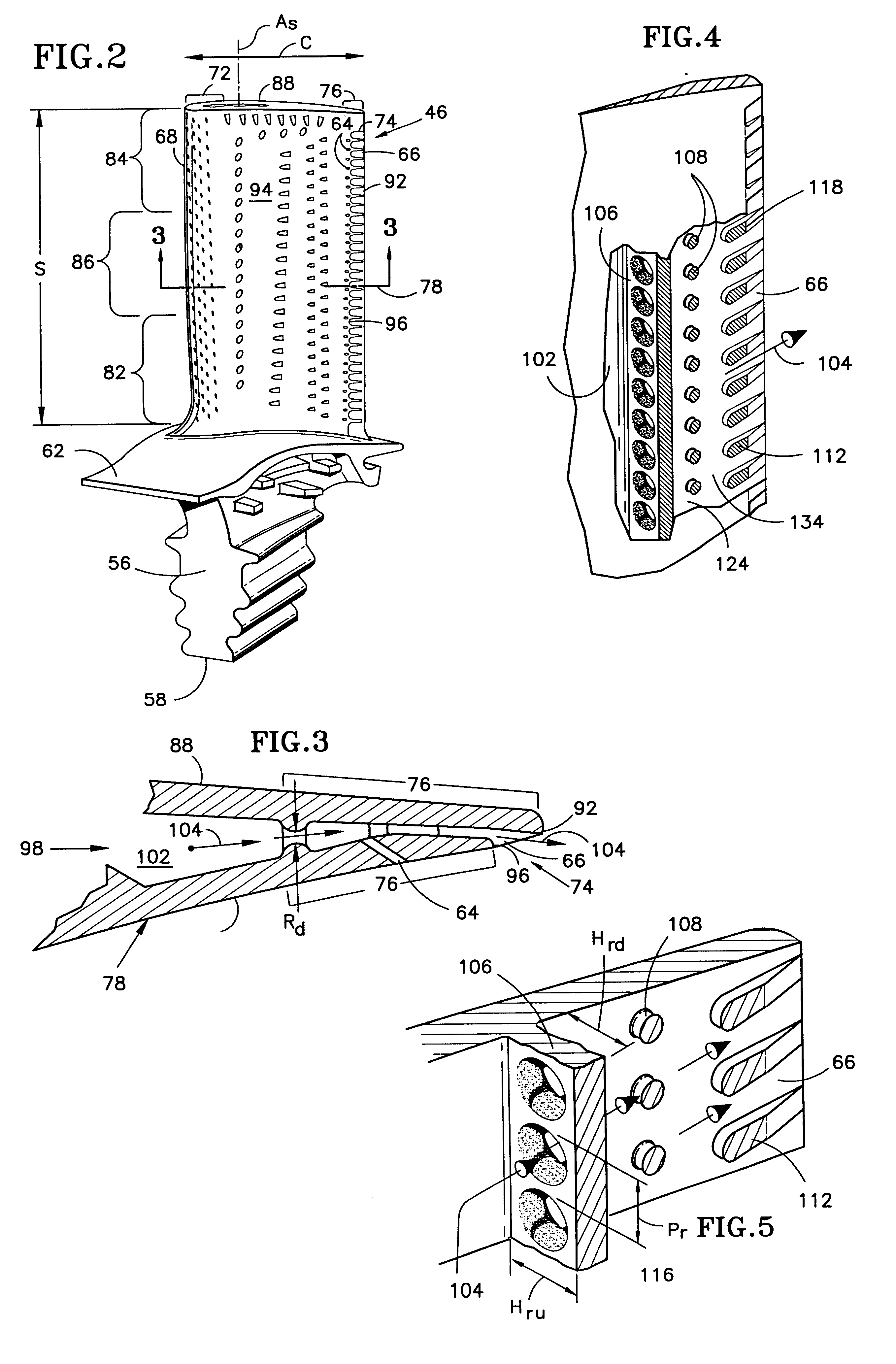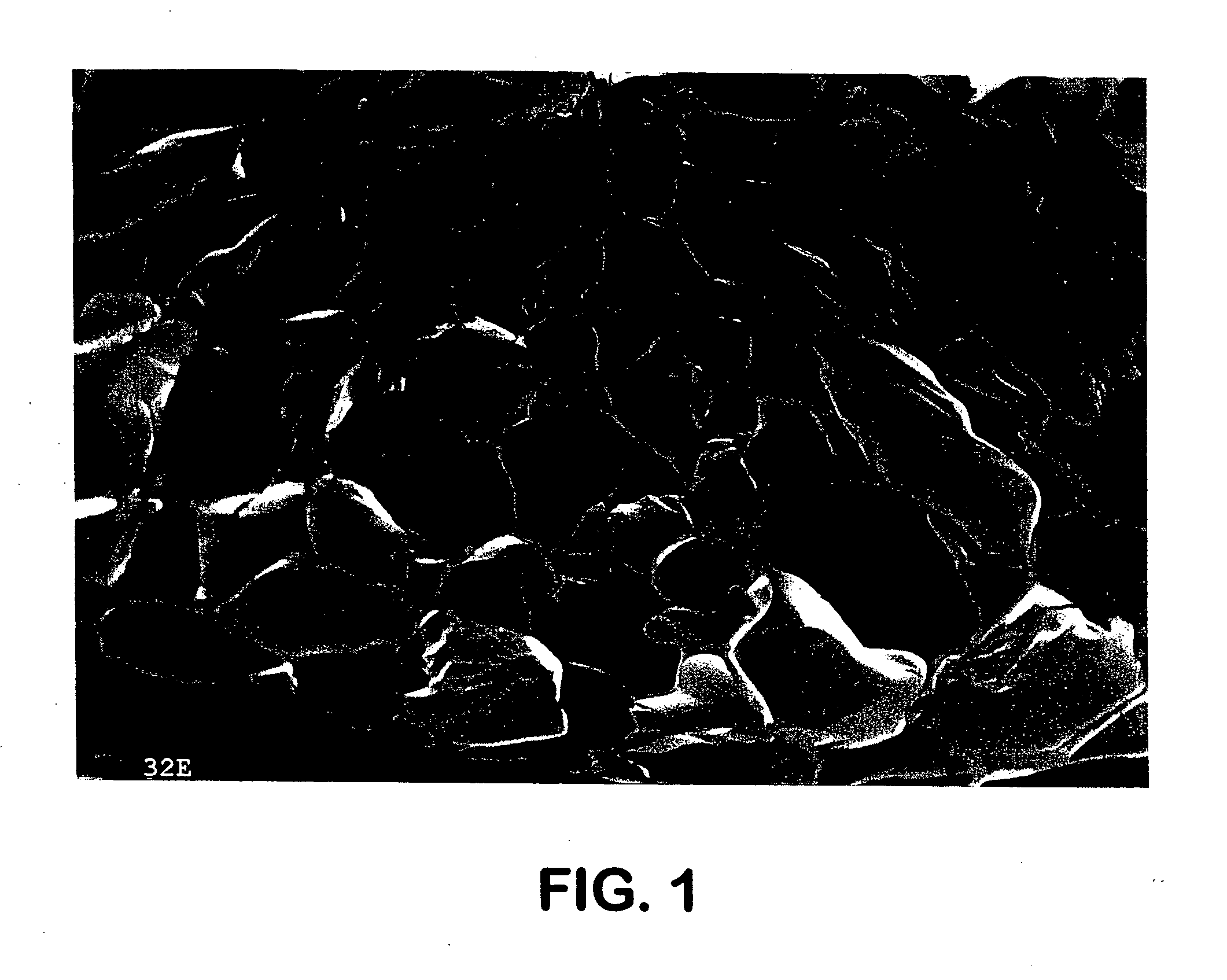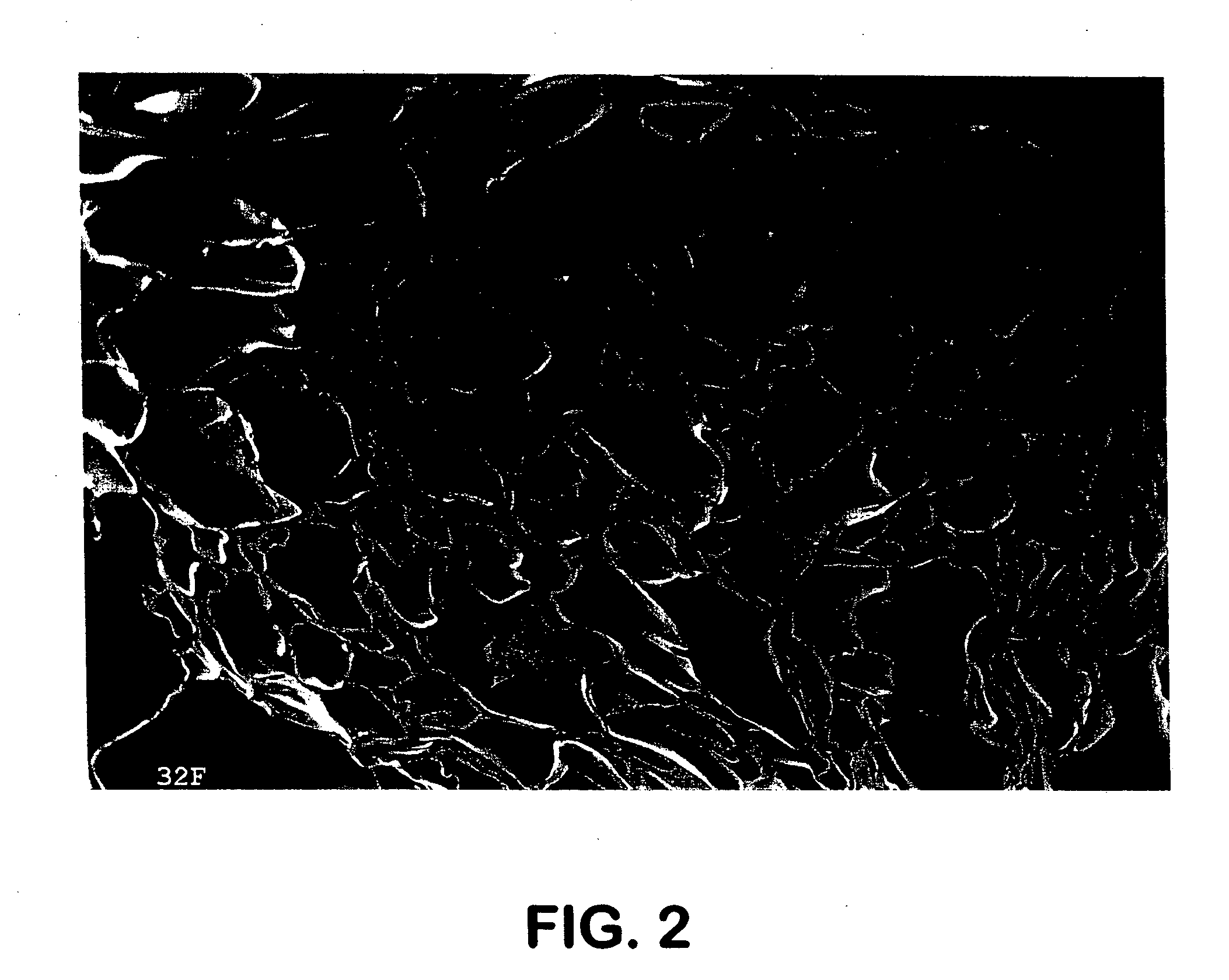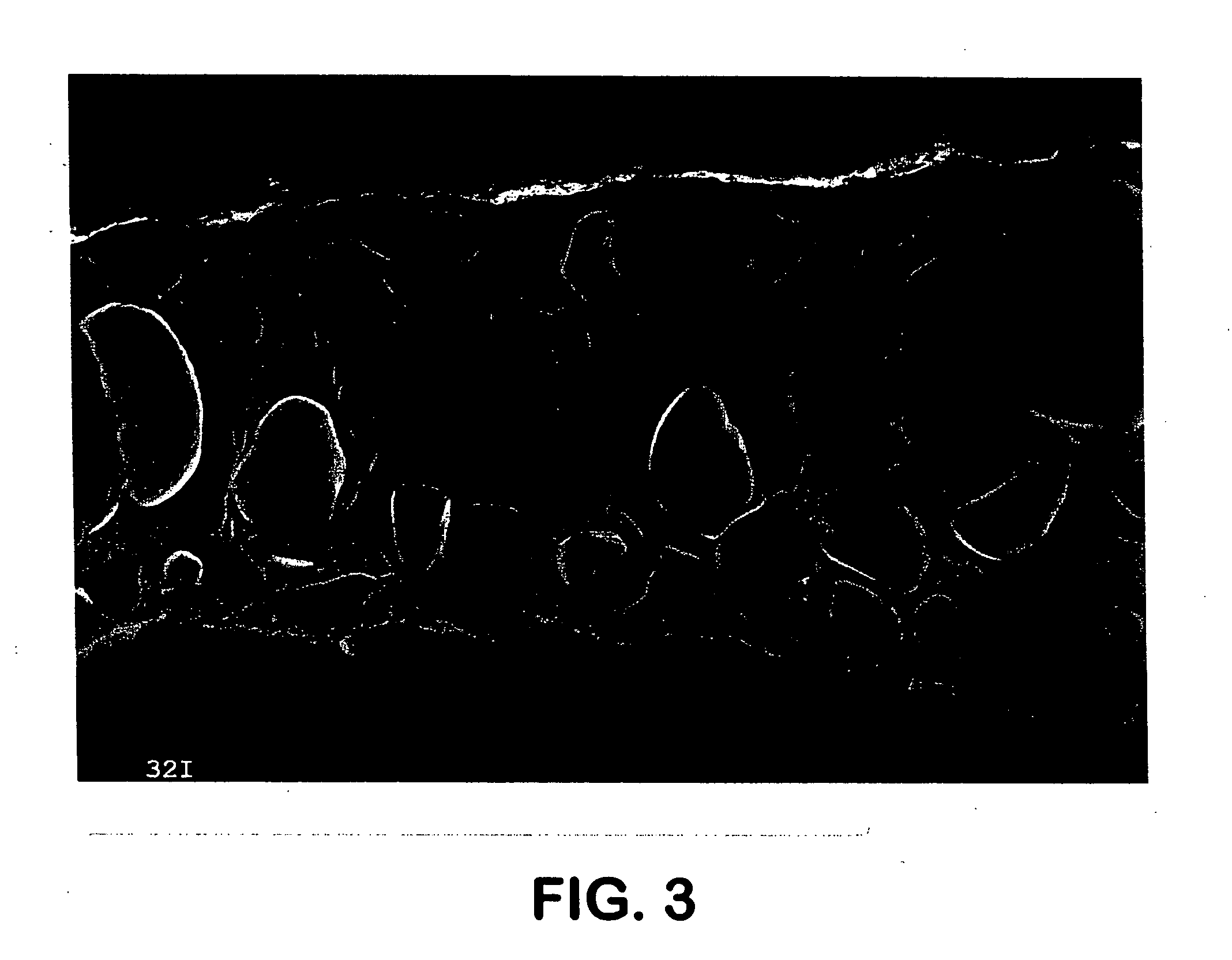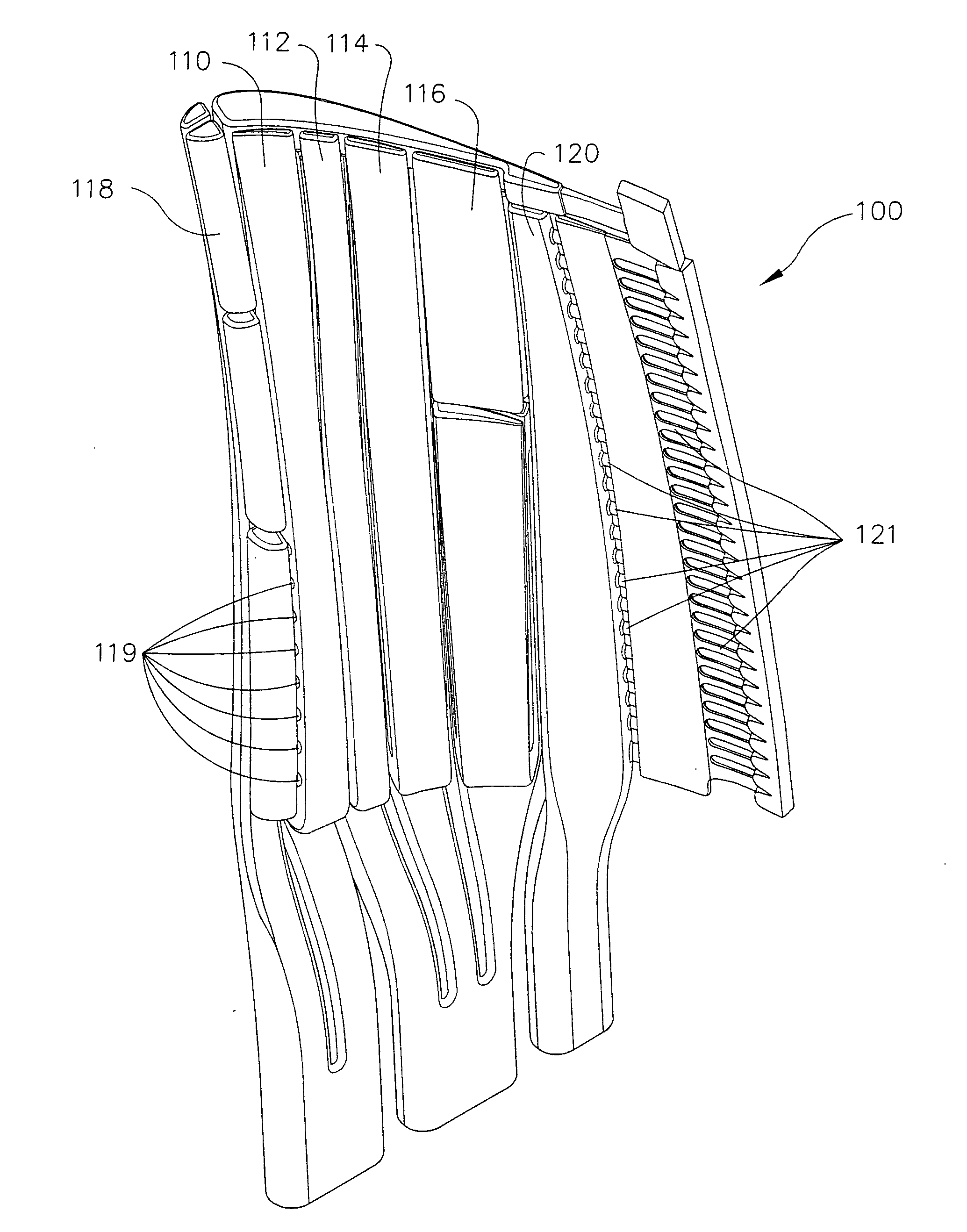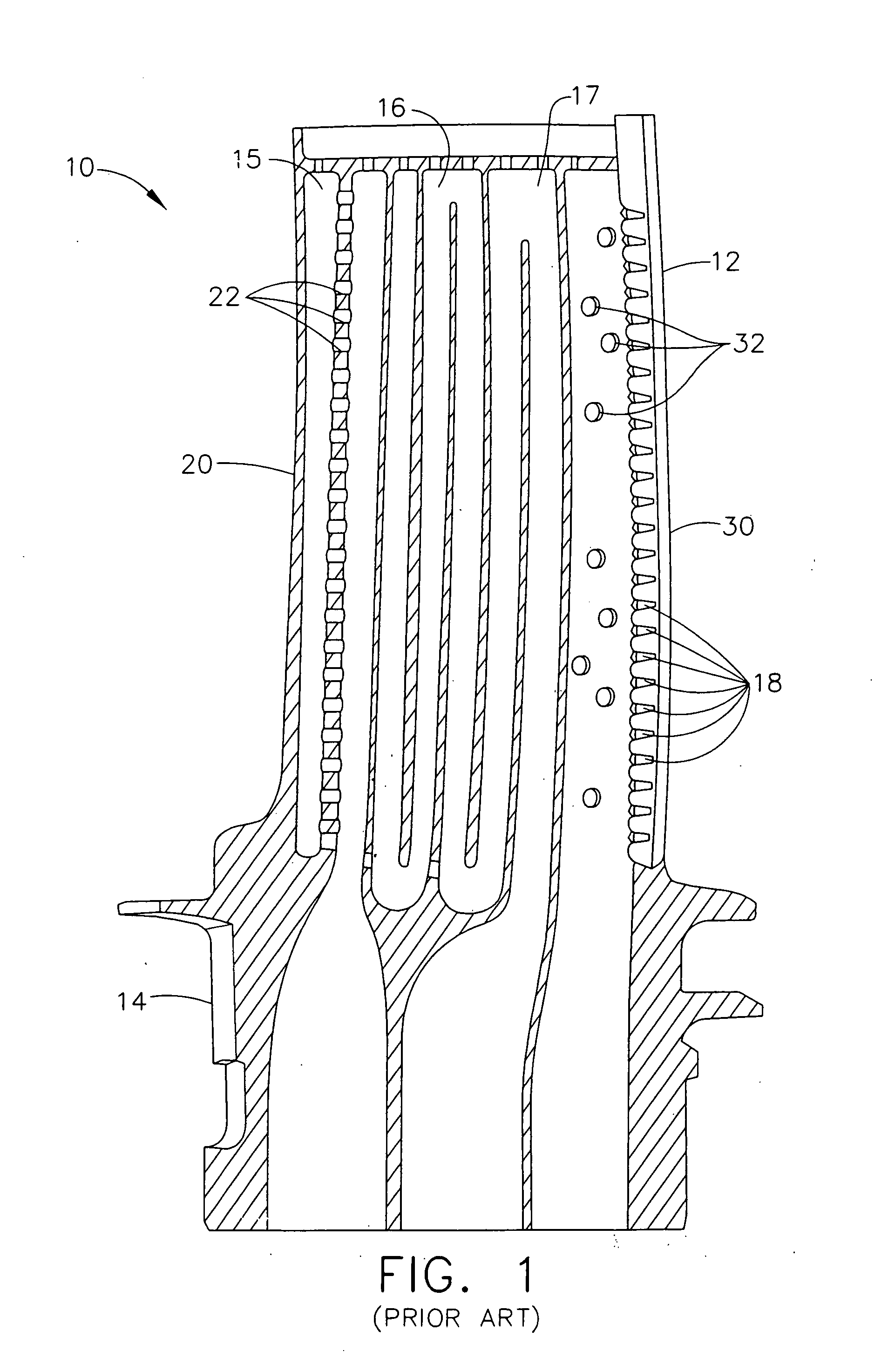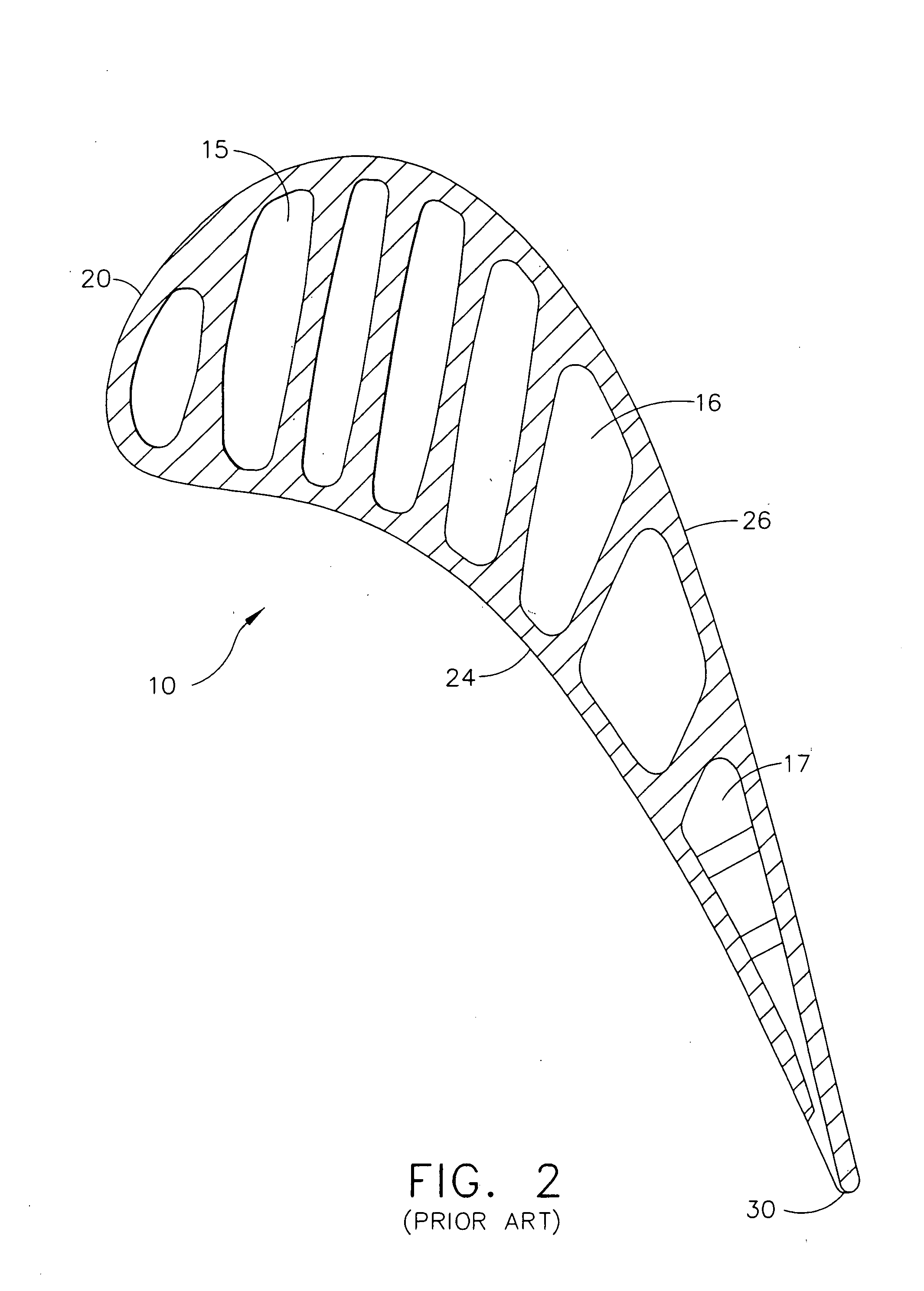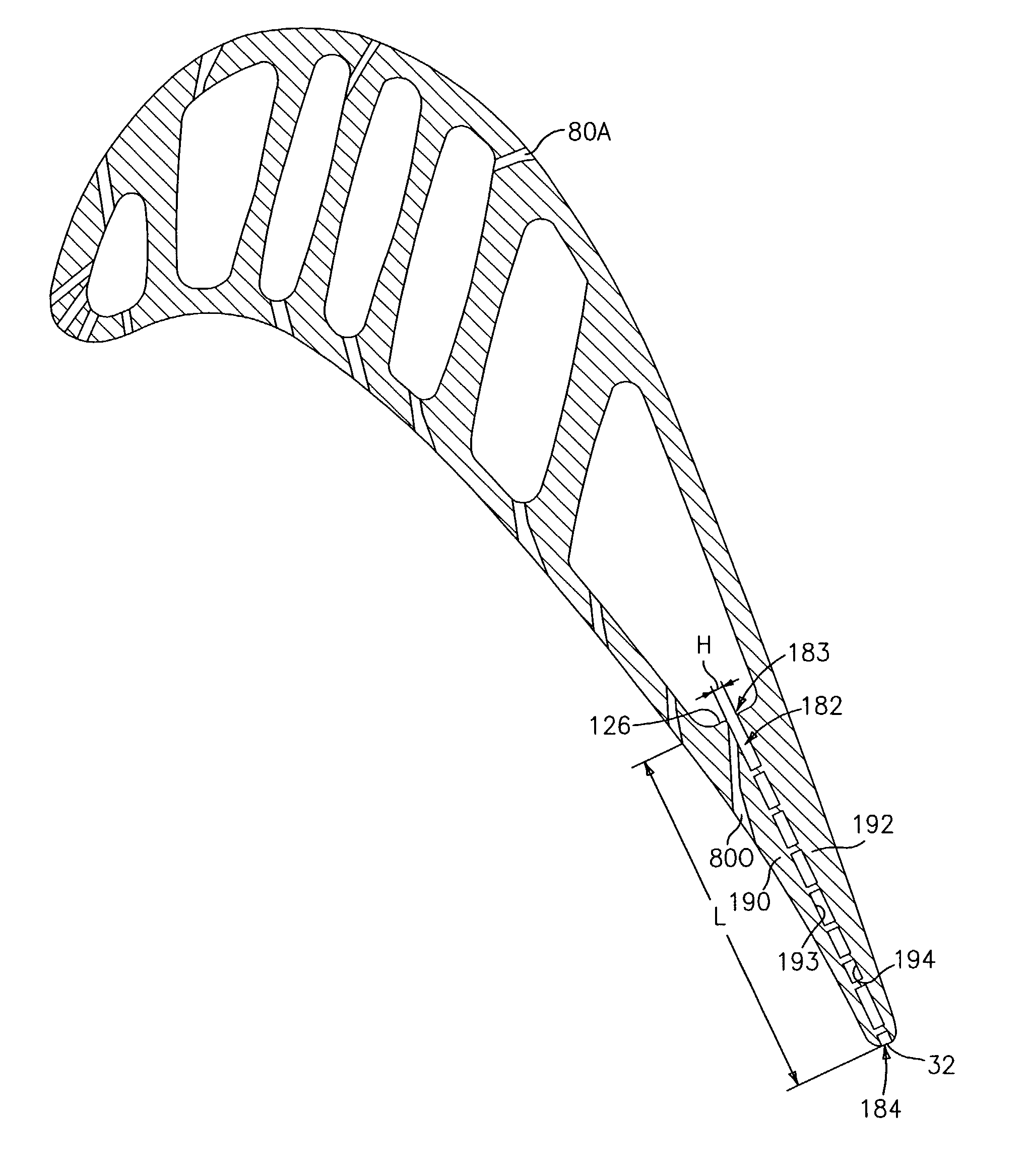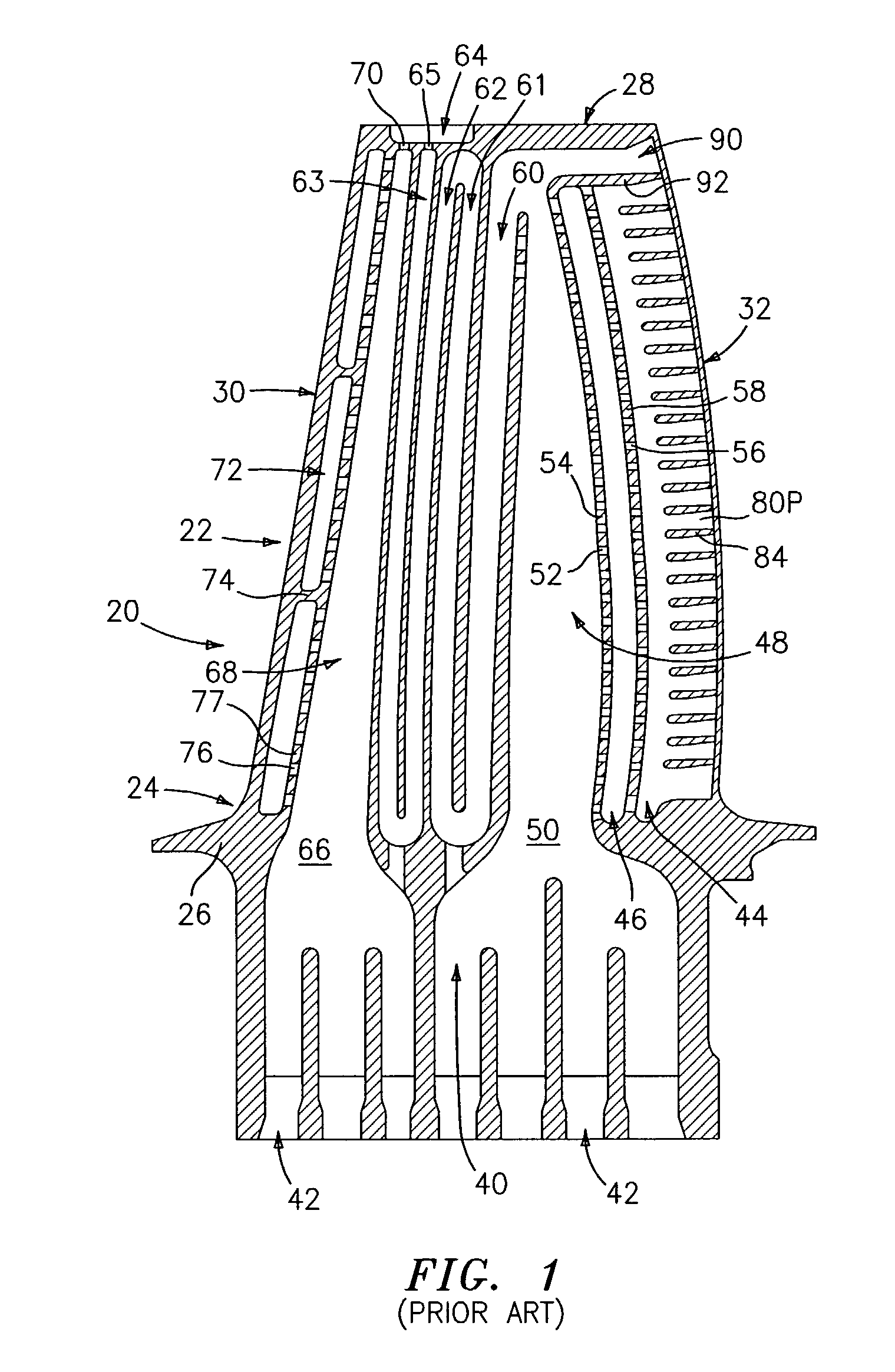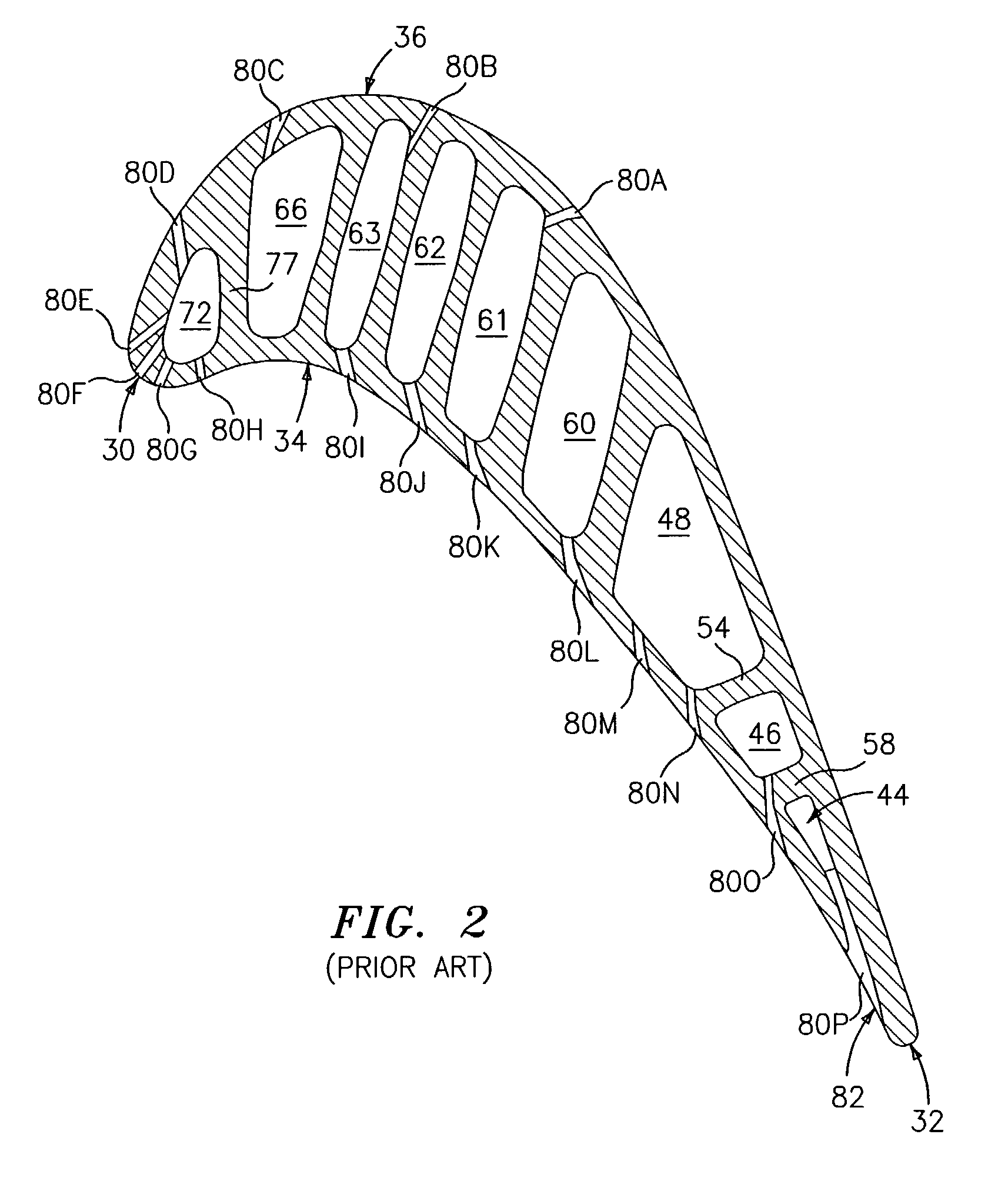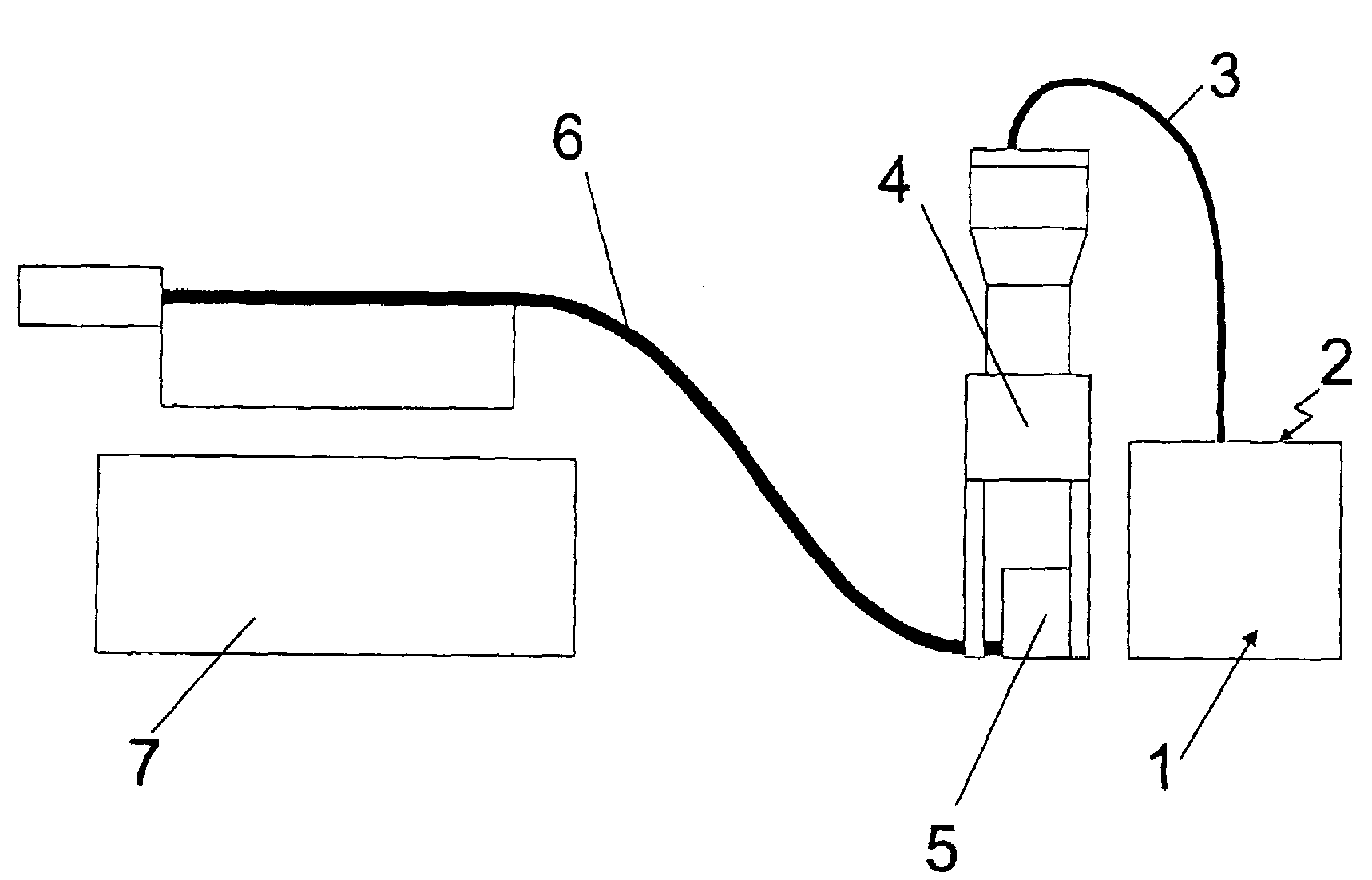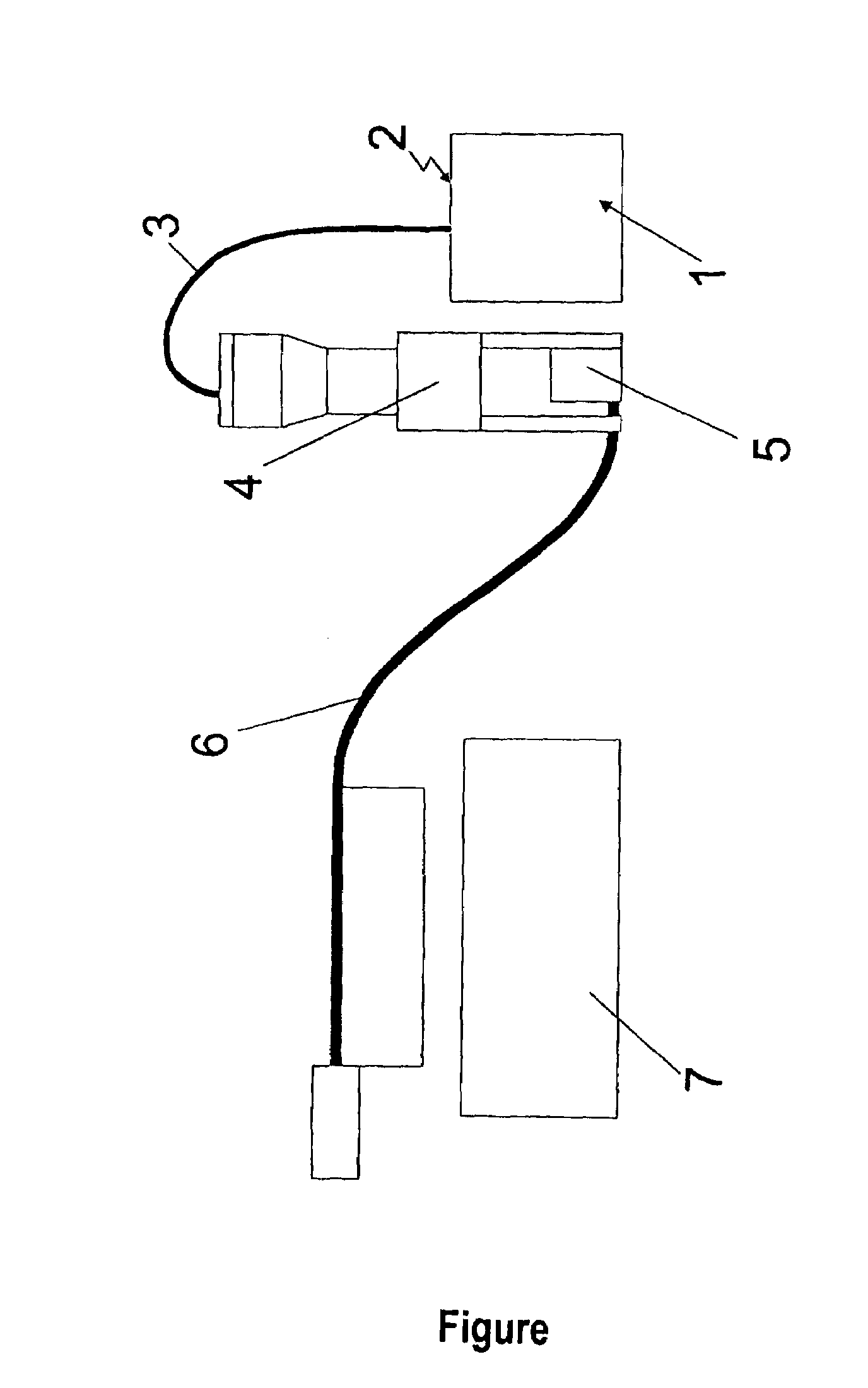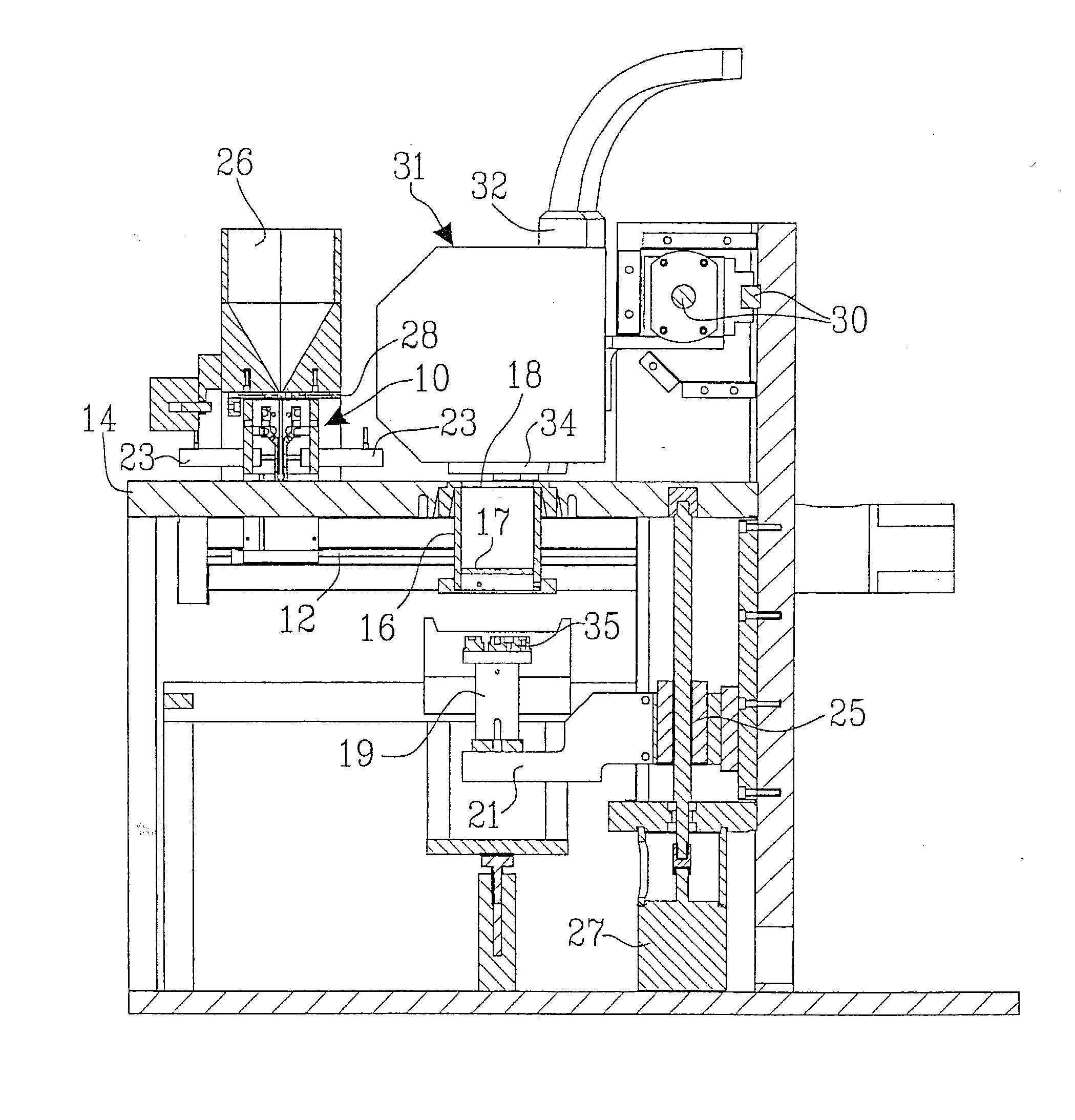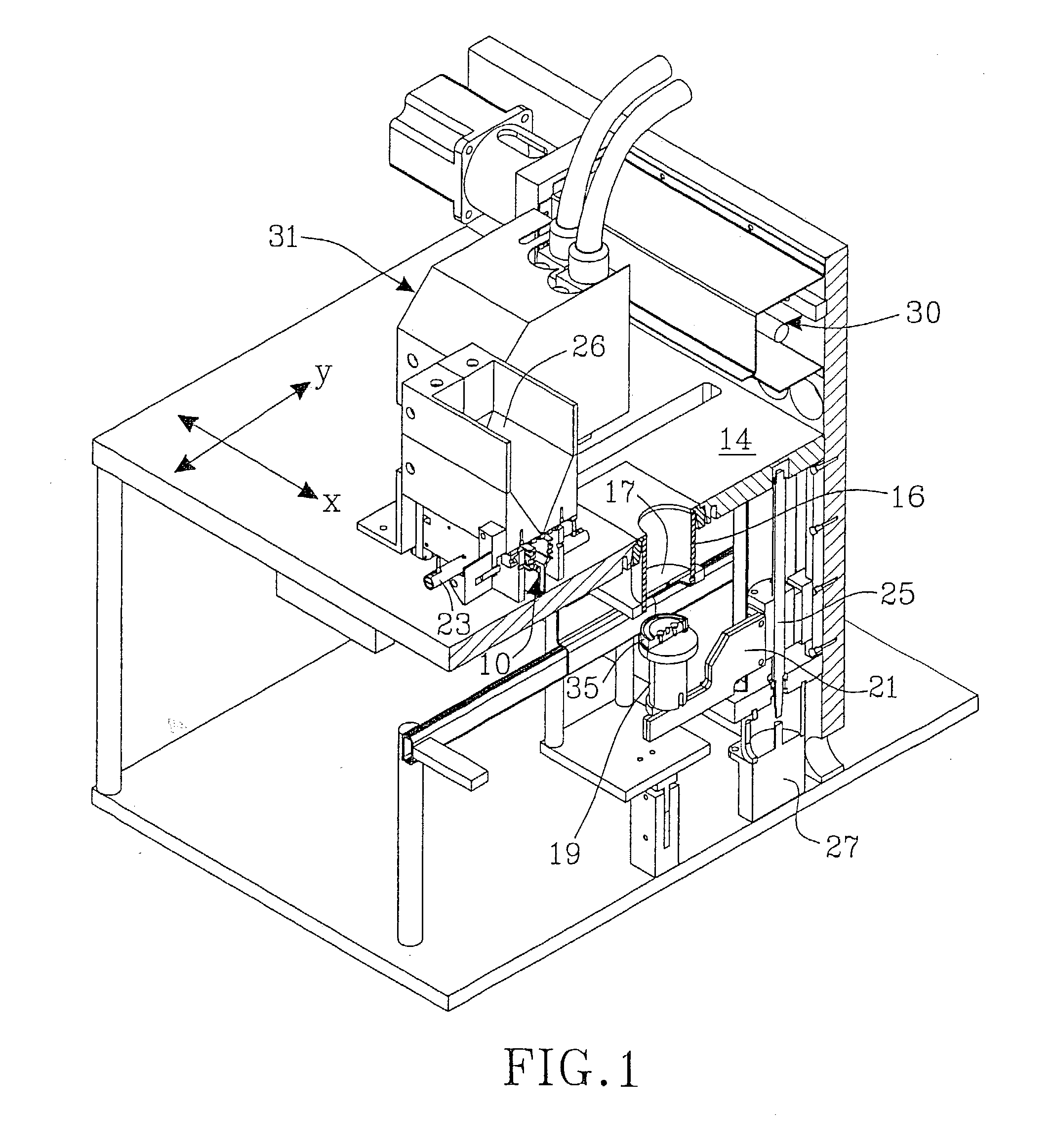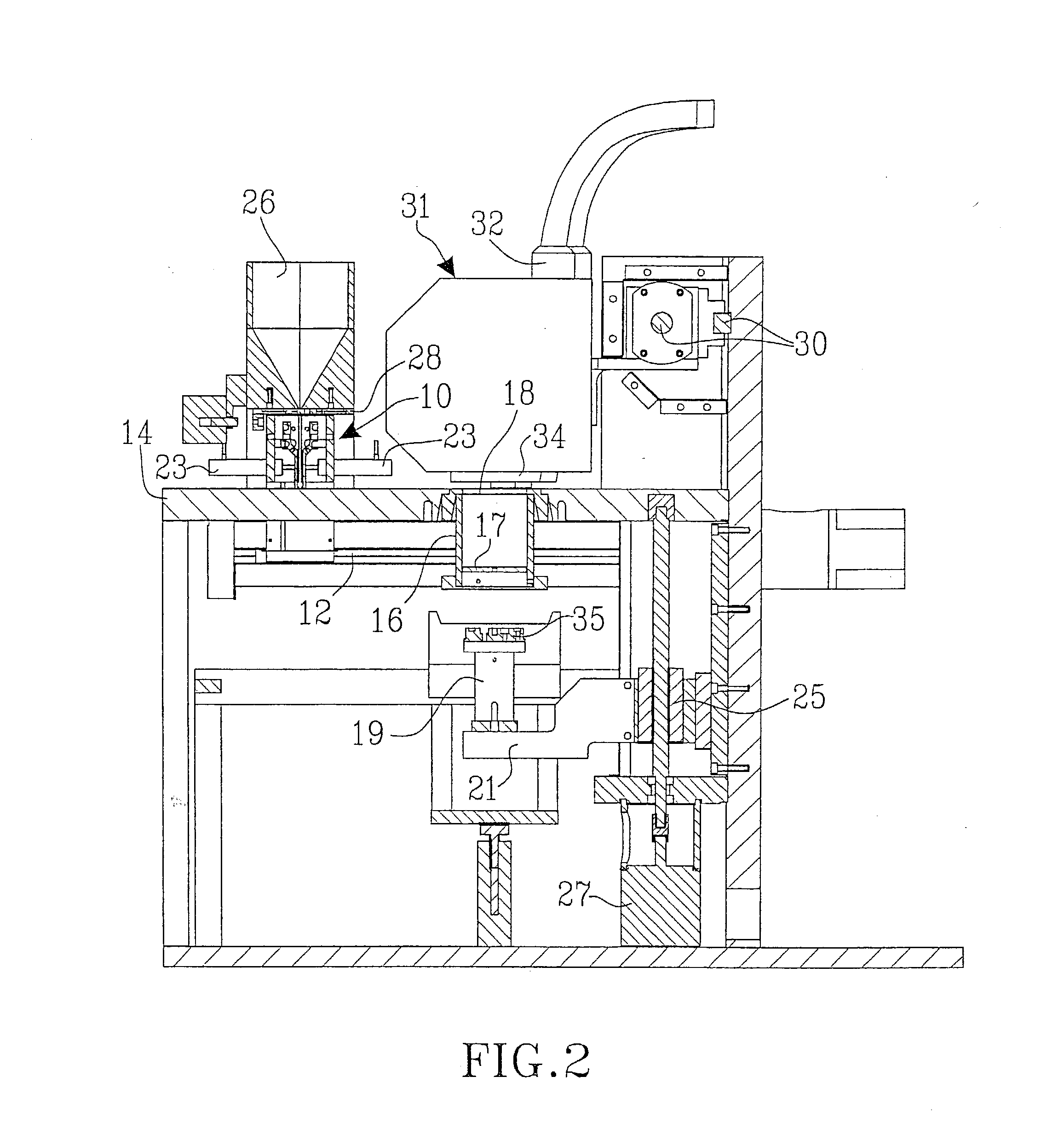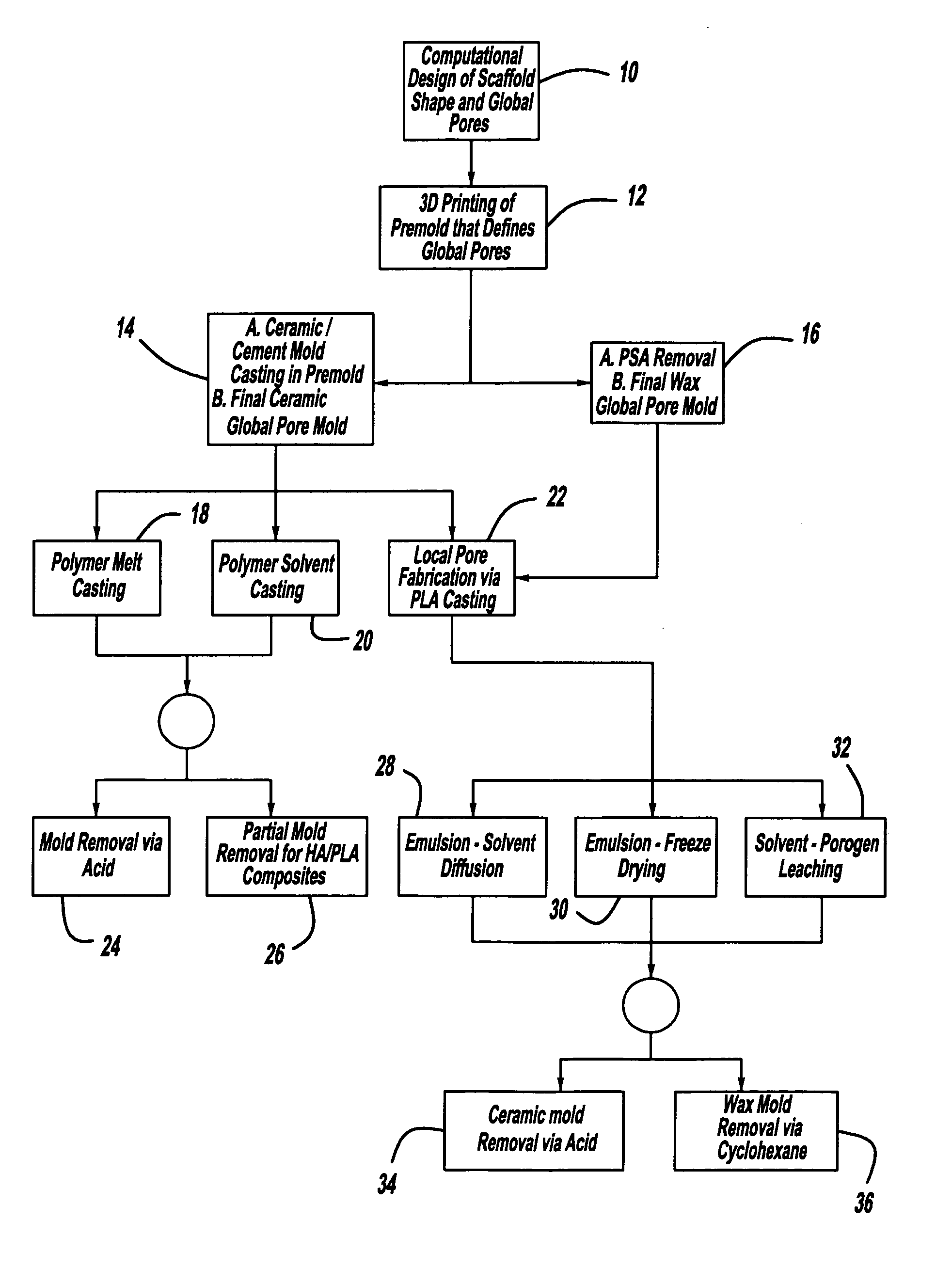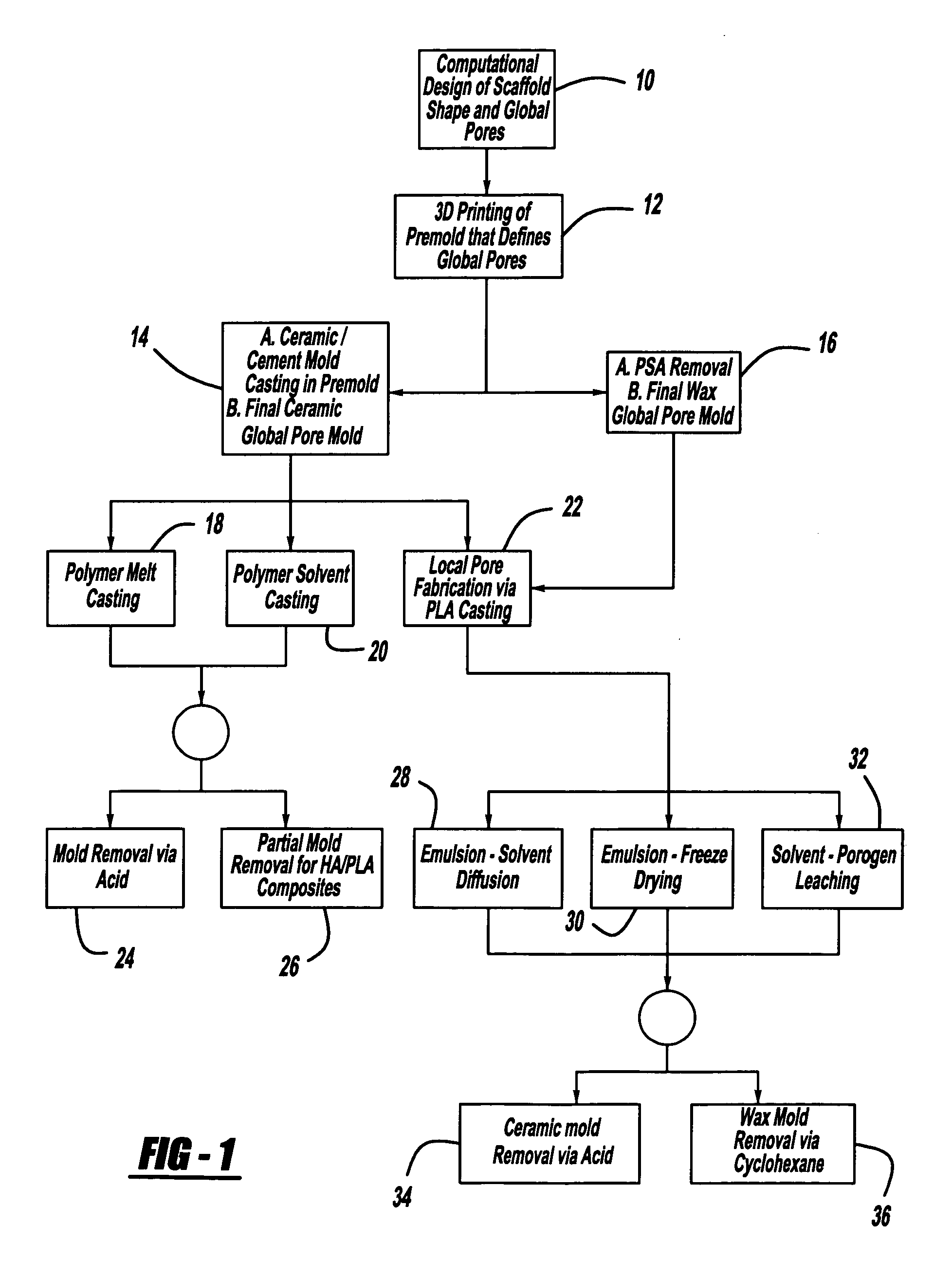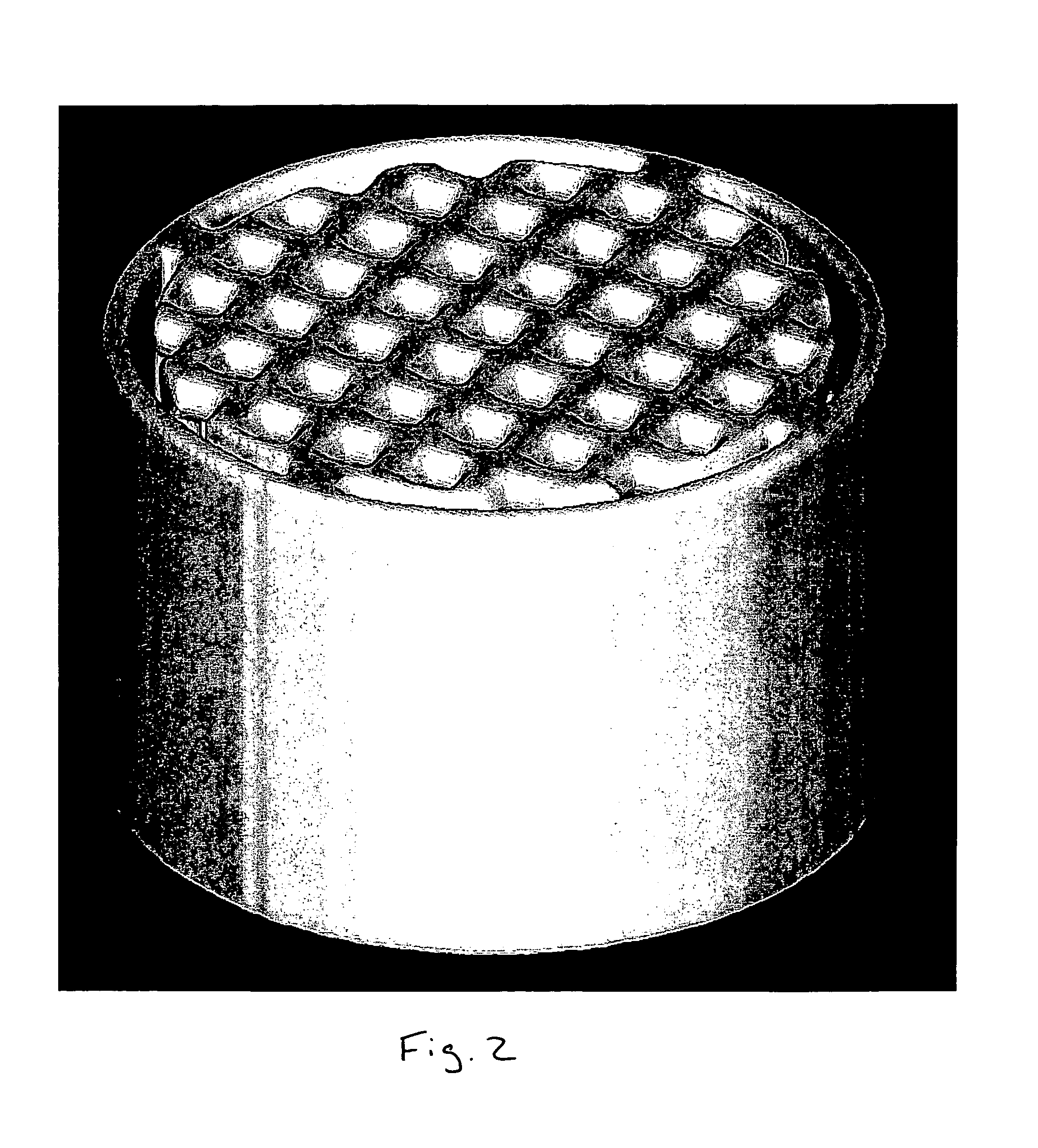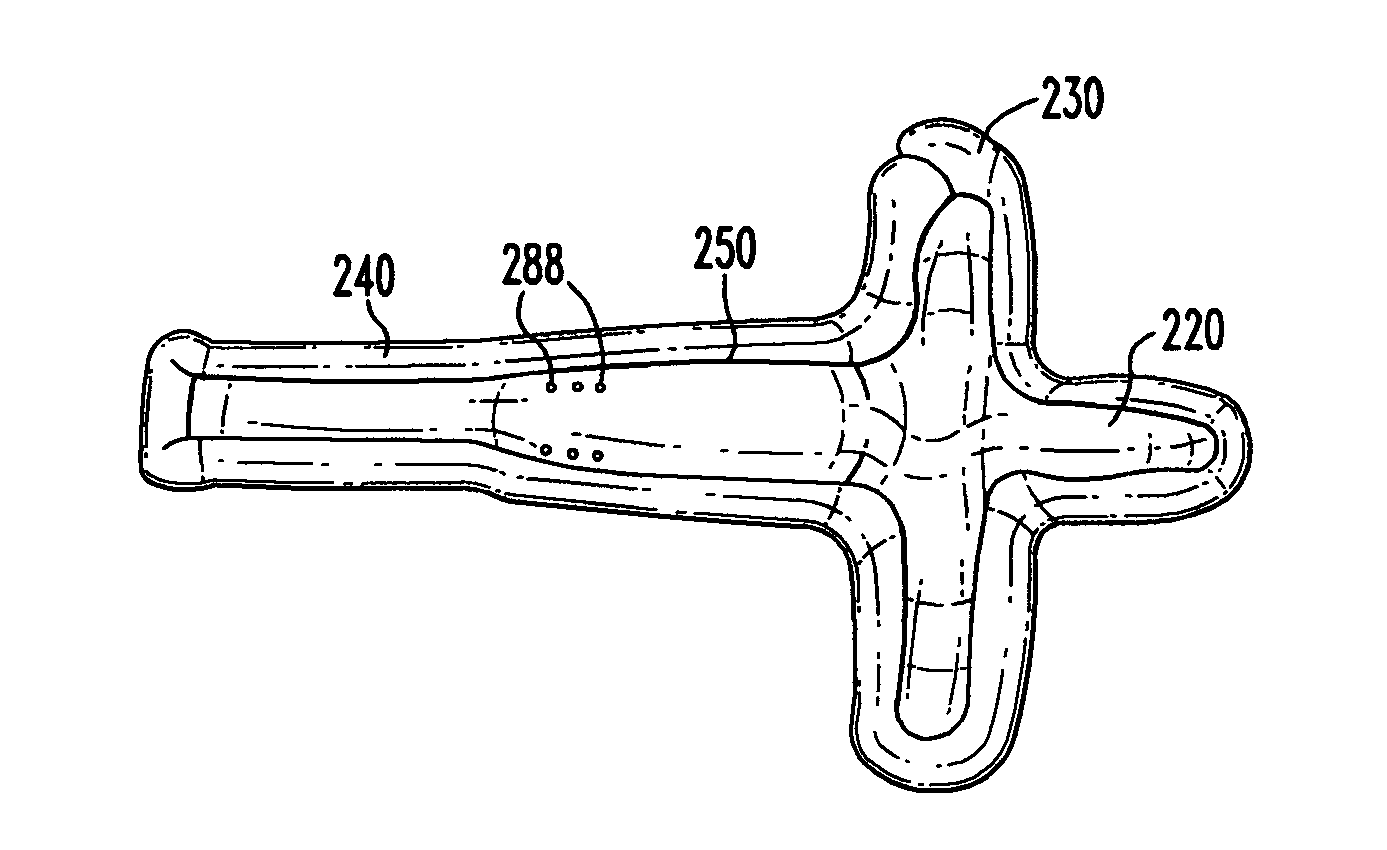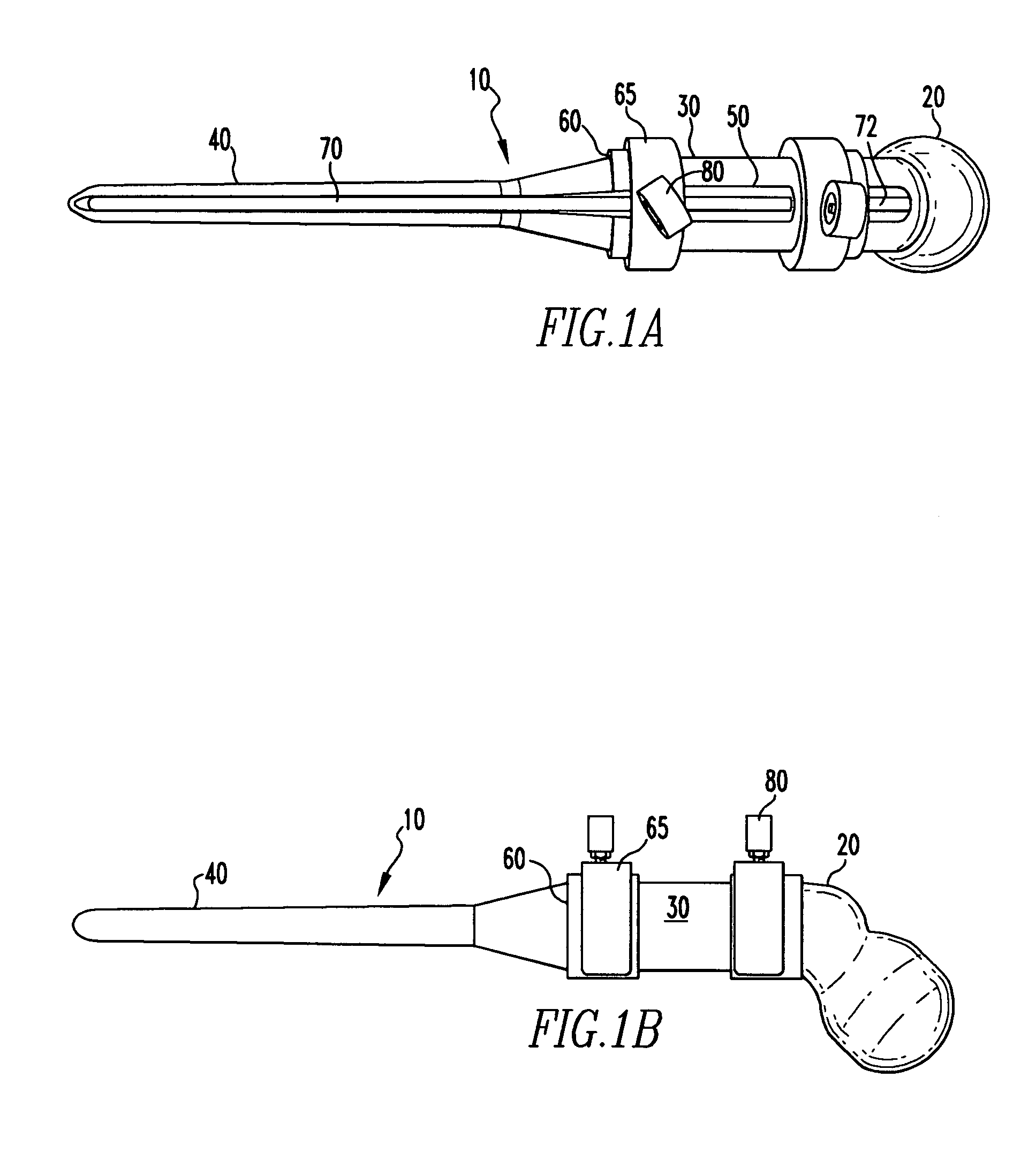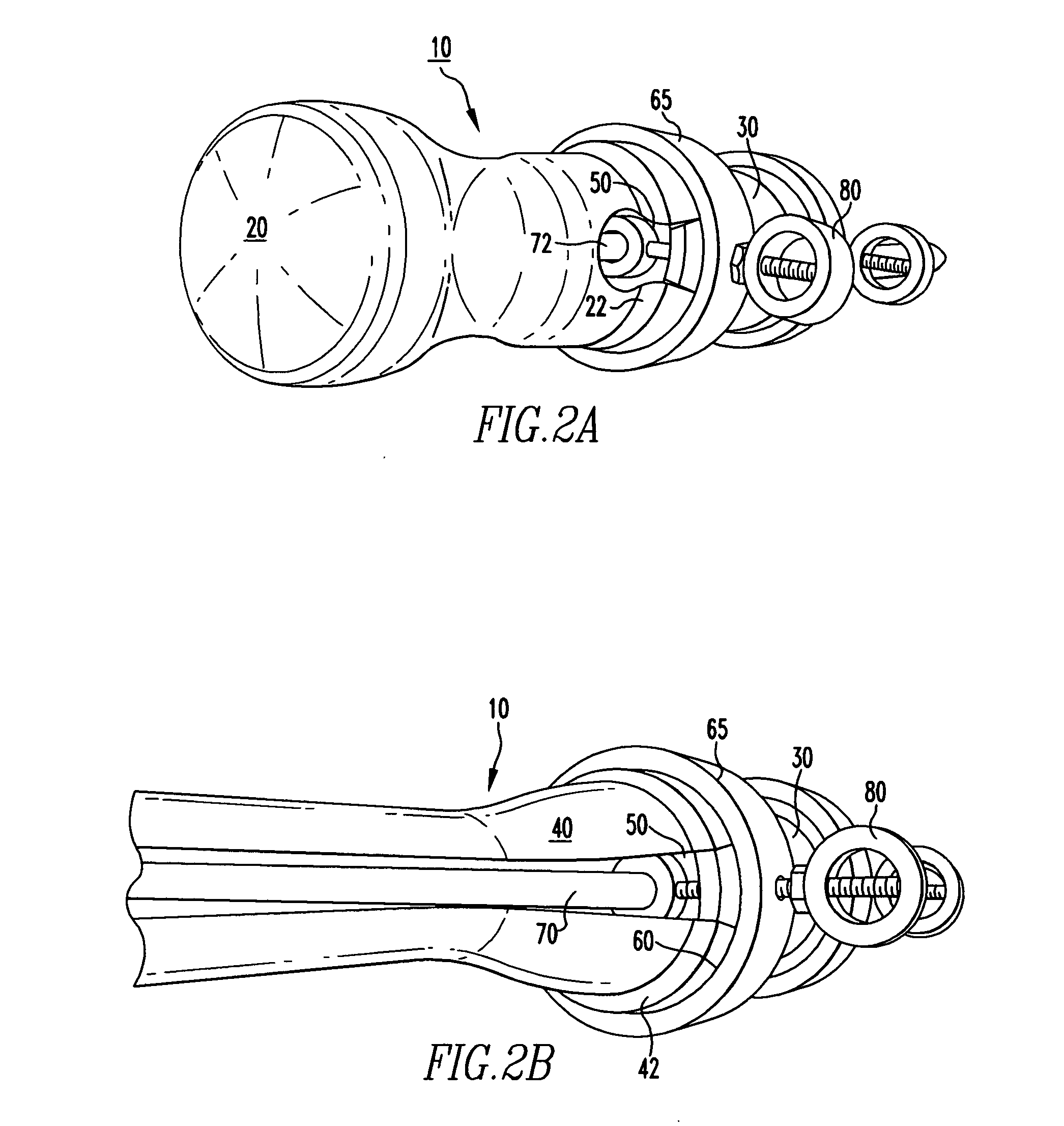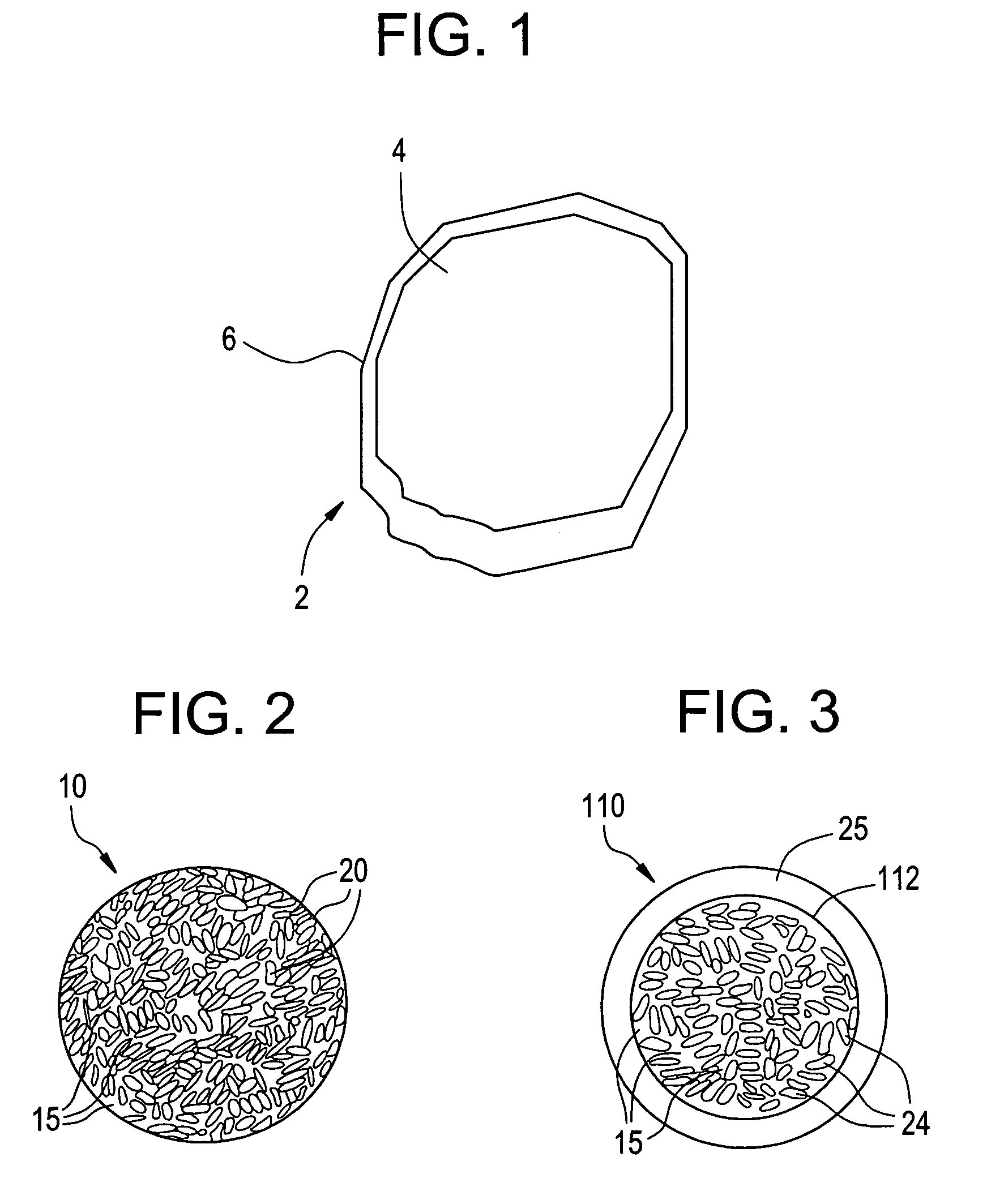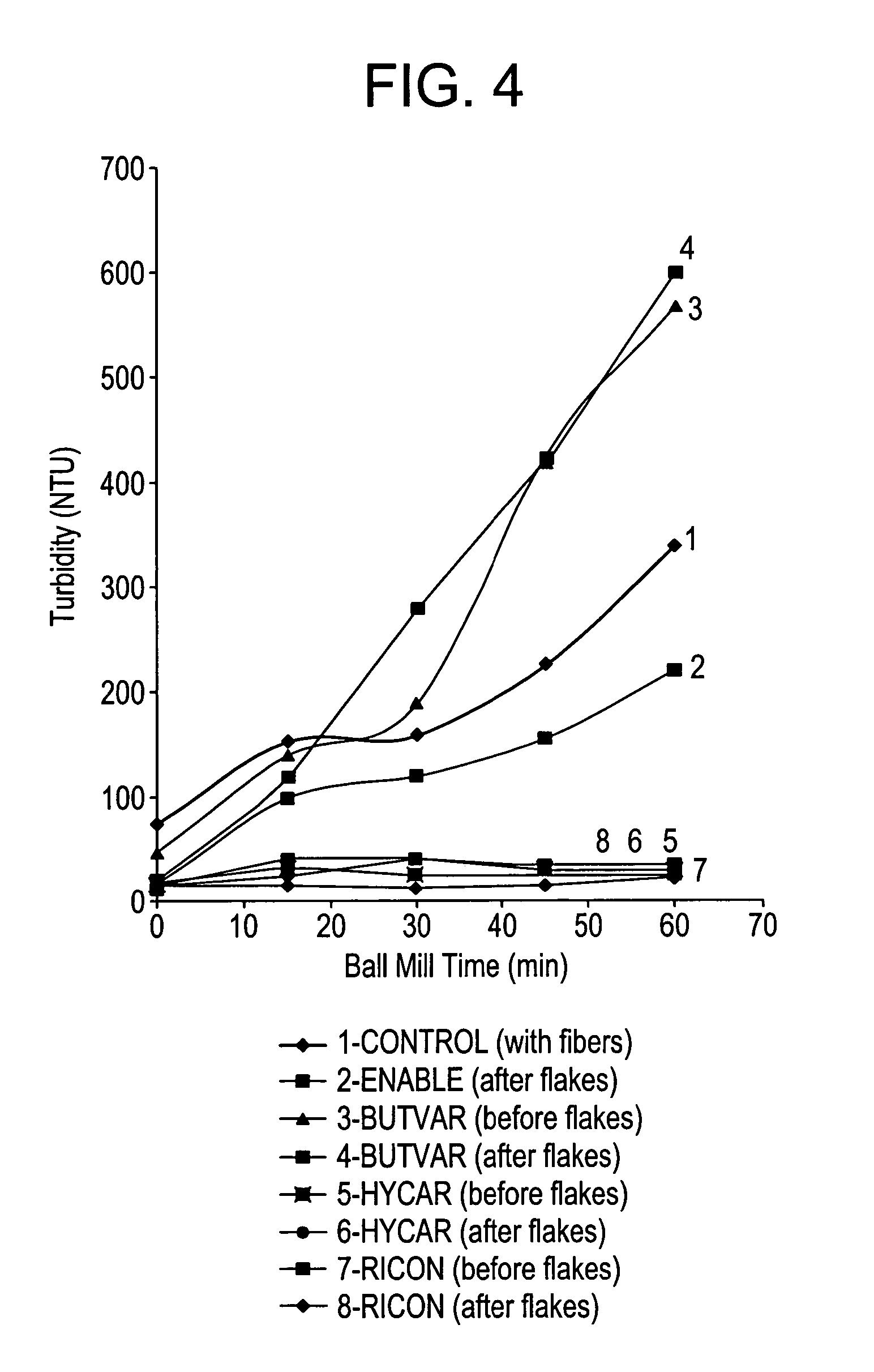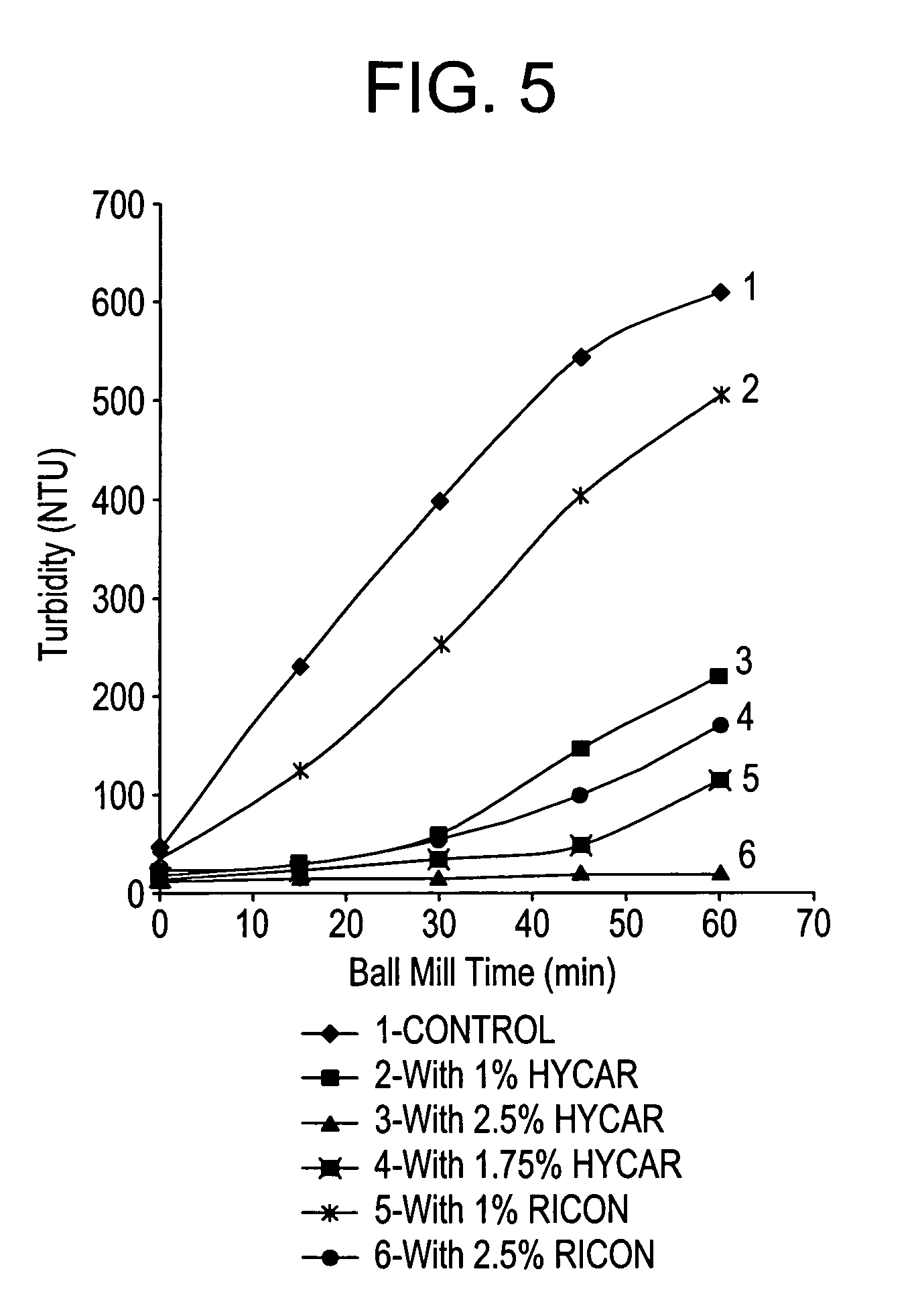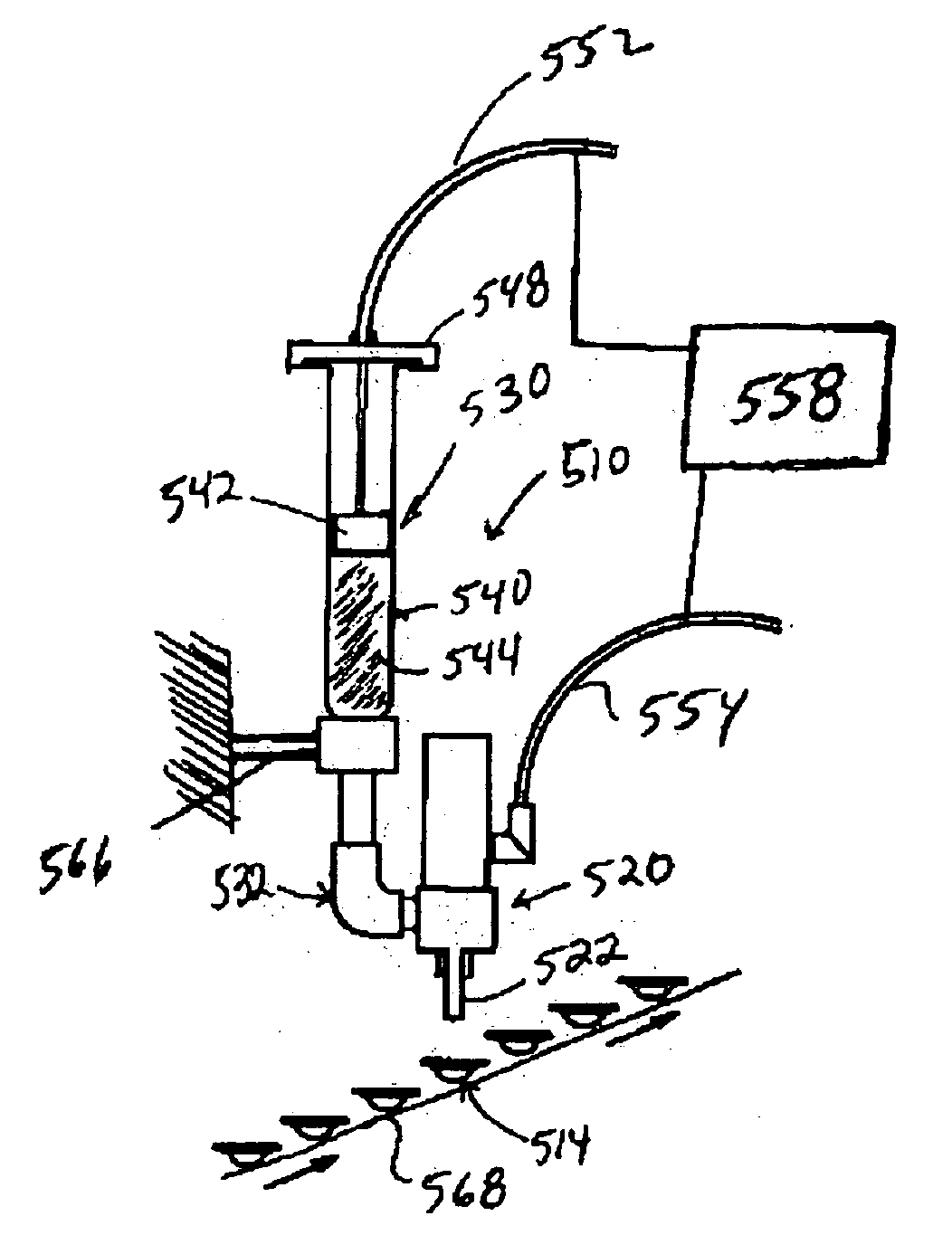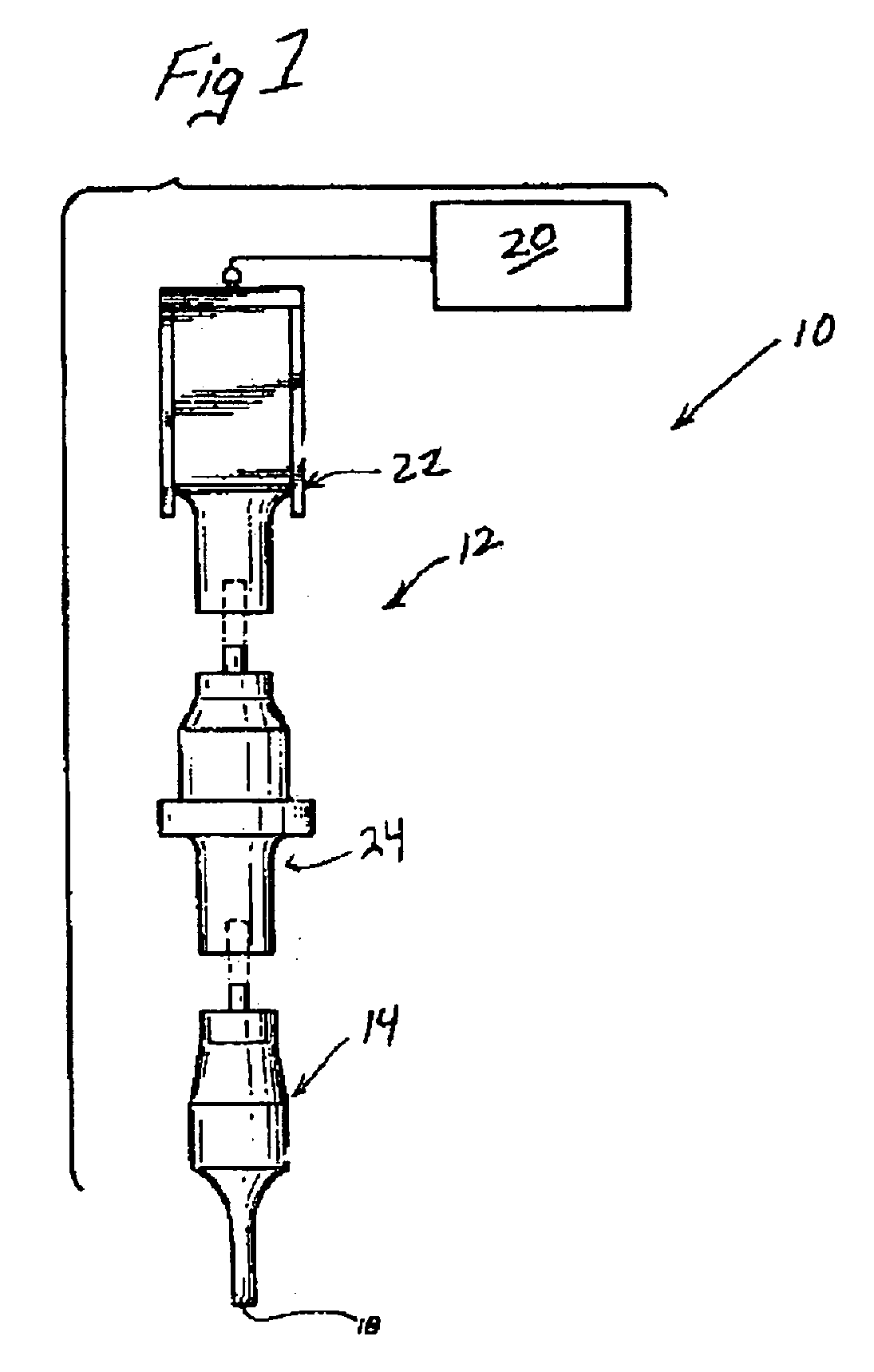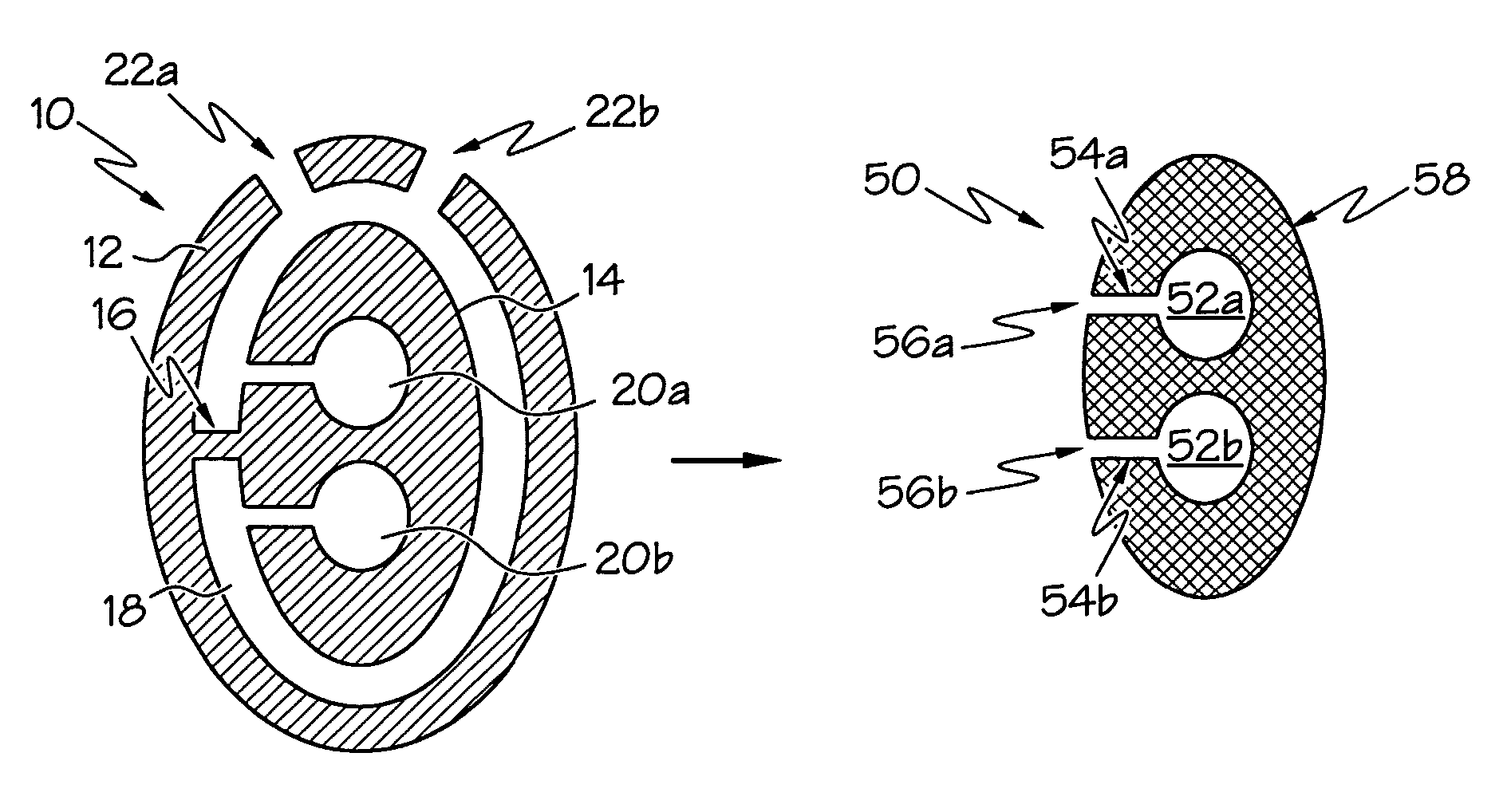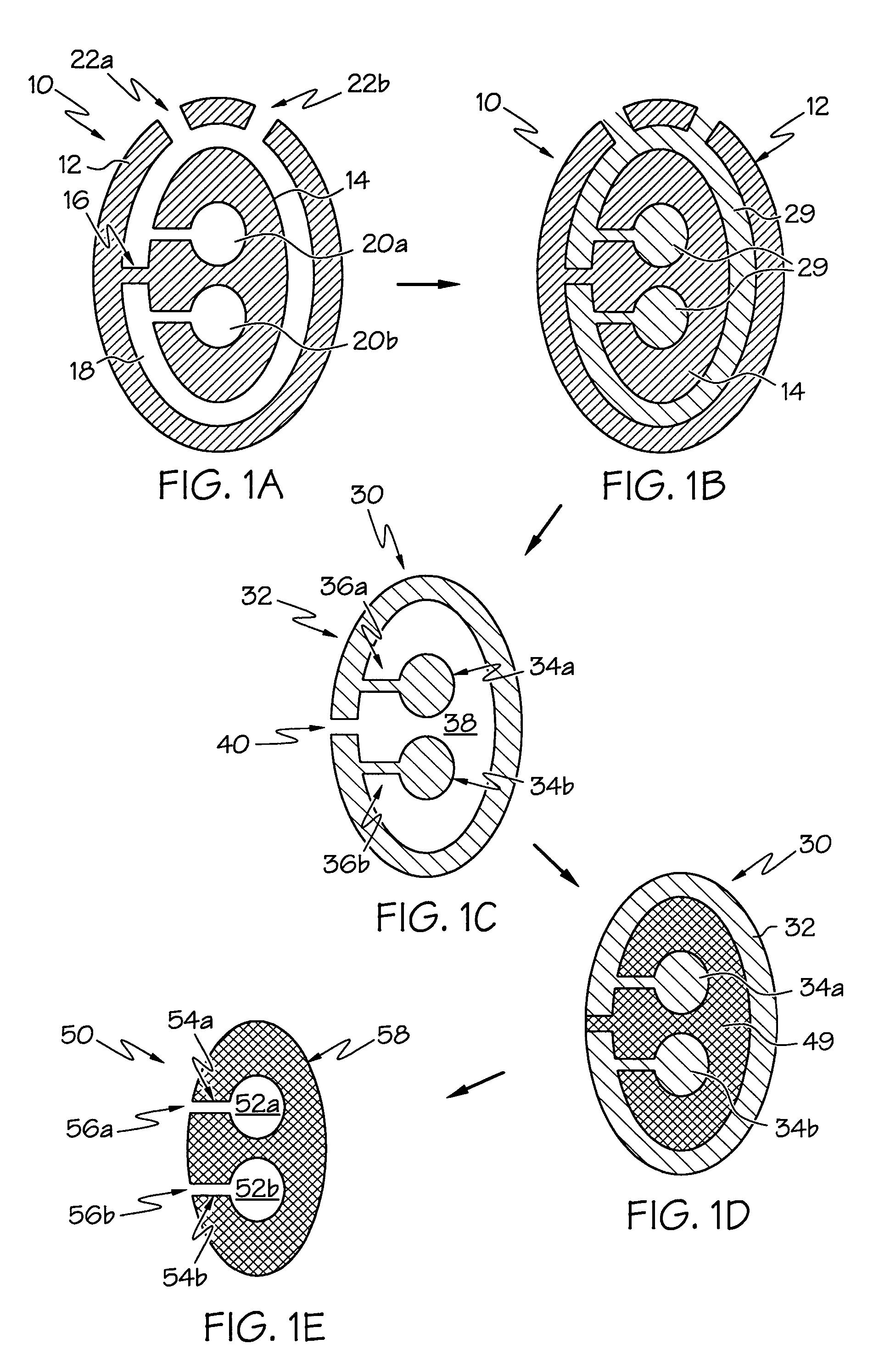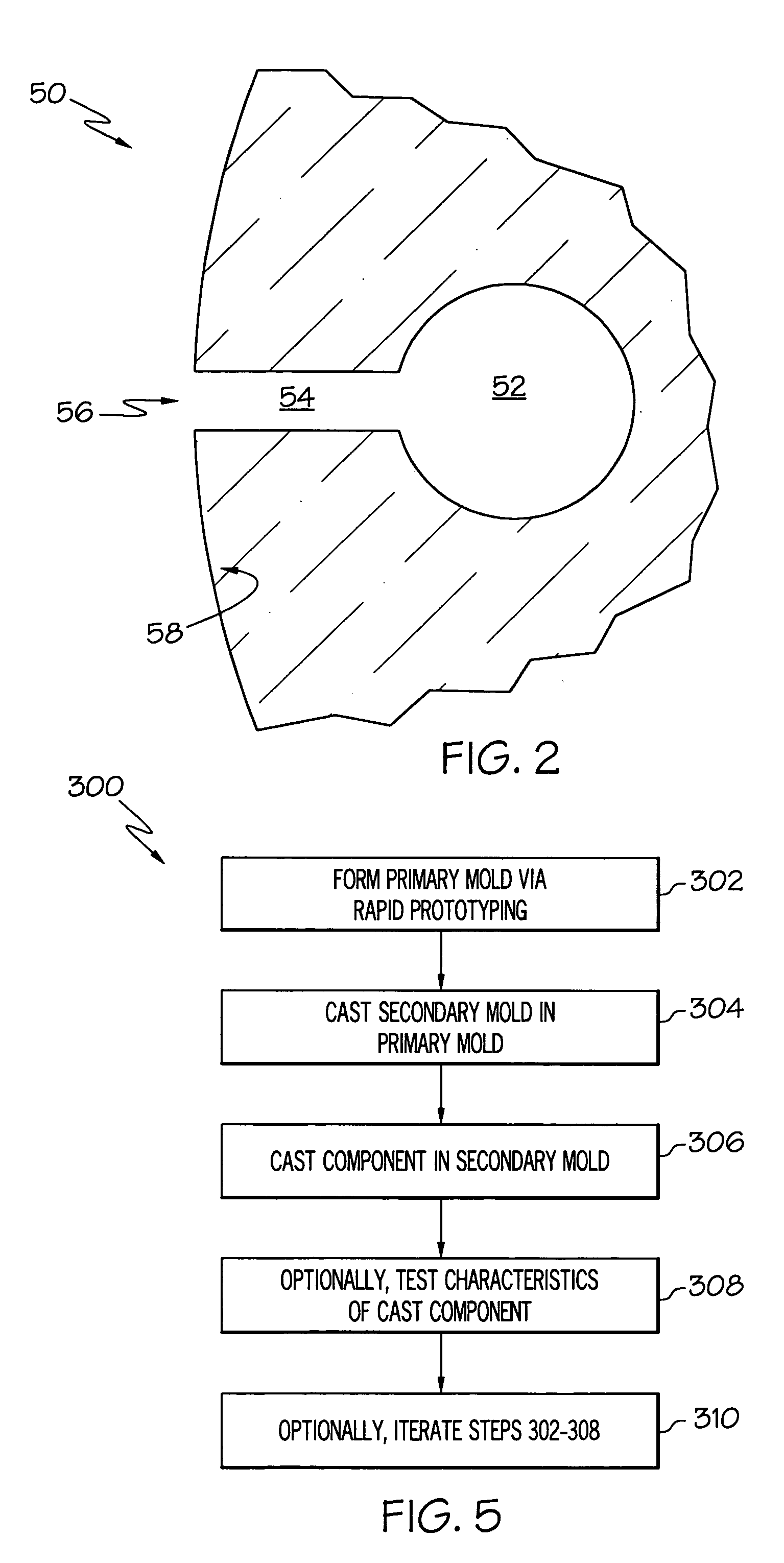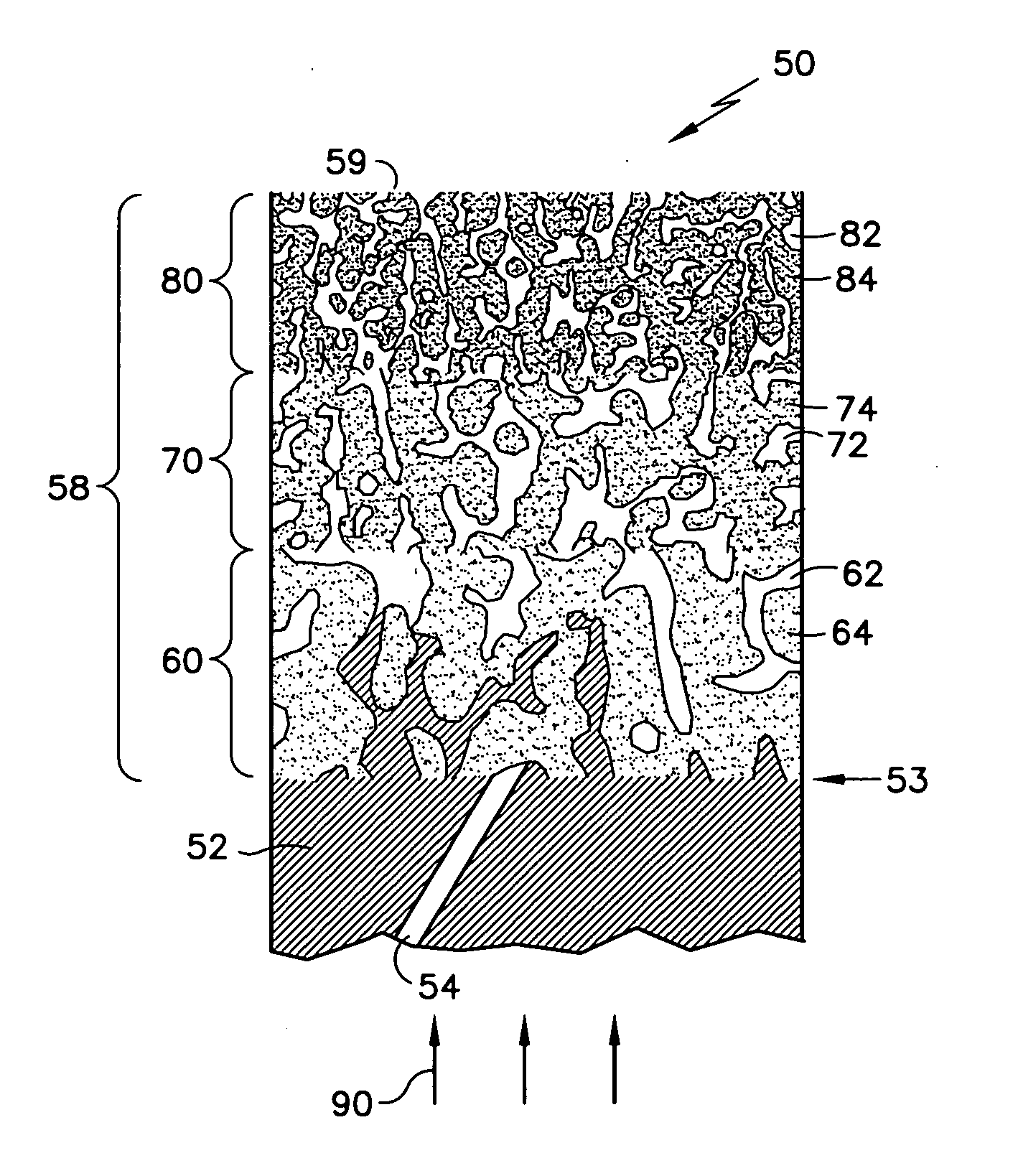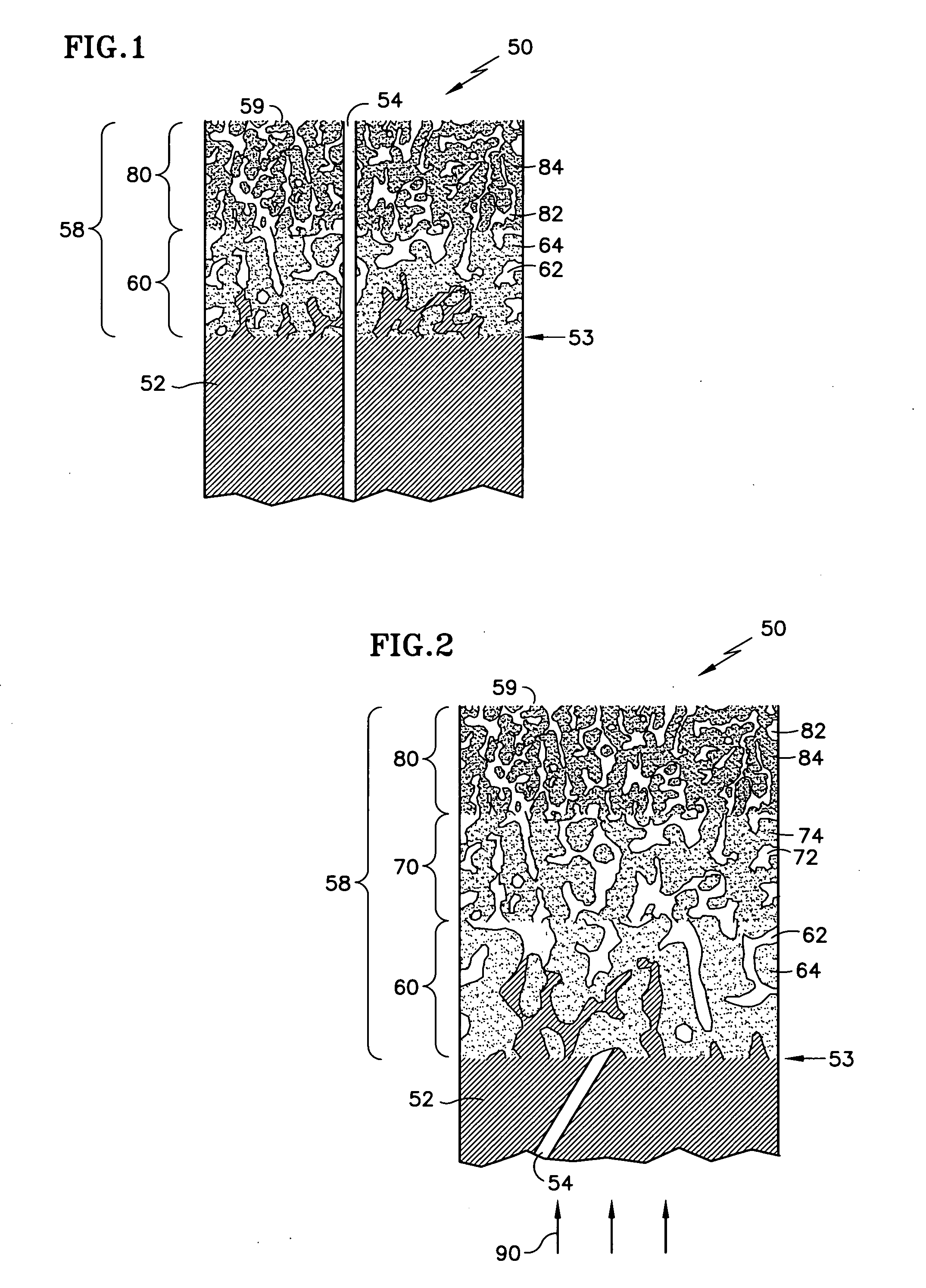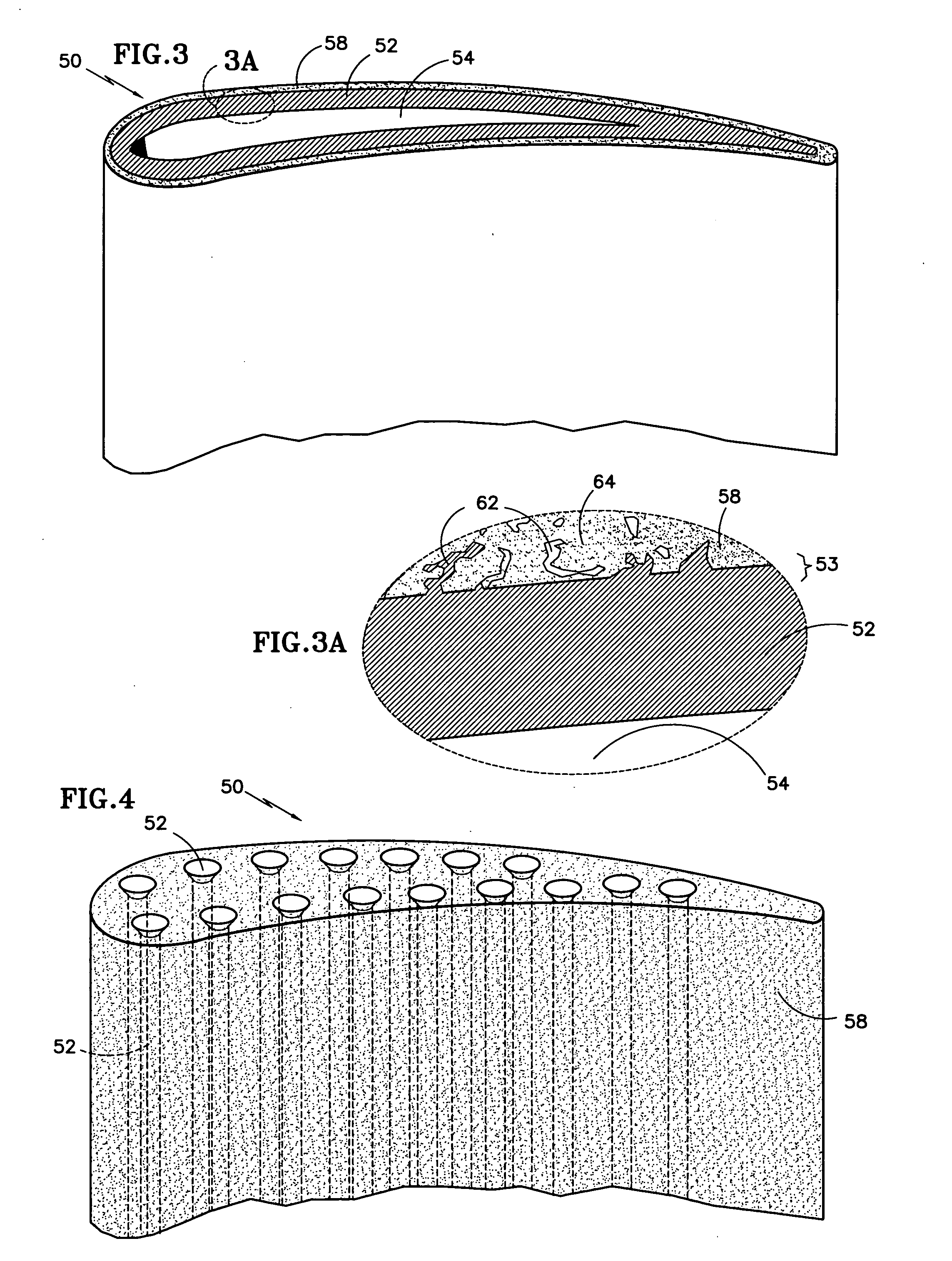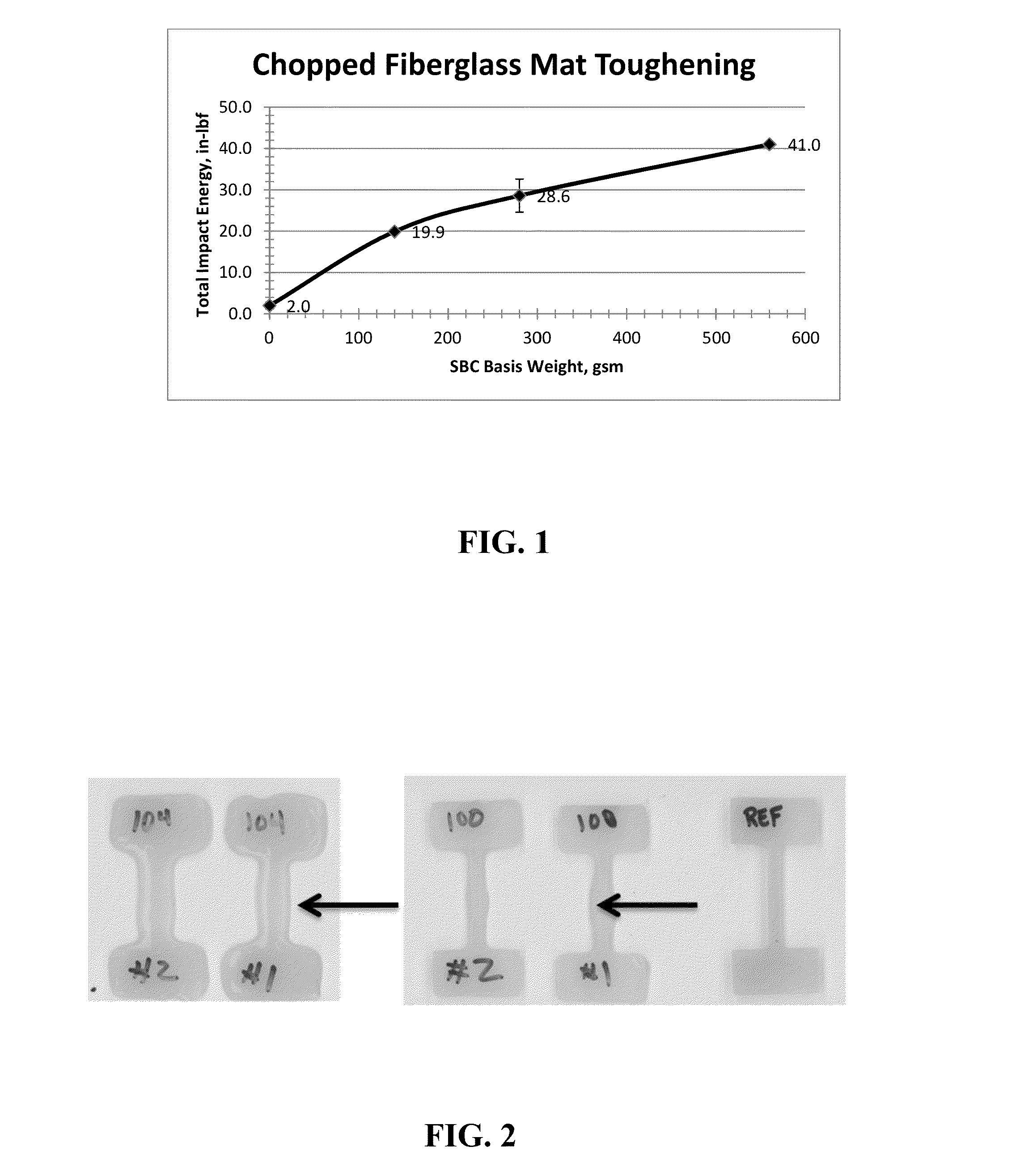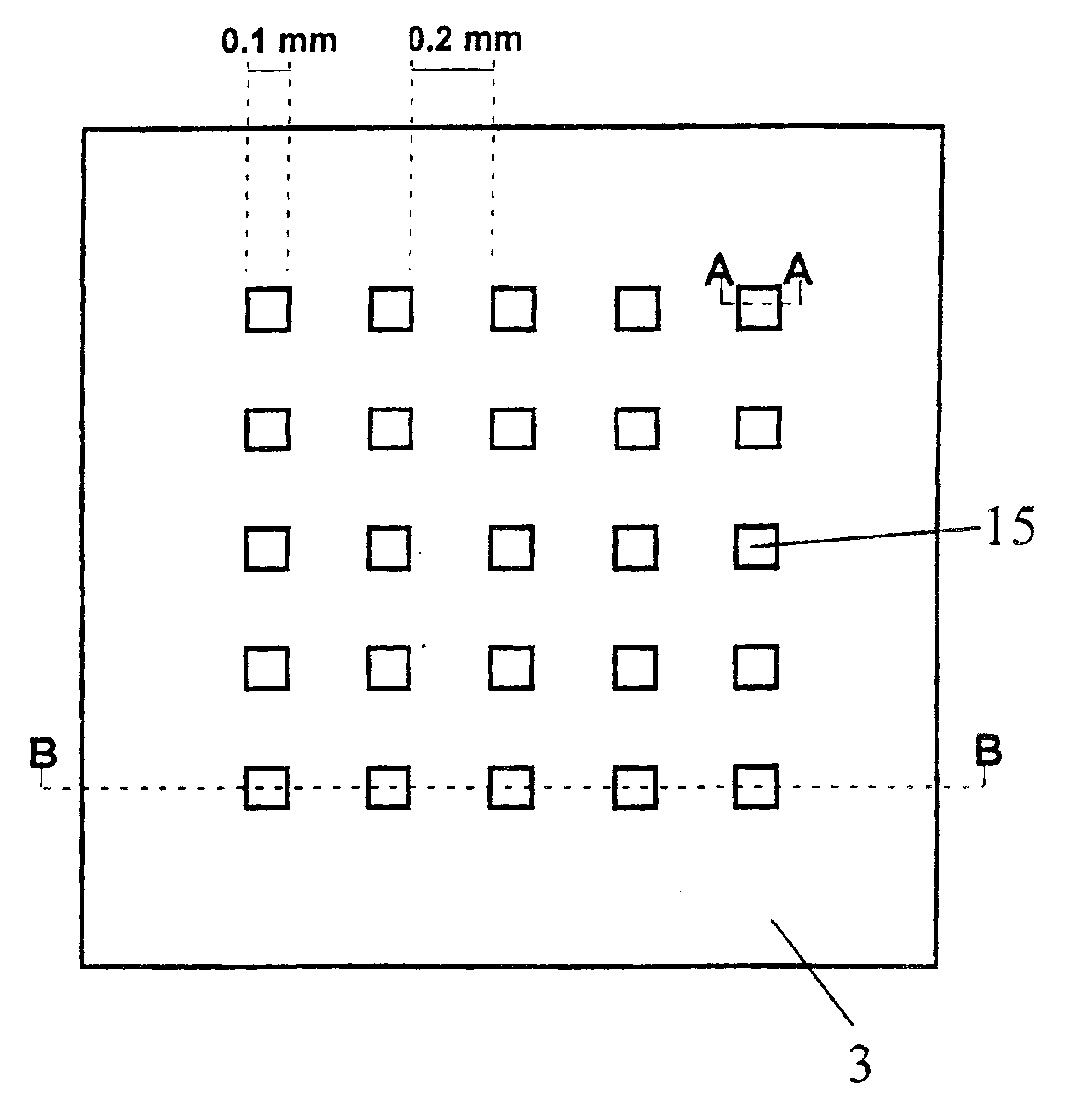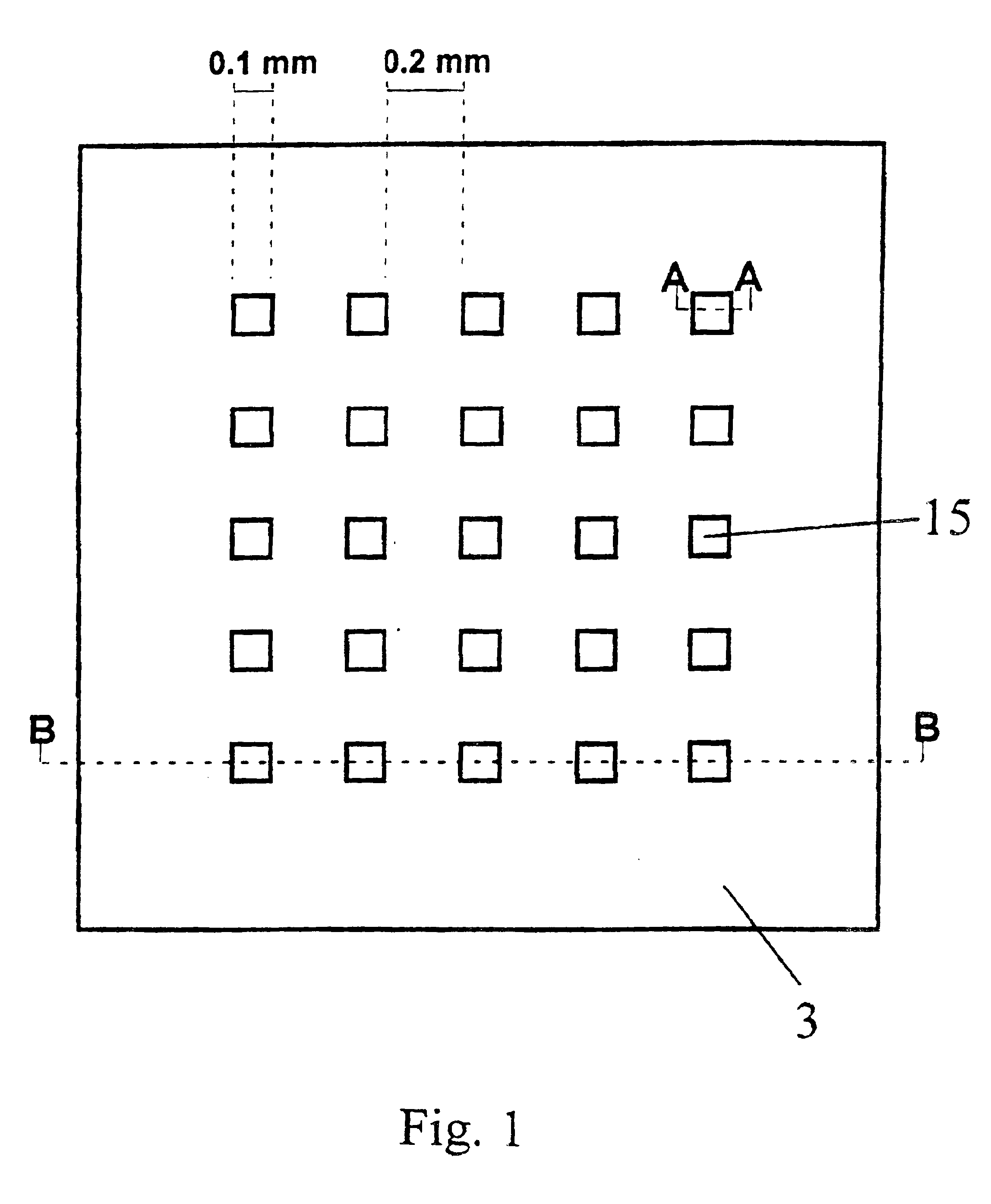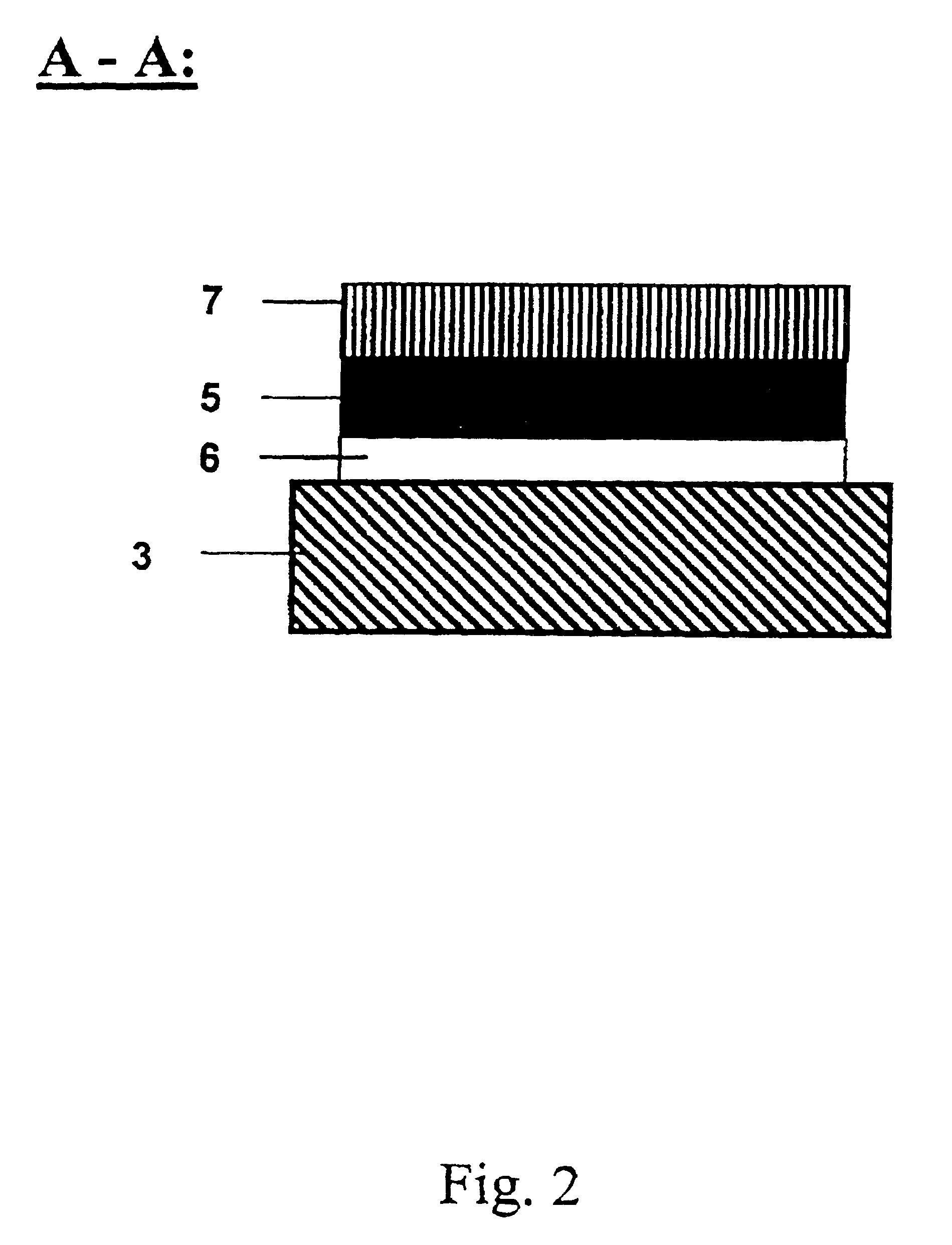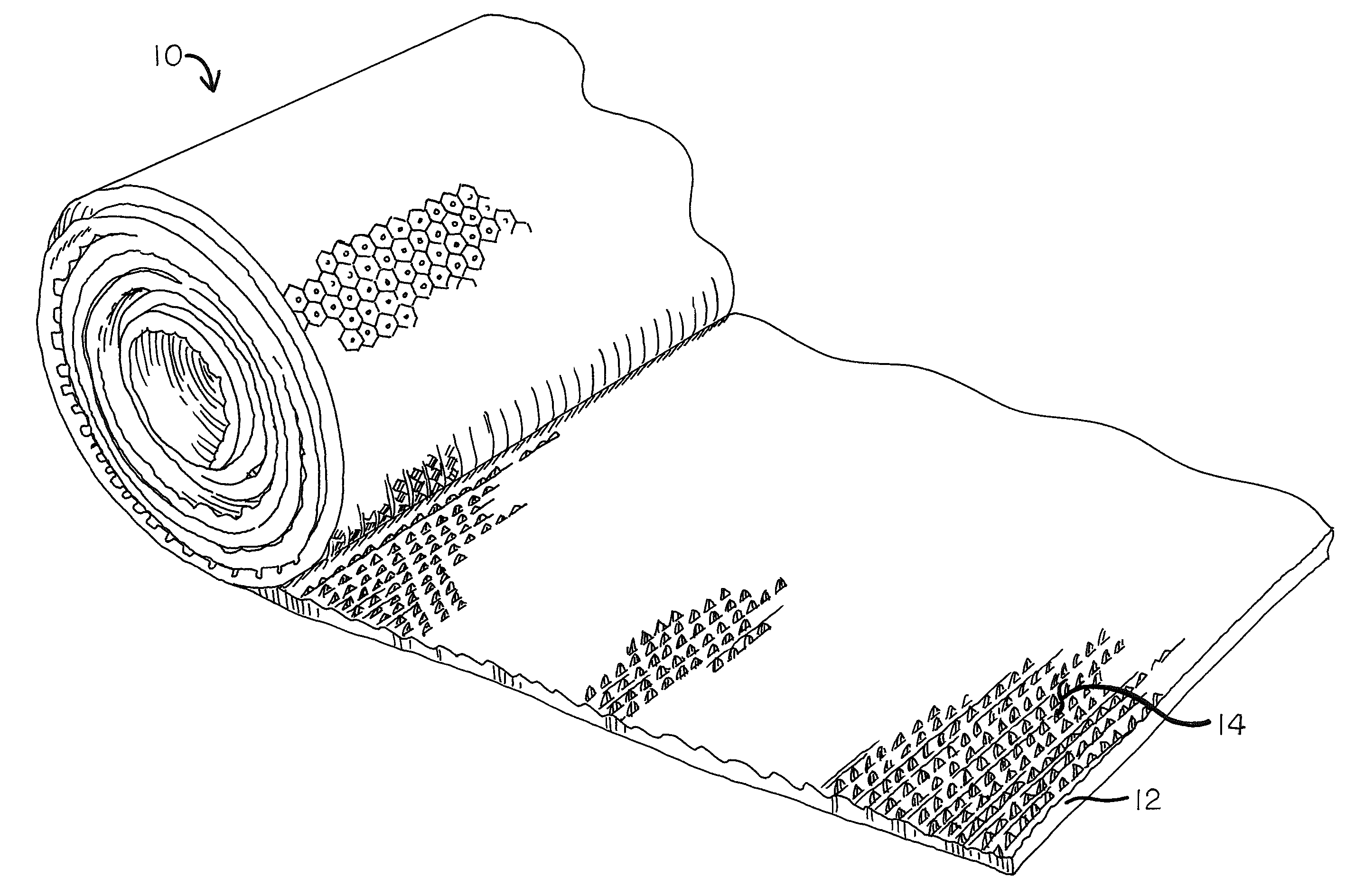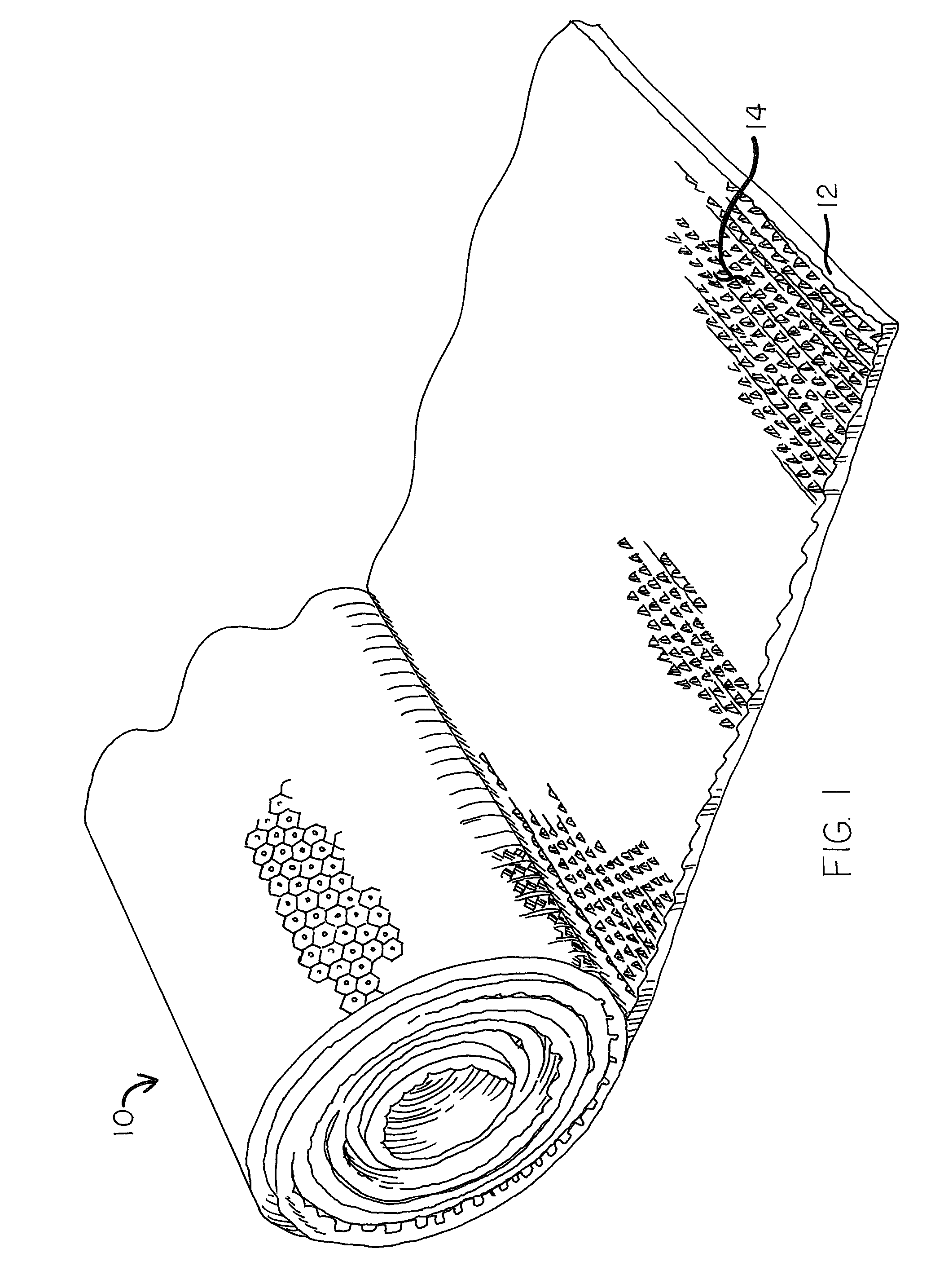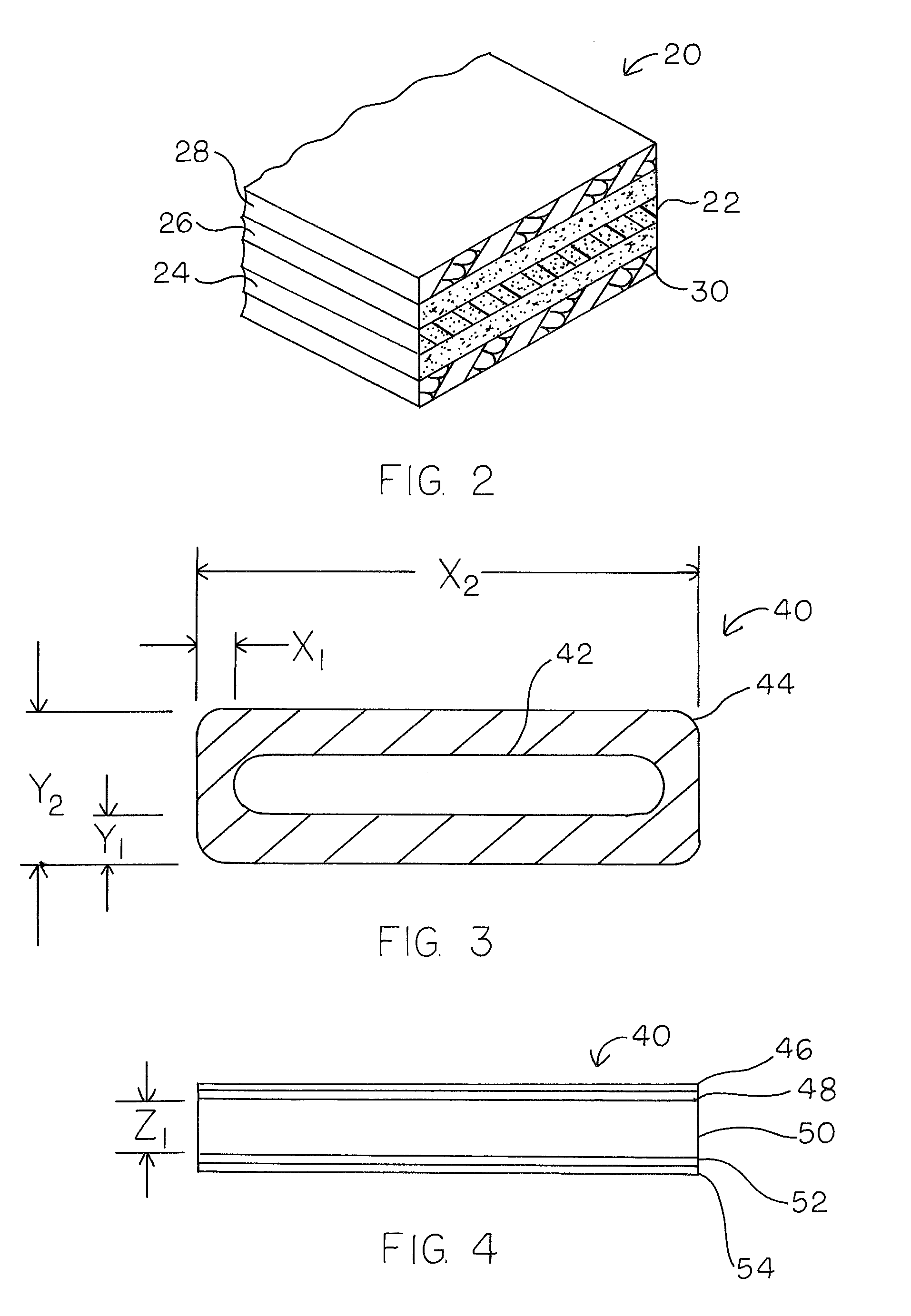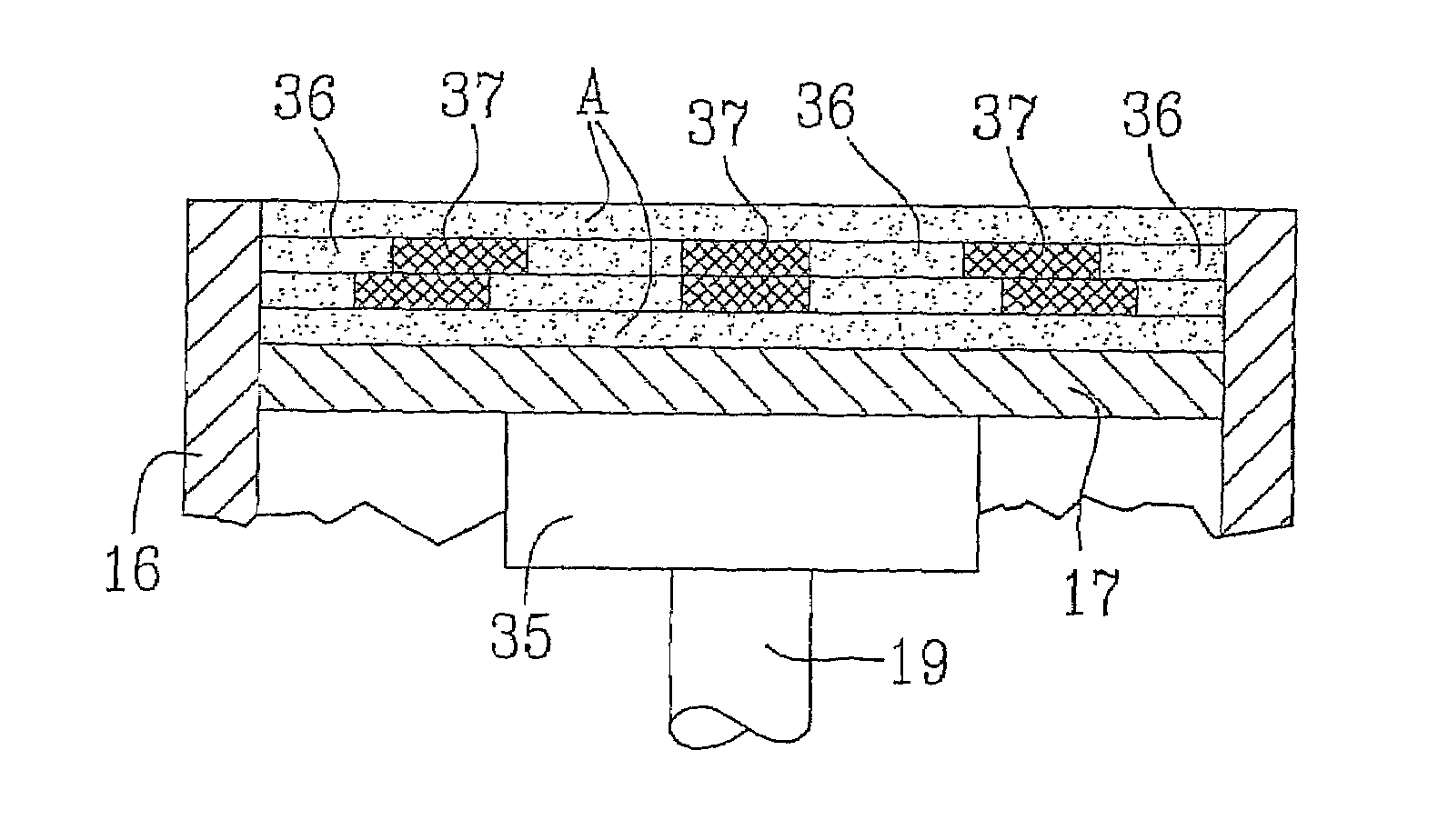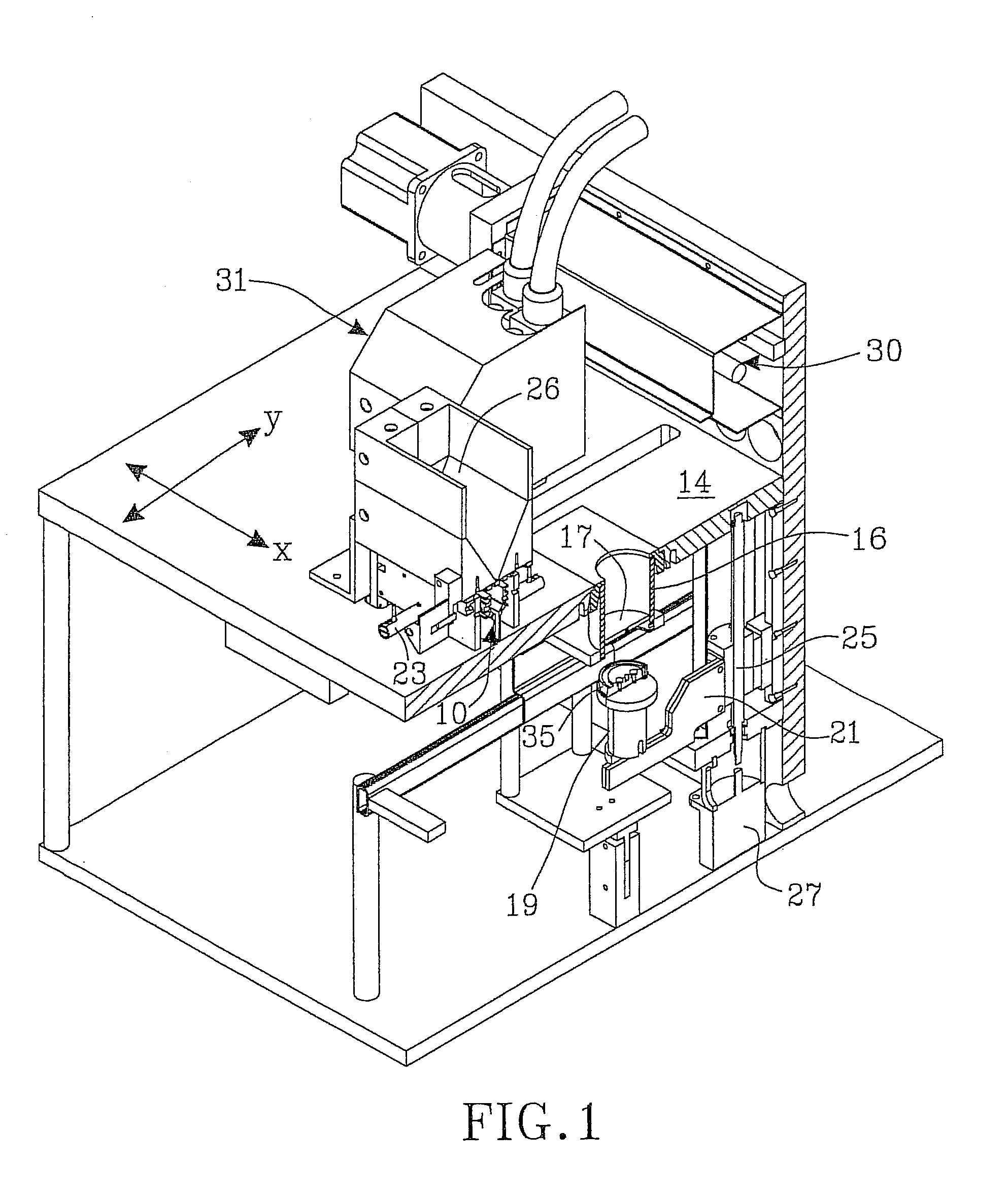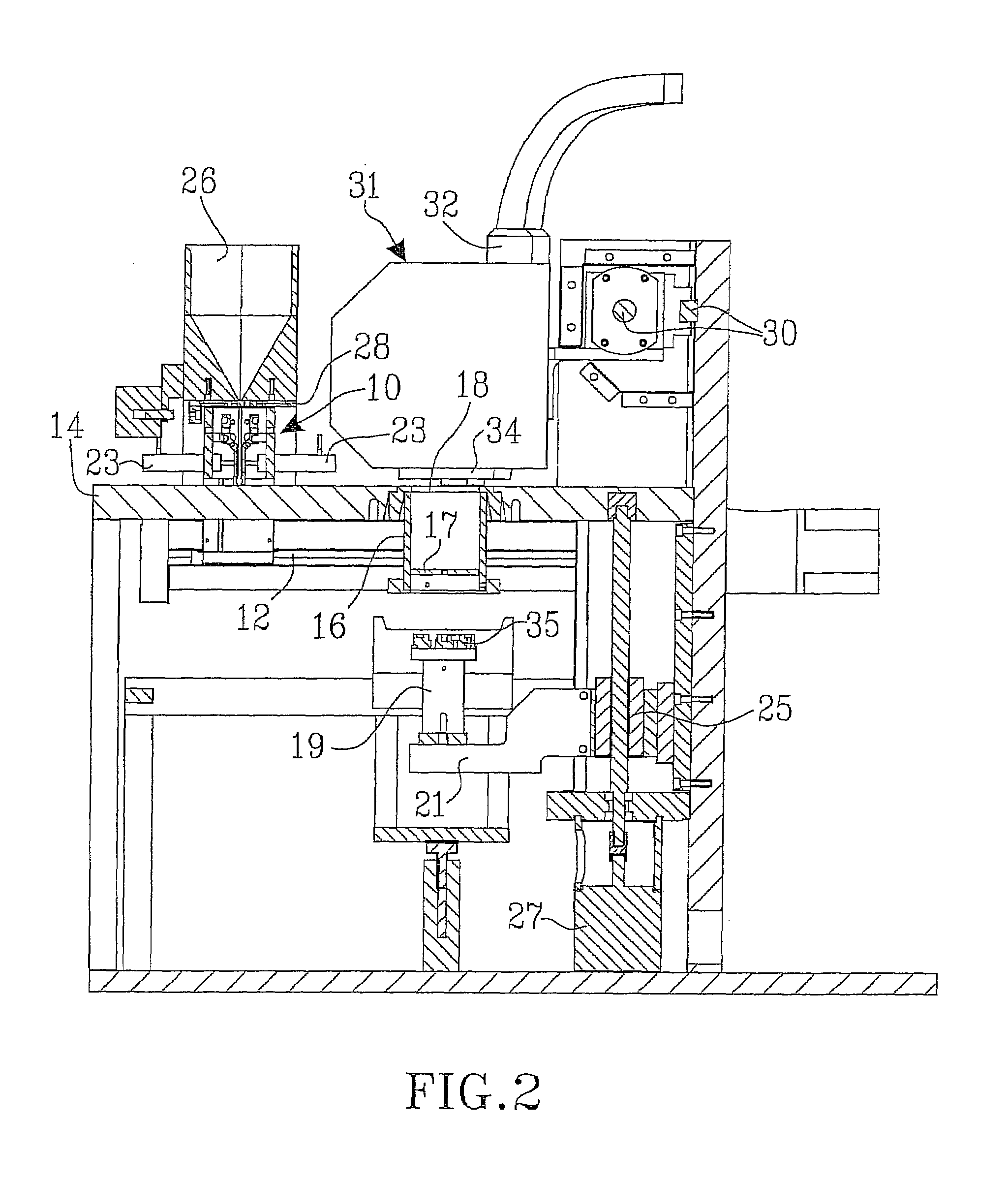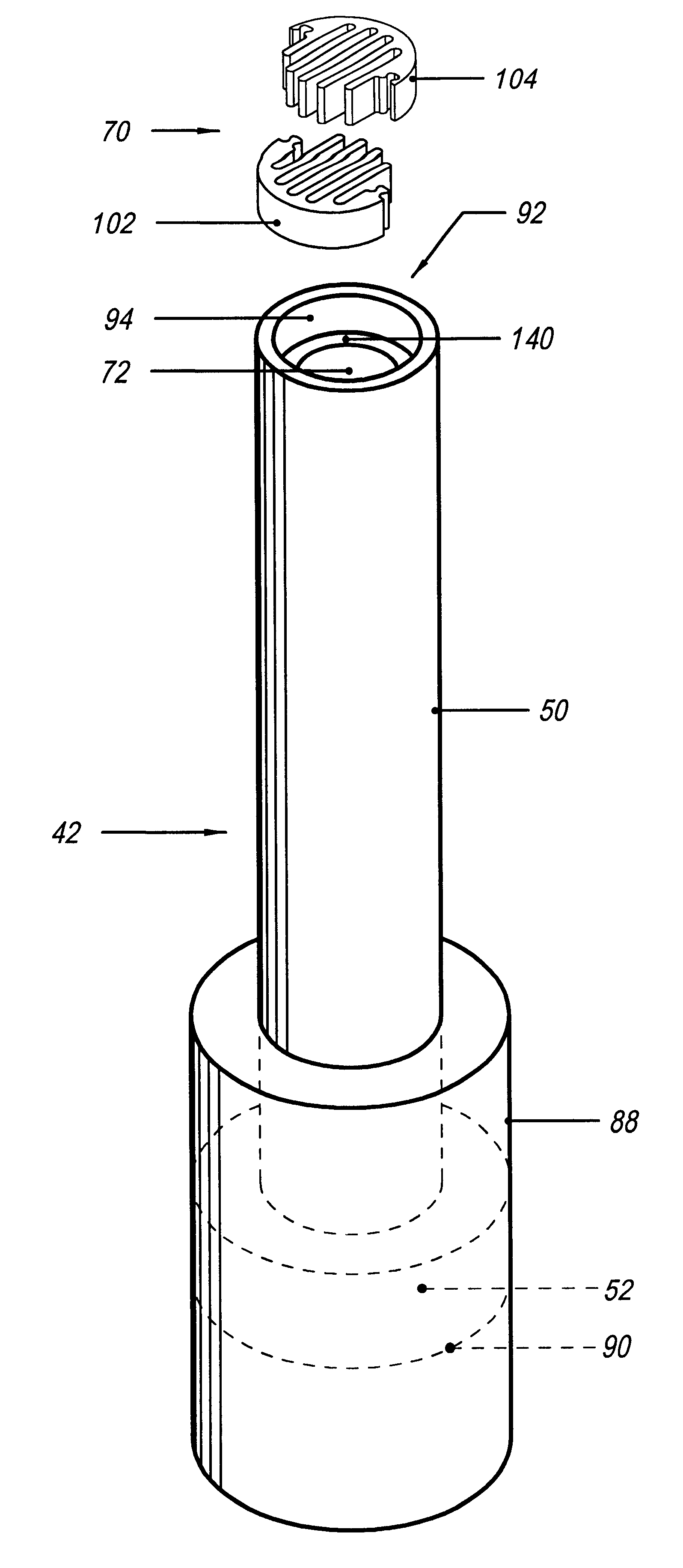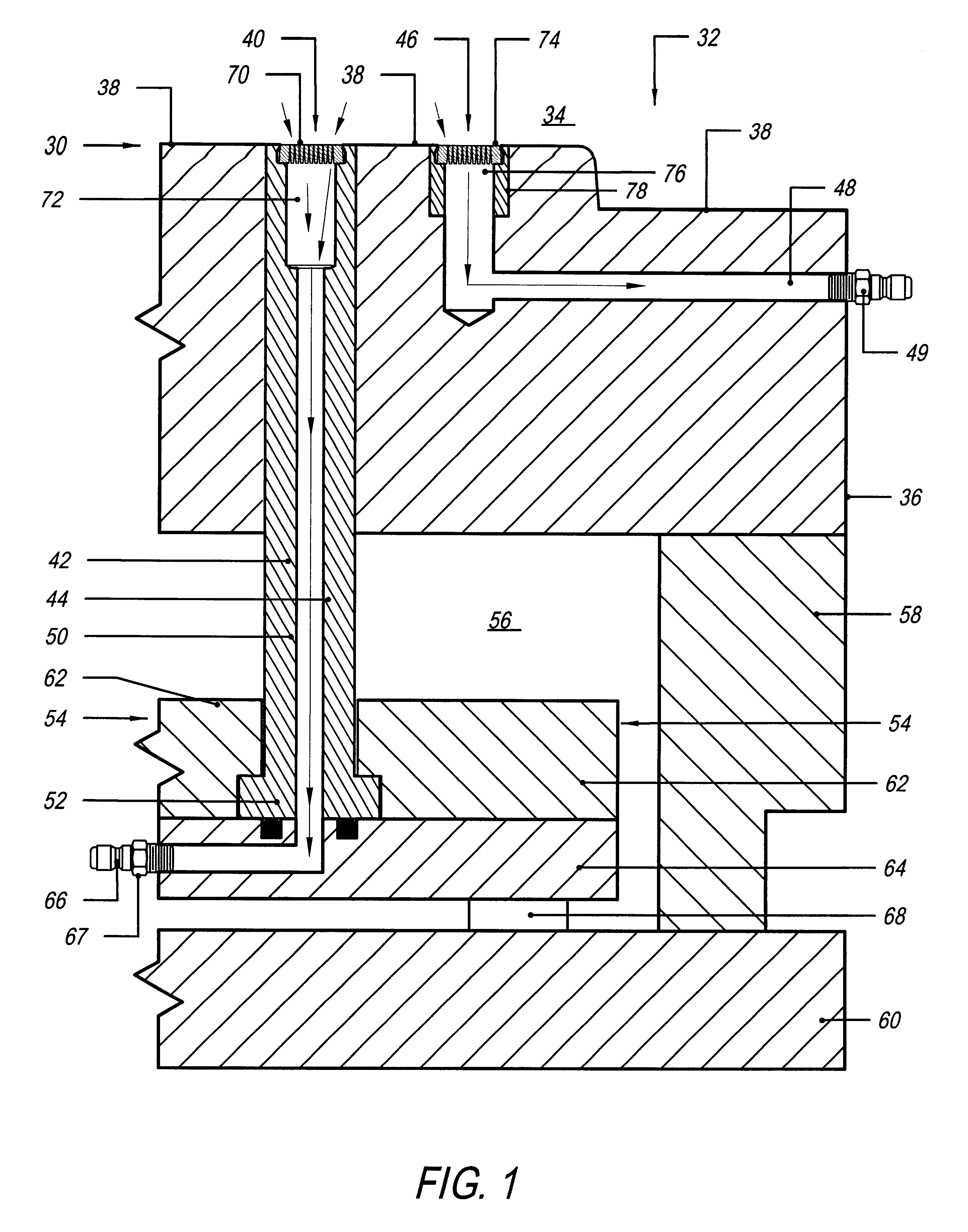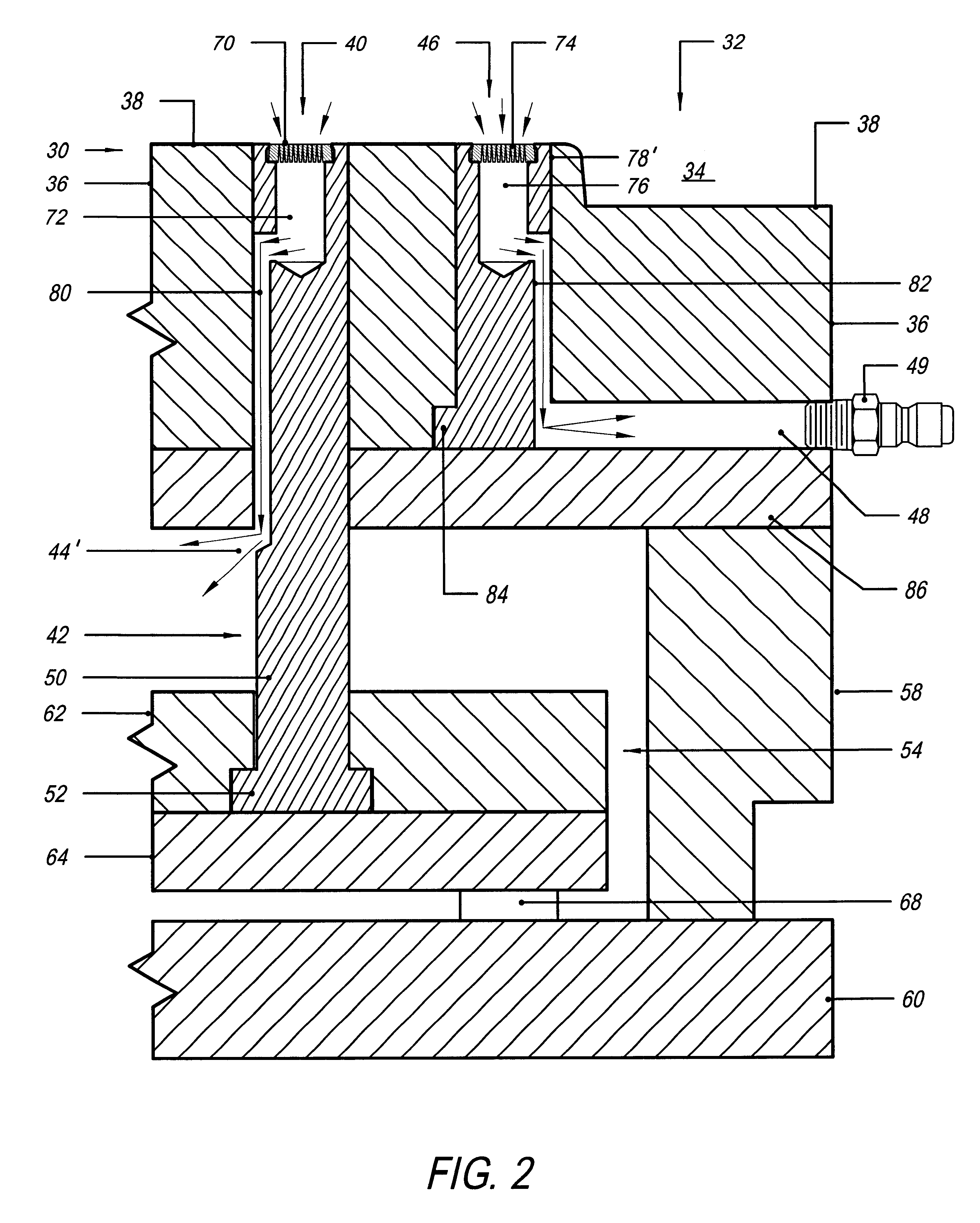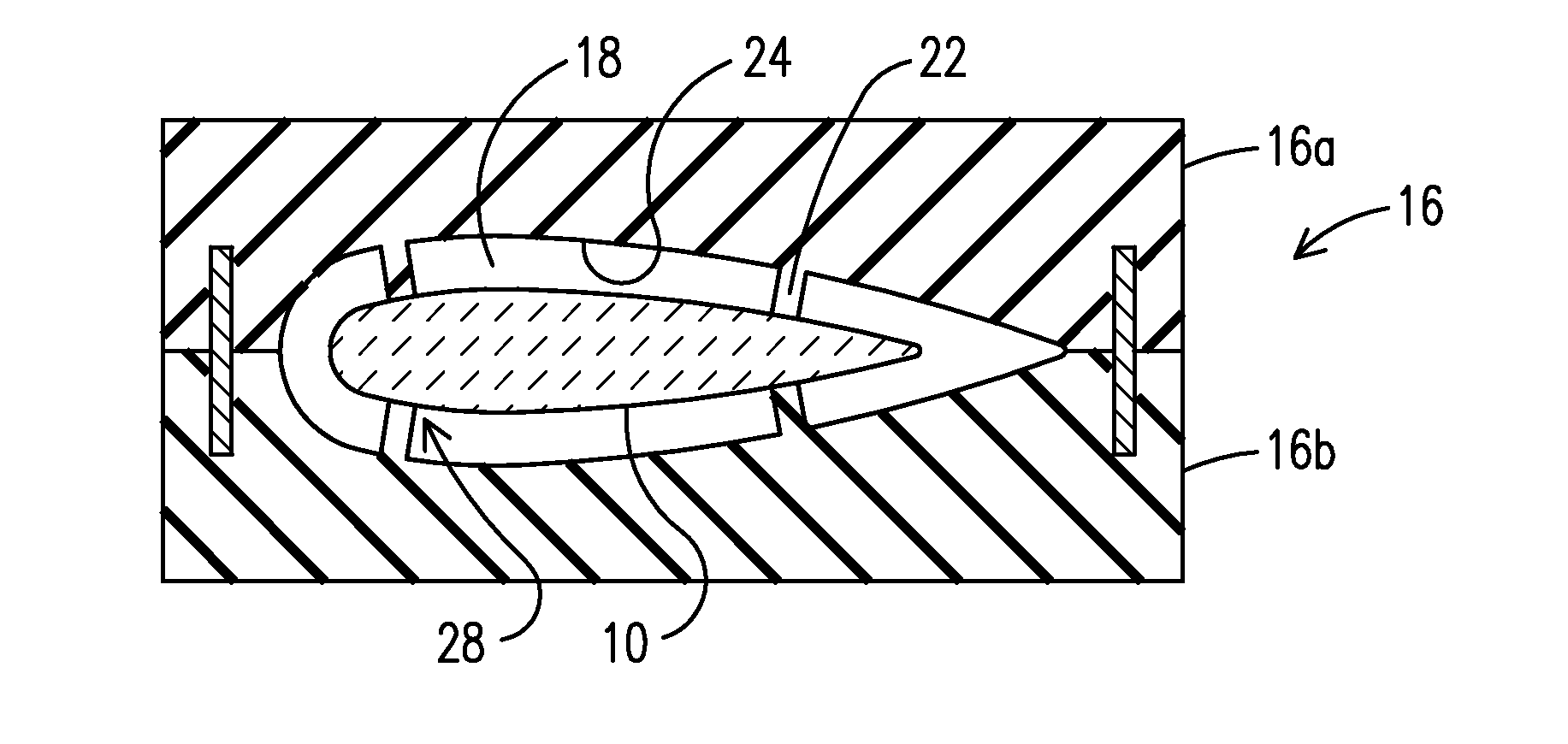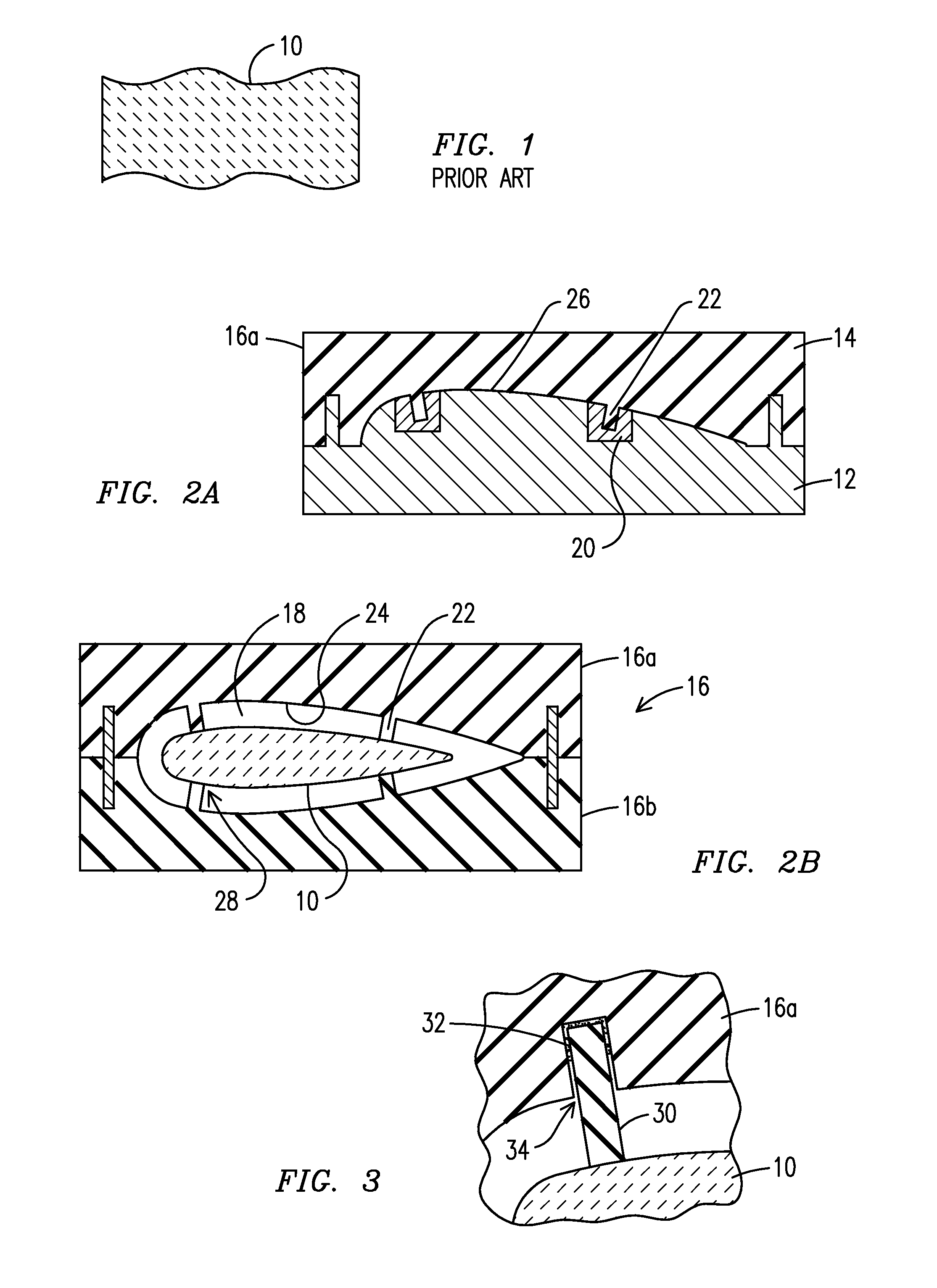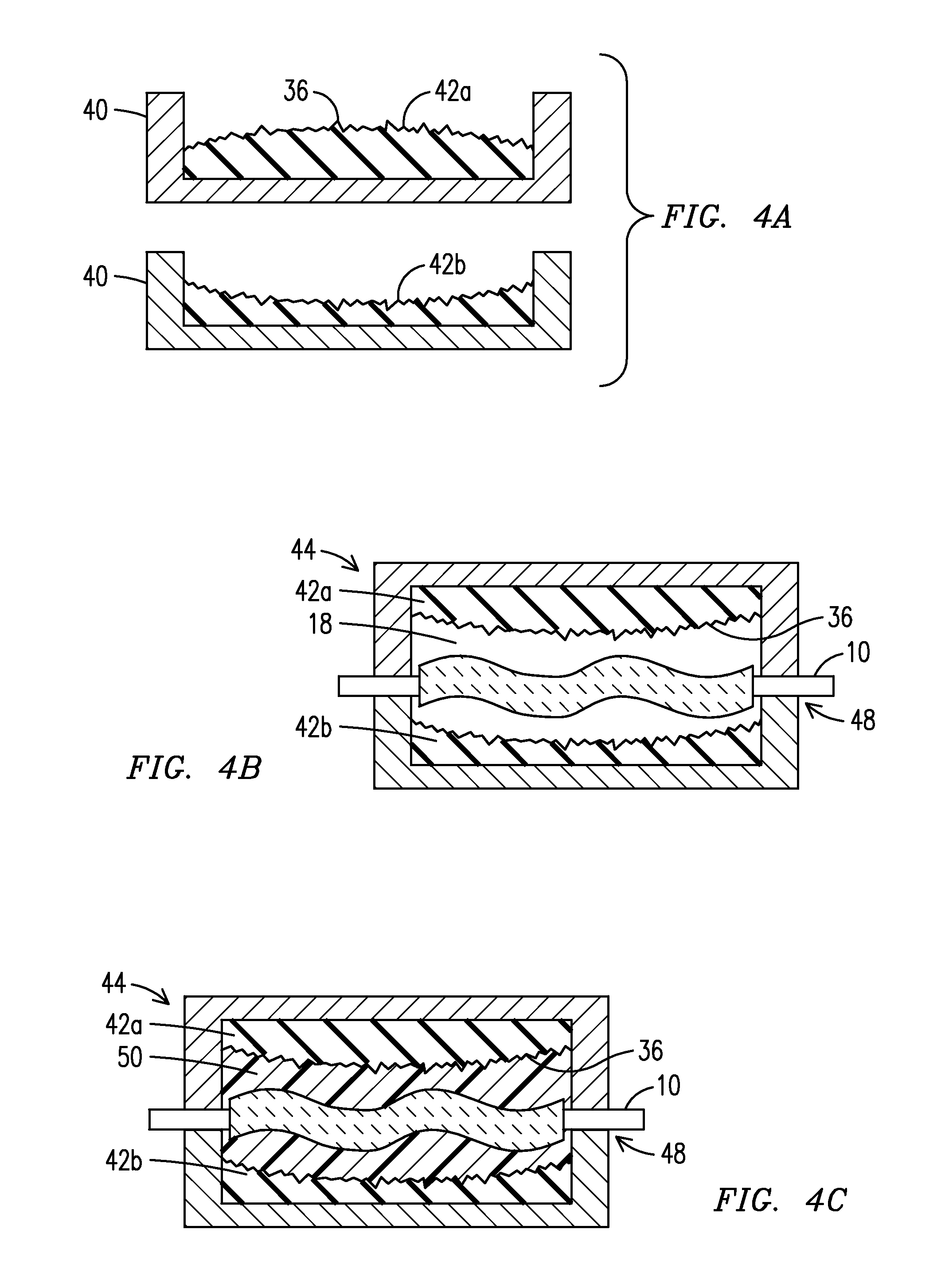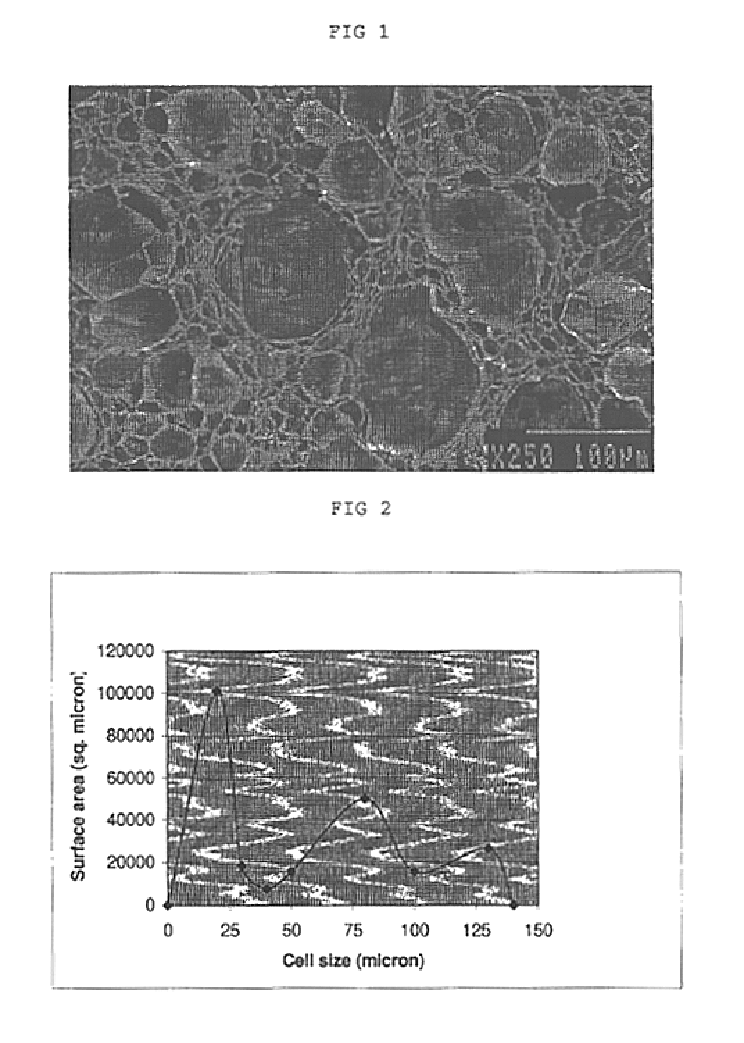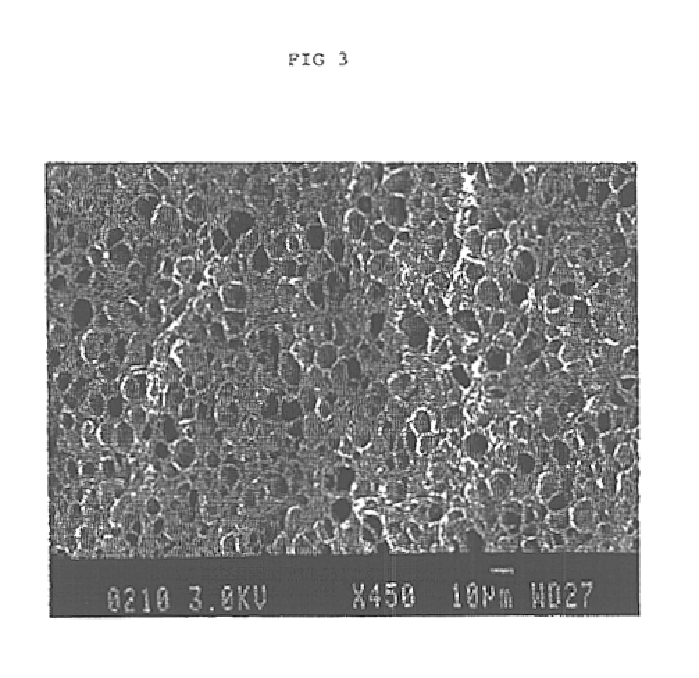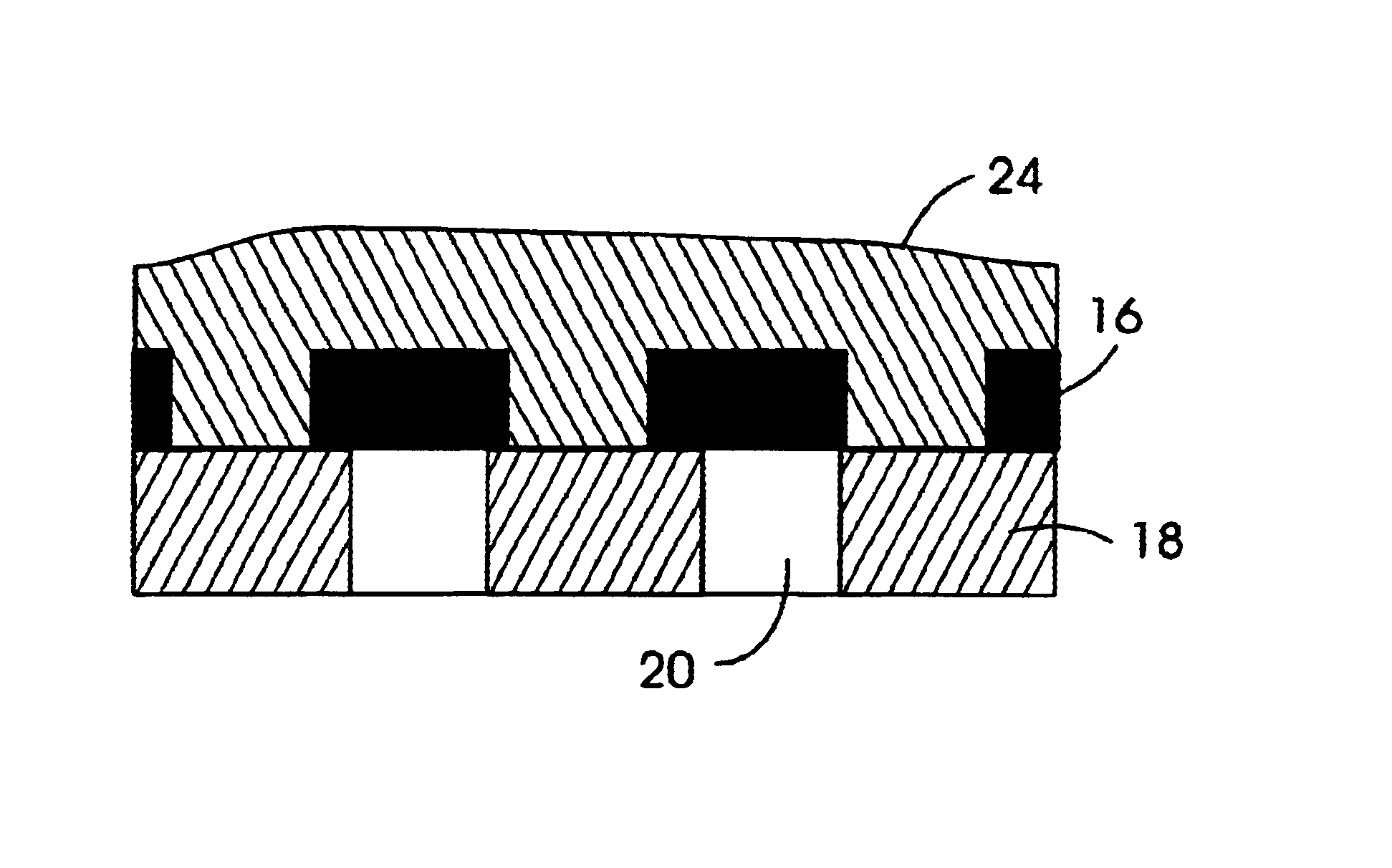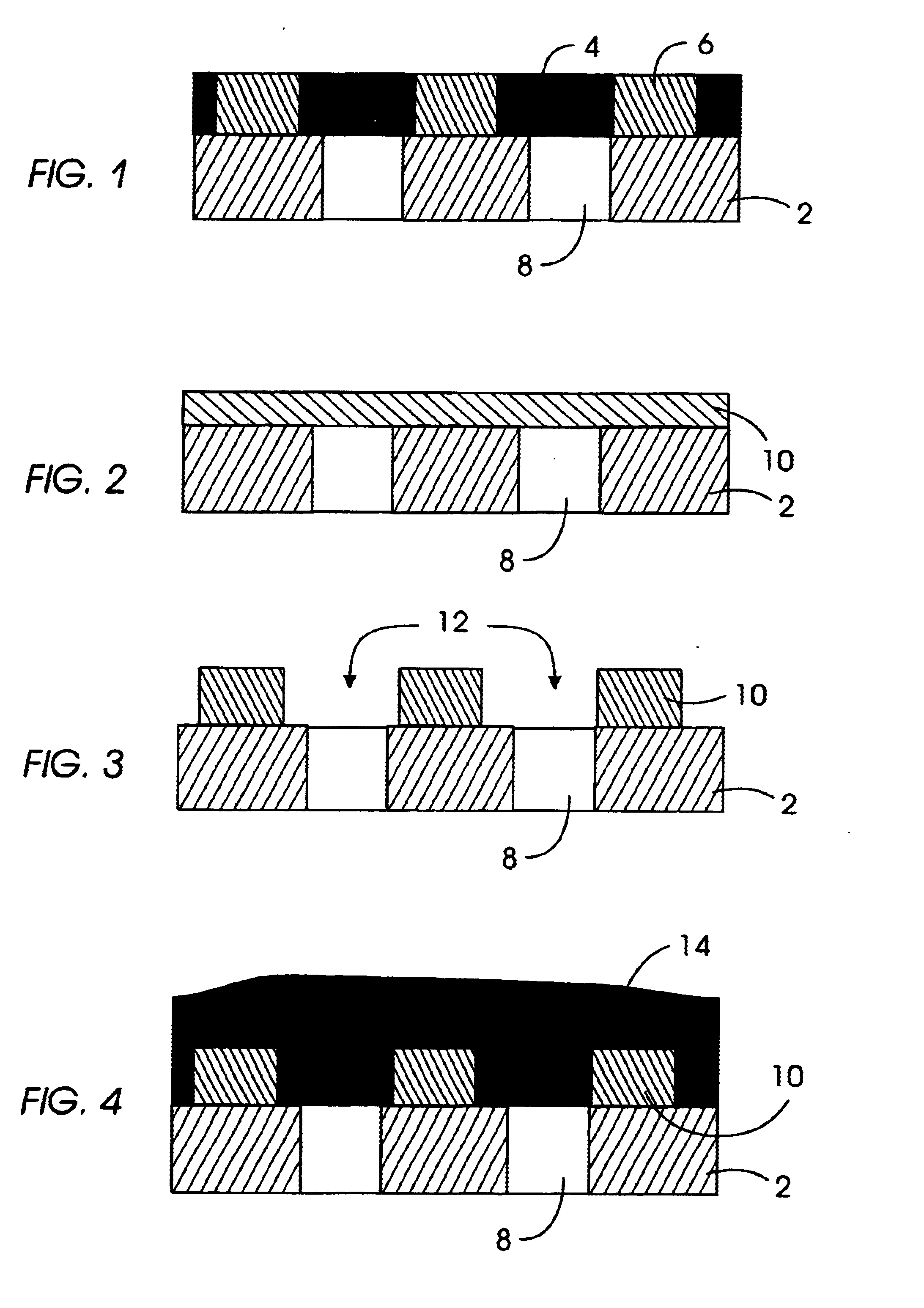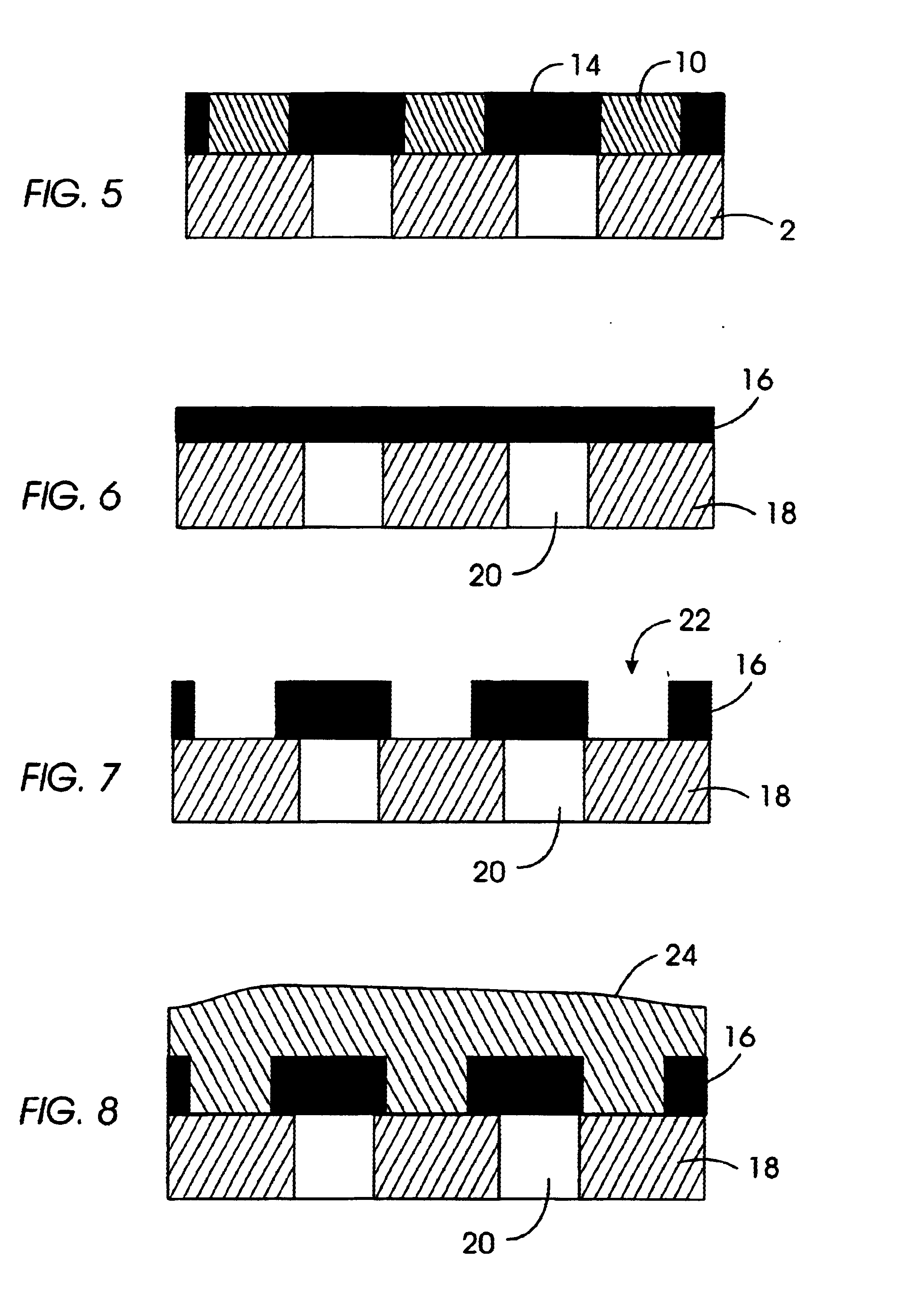Patents
Literature
22881results about "Foundry moulds" patented technology
Efficacy Topic
Property
Owner
Technical Advancement
Application Domain
Technology Topic
Technology Field Word
Patent Country/Region
Patent Type
Patent Status
Application Year
Inventor
Composite proppant, composite filtration media and methods for making and using same
InactiveUS6632527B1Avoid condensationReduce molecular weightPretreated surfacesGlass/slag layered productsFiberFiltration
Composite particles made of a binder and filler material are provided for use in subterranean formations. The filler is finely divided mineral and optional fiber. The particles are proppants useful to prop open subterranean formation fractures. The particles are also useful for water filtration and artificial turf for sports fields. Methods of making the composite particles are also disclosed.< / PTEXT>
Owner:HEXION INC
Methods and systems for the manufacture of layered three-dimensional forms
ActiveUS20050017394A1Lower potentialEasy to controlConfectionerySweetmeatsParticulatesBiological activation
New methods and systems for manufacturing a three-dimensional form, comprising steps of providing a plurality of particulates; contacting the particulates with an activation agent; contacting particulates having the activation agent with a binder material that is activatable by the activation agent; at least partially hardening the binder for forming a layer of the three-dimensional form; and repeating these steps to form the remainder of the three-dimensional form. Following sequential application of all required layers and binder material to make the form, the unbound particles are appropriately removed (and optionally re-used), to result in the desired three-dimensional form. The invention also contemplates a novel method for preparing a form, where unbound particulates free of binder material are re-claimed.
Owner:EXONE
Disposable knee mold
An orthopedic implant device and method is disclosed. Specifically, a knee mold system is disclosed, including elastic tibial and femoral molds, each of which may be configured and dimensioned as a unitary mold for in situ placement during a surgical procedure. Each mold may be manufactured from an elastic material that may be disposable. The tibial mold may further comprise a sidewall forming a cavity, markings for relative depth measurement, and depth rings for use as a guide for scoring, cutting, and / or trimming and tearing away an excess portion of the tibial mold. The femoral mold may further comprise a sidewall defining a cavity, two legs extending from a body of the femoral mold for forming the artificial condyles, and an eyelet for aiding in placement and removal of the femoral mold. The resulting prosthetic tibial and femoral components may form an articulation surface that mimics, at least in part, the natural articulation surface of the knee.
Owner:ORTHO DEV CORP
Cast form water borne coating and technique for preparing the same
InactiveCN101497105AGood water dispersibilityGood suspensionFoundry mouldsFoundry coresDefoaming AgentsCorrosion
The invention relates to an auxiliary material for casting a mould, in particular to a casting mould water-based coating formulation for a sand mould or an expendable pattern casting (EPC), and a process for preparing the same. The casting mould water-based coating formulation consists of refractory powder, a suspending agent, a bonding agent, a surfactant, a defoaming agent, a corrosion remover and water. The process comprises the following steps: adding the suspending agent to the water directly, and mixing and dispersing the mixture in a high speed dispersion machine; adding auxiliary agents including the defoaming agent, the surfactant, the corrosion remover, and the like to the water, and mixing the auxiliary agents; adding the refractory powder to the mixture to be mixed; and adding the bonding agent to the mixture to be mixed, and then adding water to adjust the coating until the coating has the thickness in a using state to obtain the finished product. The coating prepared by the process has the effects that the coating ensures that a high-density low-viscosity coating has excellent suspension property and storage stability, a coating layer is not easy to crack after drying, the coating is advantageous to improve the capacity of the coating to resist high temperature metal corrosion, and the like.
Owner:深圳市景鼎现代科技有限公司
High effectiveness cooled turbine vane or blade
InactiveUS6974308B2Improve cooling efficiencyEasy to manufacturePump componentsEngine fuctionsSuction stressConventional casting
A robust multiple-walled, multi-pass, high cooling effectiveness cooled turbine vane or blade designed for ease of manufacturability, minimizes cooling flows on highly loaded turbine rotors. The vane or blade design allows the turbine inlet temperature to increase over current technology levels while simultaneously reducing turbine cooling to low levels. A multi-wall cooling system is described, which meets the inherent conflict to maximize the flow area of the cooling passages while retaining the required section thickness to meet the structural requirements. Independent cooling circuits for the vane or blade's pressure and suction surfaces allow the cooling of the airfoil surfaces to be tailored to specific heat load distributions (that is, the pressure surface circuit is an independent forward flowing serpentine while the suction surface is an independent rearward flowing serpentine). The cooling air for the independent circuits is supplied through separate passages at the base of the vane or blade. The cooling air follows intricate passages to feed the serpentine thin outer wall passages, which incorporate pin fins, turbulators, etc. These passages, while satisfying the aero / thermal / stress requirements, are of a manufacturing configuration that may be cast with single crystal materials using conventional casting techniques.
Owner:HONEYWELL INT INC
Investment casting cores
Owner:RTX CORP
Picowell capture devices for analysing single cells or other particles
InactiveUS20120156675A1Easy to adaptCompared rapidly and convenientlyBioreactor/fermenter combinationsBiological substance pretreatmentsIndividual analysisBiopolymer
Owner:OXFORD GENE TECH IP
Systems and methods for removing lenses from lens molds
ActiveUS20070035049A1Efficient heatingFacilitate agitationMould separation apparatusConfectioneryEngineeringWedge shape
Methods and apparatus for separating mold sections, removing a lens product from the separated mold sections, and transferring the lens product to a processing tray are provided and include contacting assembled mold sections with a warm fluid to break fused portions between the mold sections, and using one or more wedge shaped elements to pry apart and separate the mold sections, one from the other. A vacuum head having multiple vacuum ports is employed for lifting the newly molded lens product from a mold section and for releasing the lens from the vacuum head into a processing tray. A cylinder of flowing air directed around the circumference of the lens is effective to maintain the lens in an unfolded position as the lens is being released into the processing tray. A tray set including multiple trays holding multiple lenses is provided and includes features for enabling visual and / or mechanical distinction of the trays and lenses held thereby.
Owner:COOPERVISION INT LTD
Anti-seepage burnon casting paint made from alcohol base or aqueous sand powder
InactiveCN1666828AExcellent anti-seepage and sticky sand effectSmall specific surface areaFoundry mouldsFoundry coresWater basedAlcohol
The invention relates to the melting coating of alcohol-base or water-base anti-penetrating sands, which uses the fireproofing bone materials, the floating agent, the felting agent, the reinforcing agent and the carrier as the preparing coating. The weight shares of the said coating are: 100,3-8,3-7,0.2-1.0 and 30-40. The invention uses chrome iron minerals as the main materials and is prior to any kinds of the traditional coating.
Owner:HUBEI UNIV OF TECH
Coolable airfoil structure
InactiveUS6234754B1Durability and thermomechanical performanceIncreased durabilityPump componentsEngine fuctionsCastabilityInternal heat transfer
A coolable airfoil structure having internal heat transfer features through which cooling air is flowed under operative conditions is disclosed. Various construction details and features are developed which affect the castability and core strength during manufacture and strength and cooling effectiveness of the airfoil after manufacture. In one particular embodiment, the airfoil has a plurality of heat transfer members disposed in the rearmost section of the trailing edge region which comprises a single impingement rib, a single row of pedestals and a single row of chordwisely extending flow dividers.
Owner:UNITED TECH CORP
Low-density, open-cell, soft, flexible, thermoplastic, absorbent foam and method of making foam
A soft, flexible, low-density, open-cell, thermoplastic, absorbent foam formed from a foam polymer formula including a balanced amount of a plasticizing agent and a surfactant in combination with a base resin. Thermoplastic elastomers can be added to the foam polymer formula to improve softness, flexibility, elasticity, and resiliency of the resulting foam. The surfactant may be either a single surfactant or a multi-surfactant system. The foam possesses a number of qualities, such as softness and strength, which render the foam particularly suitable for use in a variety of personal care products, medical products, and the like.
Owner:KIMBERLY-CLARK WORLDWIDE INC
Airfoil cooling circuits and method
InactiveUS20080080979A1Pump componentsBlade accessoriesElectrical and Electronics engineeringAirflow
An airfoil is disclosed having at least first and second cast, axially-stacked internal airflow cooling circuits. Each circuit defines multiple air flow passages positioned laterally between a pressure sidewall side and a suction sidewall side of respective ones of the circuits. Each of the circuits is formed by a separate casting core. Methods of forming a axially-stacked core and an airfoil are also disclosed.
Owner:GENERAL ELECTRIC CO
Turbine element
A turbine element airfoil has a cooling passageway network with a slot extending from a trailing passageway toward the trailing edge. A number of discrete posts span the slot between pressure and suction sidewall portions.
Owner:RTX CORP
Method for constructing patterns in a layered manner
A process to produce models in layers is described, whereby a first material and then selectively a second material is applied in layers on a building platform and these two application stages are repeated until a desired pattern is achieved. The two materials form a solid if a suitable mixture ratio is used and the first material is a material mixture. The material mixture is at least partially prepared prior to each application stage.
Owner:EXONE
Controlled local/global and micro/macro-porous 3D plastic, polymer and ceramic/cement composite scaffold fabrication and applications thereof
InactiveUS7087200B2Easy to controlImprove interconnectivityMouldsJoint implantsManufacturing technologyFree form
An indirect solid free form scaffold manufacturing technique is provided. More particularly, the present invention provides a set of molds, casting methods, mold removals, and surface modification techniques that are compatible with image-based design methods and with solvent, melt, and slurry casting of polymers and ceramics.
Owner:RGT UNIV OF MICHIGAN
Method of forming a temporary implant and mold assembly for same
InactiveUS20070222114A1Risk of separationArtificial flowers and garlandsJoint implantsBone cementMaterials science
A mold assembly and method of forming a surgical implant from bone cement. The method has the steps of connecting a plurality of mold segments to approximate the size of a patient implant. Each mold segment has an open channel. The method may further include aligning the channels of connected mold segments, positioning a centralizing holder on a reinforcement member, mixing bone cement, pouring at least some bone cement through the channels and into connected mold segments, fitting the reinforcement member into the mold segments, curing the bone cement; and removing the cured surgical implant.
Owner:ZIRAN BRUCE H +1
Particulate material containing thermoplastics and methods for making and using the same
ActiveUS7270879B2Trend downImprove abilitiesPretreated surfacesGlass/slag layered productsParticulatesThermoplastic
Disclosed herein is a particle comprising a particulate substrate; and a thermoplastic elastomer present on or in the substrate as an amount sufficient to improve the dust suppression of the particle above that which would occur if the thermoplastic elastomer was absent. Disclosed herein is a particle comprising a particulate substrate; and a thermoplastic elastomer, wherein the particle has a compressive strength retention of greater than about 50% as measured by a UCS test and a turbidity of about 10 to 200 NTU after a one hour ball mill test.
Owner:HEXION INC
Contact lens mold assemblies and systems and methods of producing same
ActiveUS20070035051A1Prevent materialEnhanced cavitationOptical articlesStereotype platesEngineeringContact lens
Methods and apparatus are provided for making an ophthalmic lens. Apparatus are provided for filling contact lens shaped cavities of contact lens molding assemblies. Methods of coupling and fusing contact lens mold sections are also provided and generally include providing first and second mold sections which when coupled together are effective to form a lens-shaped cavity and contact regions between the mold sections. One or both of the mold sections may include one or more recessed regions or projections which provide areas of non-fusion and areas of fusion, respectively, when the mold sections have been filled with a contact lens precursor material and are fused together, for example, by means of focused ultrasound energy.
Owner:COOPERVISION INT LTD
Rapid prototype casting
Methods for rapid prototype casting metal components, wherein the metal components are cast in a secondary ceramic mold, the secondary ceramic mold is cast in a primary mold, and the primary mold is formed by rapid prototyping or rapid manufacturing. The secondary ceramic mold may comprise a one-piece integral shell and core(s), and the metal components may have at least one hollow portion or void therein, such as a hollow airfoil for a gas turbine engine.
Owner:HONEYWELL INT INC
Integrated ceramic/metallic components and methods of making same
Integrated ceramic / metallic components and methods of making same are described herein. Embodiments of these integrated ceramic / metallic components comprise a metallic non-foam region; and a ceramic foam region comprising a gradient porosity therein, wherein the ceramic foam region and the metallic non-foam region are integrally formed together to create the integrated ceramic / metallic component. Embodiments of these integrated ceramic / metallic components comprise a metallic region; and a single piece ceramic foam construction comprising a plurality of ceramic foam regions therein, each ceramic foam region comprising a predetermined pore size and a predetermined volume percent porosity, wherein the single piece ceramic foam construction is integrally joined to the metallic region to form the integrated ceramic / metallic component. These components may be utilized in gas turbine engines.
Owner:UNITED TECH CORP
High flow, hydrogenated styrene-butadiene-styrene block copolymer and applications
The invention relates to unique applications for the novel high melt flow, low viscosity, selectively hydrogenated styrene-butadiene-styrene (hSBS) or selectively hydrogenated controlled distribution styrene-butadiene / styrene-styrene (hSBSS) block copolymers, wherein the melt flow rate of said block copolymer is at least 100 g / 10 min at 230° C. under 2.16 kg mass according to ASTM D1238. These block copolymers are novel and have the highest melt flow rate of any styrenic block copolymer also possessing high strength and elasticity. It has applications that prior to the present invention were not normally possible due to the normal low melt flow rate of styrenic block copolymers. The present invention also encompasses various fields of use such as a fiberglass hSBS or hSBSS reinforced mat, low viscosity hSBS or hSBSS coatings for industrial uses, hot melt adhesives prepared from hSBS or hSBSS blended with polyalpha-olefins, and elastic film, fiber, and nonwoven constructions using hSBS or hSBSS.
Owner:KRATON POLYMERS US LLC
Non-specific binding resistant protein arrays and methods for making the same
InactiveUS6897073B2Effective resistanceMaterial nanotechnologyBioreactor/fermenter combinationsBiological bodyCell biology
Arrays of protein-capture agents useful for the simultaneous detection of a plurality of proteins which are the expression products, or fragments thereof, of a cell or population of cells in an organism are provided. A variety of antibody arrays, in particular, are described. Methods of both making and using the arrays of protein-capture agents are also disclosed. The invention arrays are particularly useful for various proteomics applications including assessing patterns of protein expression and modification in cells.
Owner:ZYOMYX
Foamable interpolymer resin particles containing limonene as a blowing aid
ActiveUS20040152795A1Lower Level RequirementsImprove acceleration performanceFoundry mouldsFoundry coresPolyolefinFoaming agent
Interpolymer resin particles comprised of 20% to 80% by weight polyolefin, e.g. polyethylene and 80% to 20% by weight of an in situ polymerized vinyl aromatic resin, e.g. polystyrene or poly(styrene-butyl acrylate) and forming an interpenetrating network of polyolefin and vinyl aromatic resin particles. The interpolymer particles are impregnated with a volatile hydrocarbon blowing agent, and limonene, e.g. d-limonene, ranging from about 0.1 to about 5 parts, preferably 0.1 to 1 part by weight, based on 100 parts by weight of the interpolymer particles, for improved expandability and a pleasant fragrance.
Owner:BVPV STYRENICS LLC
Crosslinked polymer composition
A polymer composition that includes a first polyolefin polymer and an interpenetrating network polymer. The interpenetrating network polymer includes a second polyolefin polymer present in an amount of from 10 percent by weight to 80 percent by weight, based on total weight of the interpenetrating network polymer, and a vinyl aromatic polymer present in an amount of from 20 percent by weight to 90 percent by weight, based on total weight of the interpenetrating network polymer. As initially provided in the polymer composition, the interpenetrating network polymer is substantially free of crosslinking. The polymer composition itself is at least partially crosslinked. An expandable polymer composition is provided that includes the polymer composition and an expansion agent, which can be expanded to form an expanded polymer composition that can have a density of from 16 to 400 Kg / m3.
Owner:NOVA CHEM INC +1
Mold vent
InactiveUS6367765B1Avoid flowIncrease surface areaConfectioneryFoundry mouldsEngineeringMechanical engineering
A vent, system and method for controlling flow of fluid into and out of a mold cavity. The vent has a plurality of passages that each have narrow oblong slot-shaped openings in the mold cavity and which each expand in size in a direction leading away from its opening. The vent preferably is an insert that comprises a grate with at least a plurality of vent slots. The grate preferably is formed of two halves with fingers that interleave to form the slots when assembled. The grate preferably is discharge machined from disc-shaped blanks cut from elongate stock made a material that preferably is non-porous and smooth. The grate can be mounted in a pocket in the mold cavity or carried by a movable pin. A system uses valving and a source of fluid and, if needed, a source of vacuum to help facilitate venting by drawing atmosphere out of the cavity during molding. The system can also be used to introduce fluid through a vent such as for foaming moldable material in the cavity. The system can also be used to introduce a heat transfer medium into the mold cavity. The system can also be used to accelerate venting during one part of a mold cycle and then introduce fluid into the cavity during the same cycle.
Owner:WIEDER KLAUS A
Investment casting utilizing flexible wax pattern tool for supporting a ceramic core along its length during wax injection
InactiveUS20130333855A1Reducing incidence of damage and movementIncrease pressureFoundry mouldsFoundry coresInjection pressureInvestment casting
An investment casting process wherein the wax pattern tool (42) is flexible to provide compliant support for an enclosed ceramic core (10) and to facilitate removal of the tool from the cast wax pattern (52) even when the cast shape would otherwise require multiple pull planes. Positioning pins (106) may extend from the flexible tool to make compliant contact against the core during the wax injection step. The pins may cooperate with a pedestal (128) formed on the core to support the core along multiple axes during wax injection, thereby allowing a higher wax injection pressure without damage to the core.
Owner:MIKRO SYSYTEMS INC +1
Water-free preparation process for multimodal thermoplastic polymer foam and foam therefrom
Prepare a multimodal thermoplastic polymer foam having a distribution of large and small cells in a substantial absence of water by using a blowing agent stabilizer. Multimodal foams of the present invention have blowing agent stabilizer predominantly located proximate to large cells. The resulting multimodal foams have particular utility as thermal insulating materials.
Owner:DOW GLOBAL TECH LLC
Preparation of crosslinked particles from polymers having activatible crosslinking groups
InactiveUS6890703B2Prevent intermolecular crosslinkingImprove responsePhotosensitive materialsSemiconductor/solid-state device detailsIntegrated circuitSynthetic polymer
Crosslinked particles are provided that are useful in the manufacture of dielectric materials for use in electronic devices such as integrated circuits. The crosslinked particles are prepared by activating crosslinkable groups on synthetic polymer molecules, where the crosslinkable groups are inert until activated and, when activated, undergo an irreversible intramolecular crosslinking reaction to form crosslinked particles.
Owner:IBM CORP
Features
- R&D
- Intellectual Property
- Life Sciences
- Materials
- Tech Scout
Why Patsnap Eureka
- Unparalleled Data Quality
- Higher Quality Content
- 60% Fewer Hallucinations
Social media
Patsnap Eureka Blog
Learn More Browse by: Latest US Patents, China's latest patents, Technical Efficacy Thesaurus, Application Domain, Technology Topic, Popular Technical Reports.
© 2025 PatSnap. All rights reserved.Legal|Privacy policy|Modern Slavery Act Transparency Statement|Sitemap|About US| Contact US: help@patsnap.com
